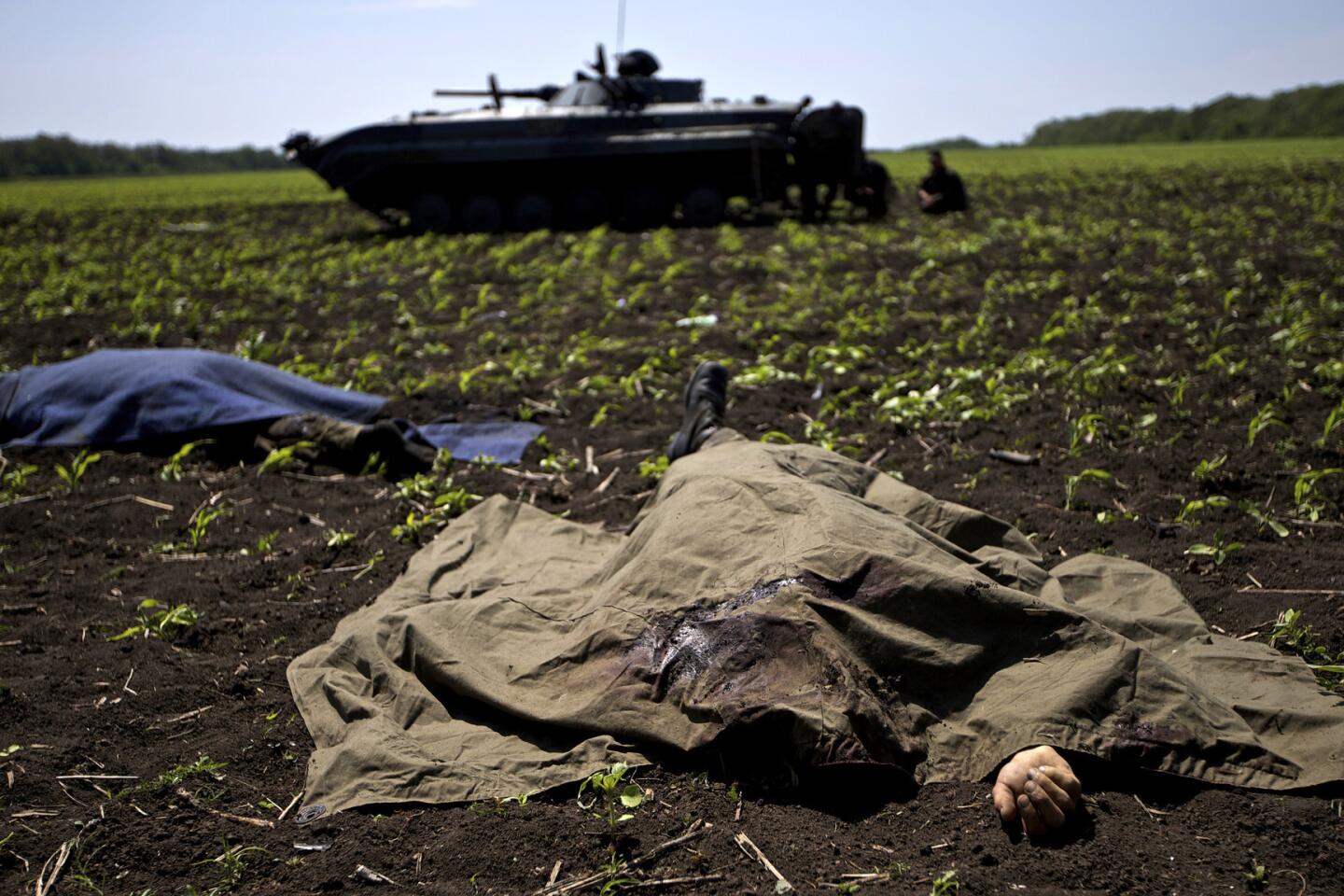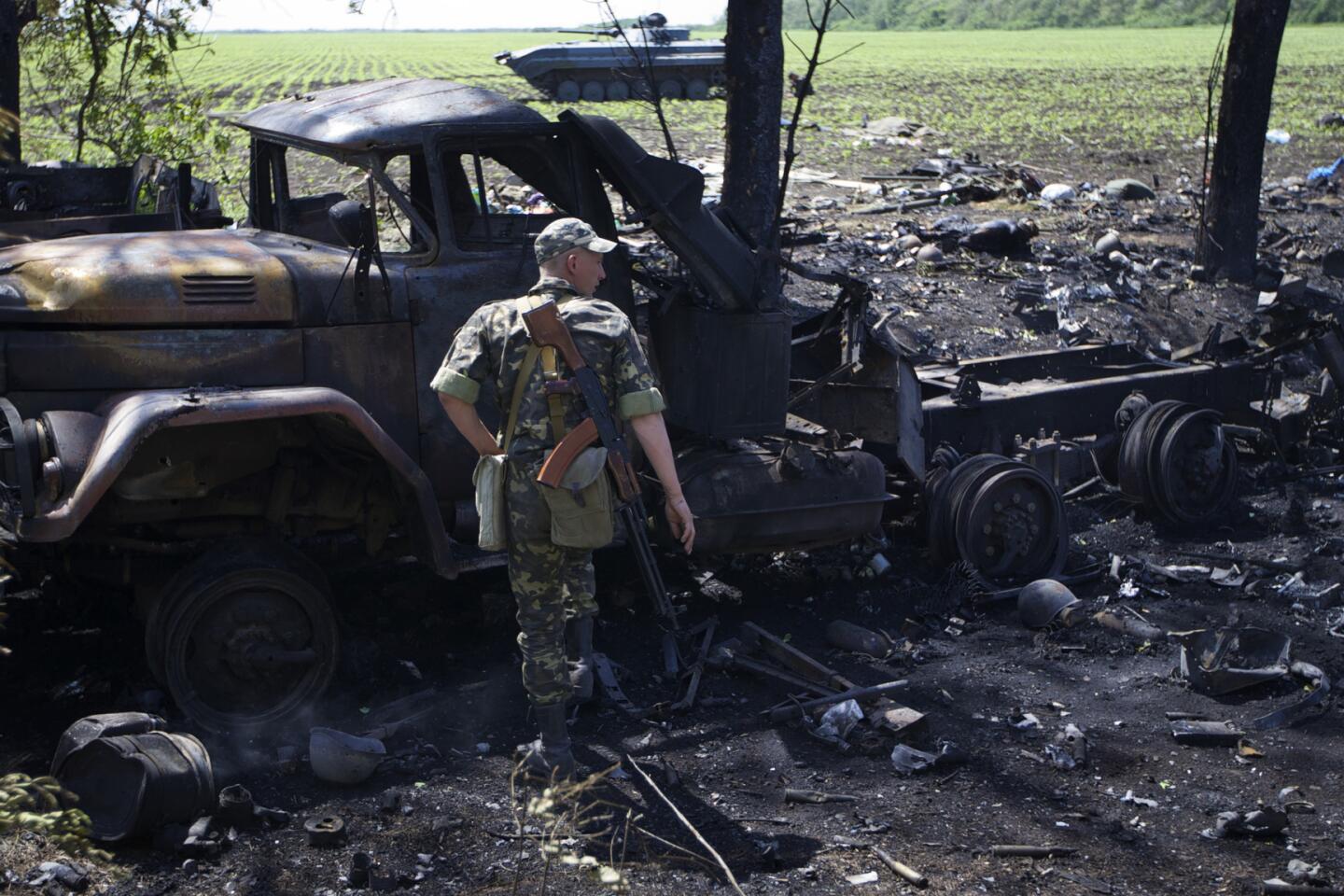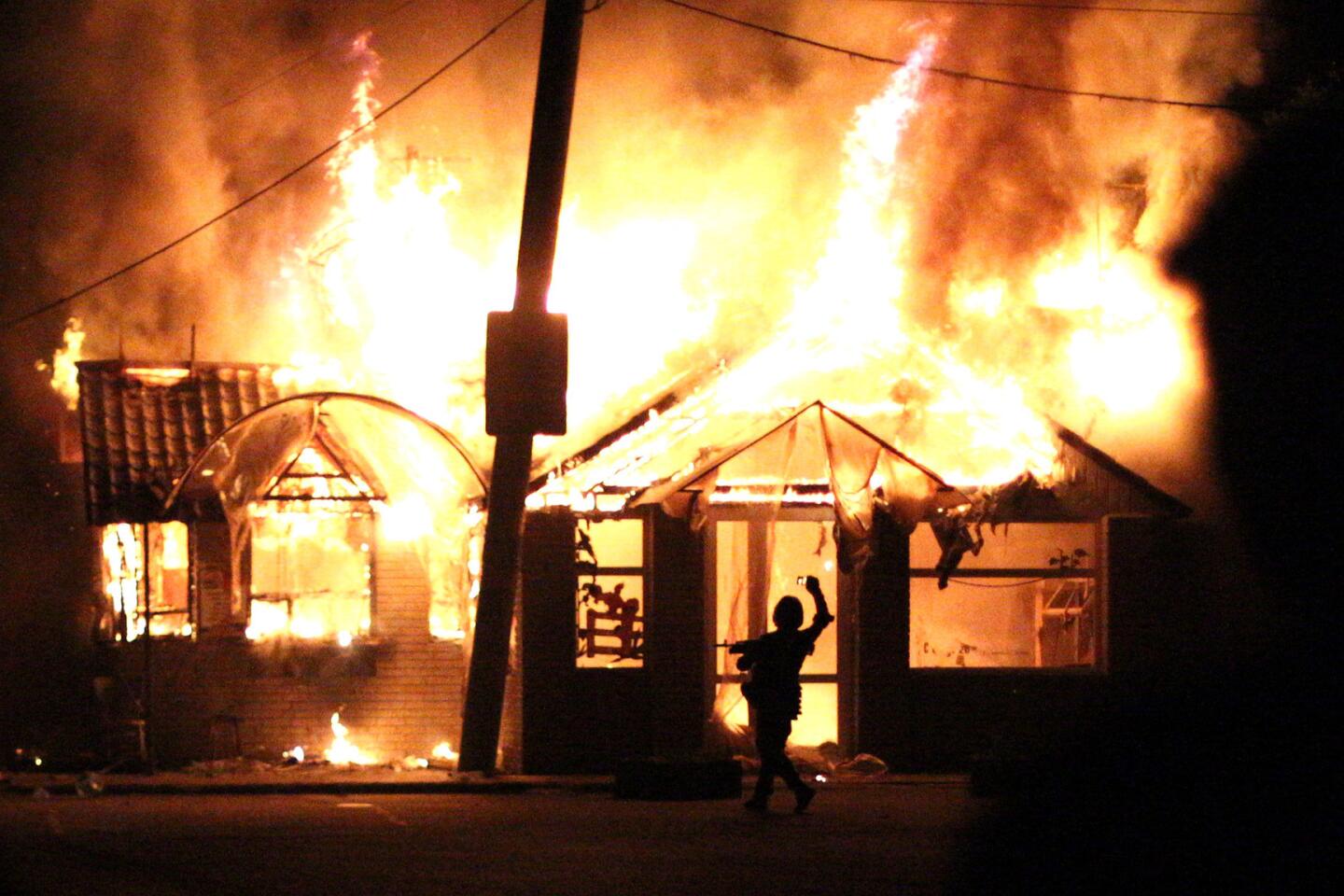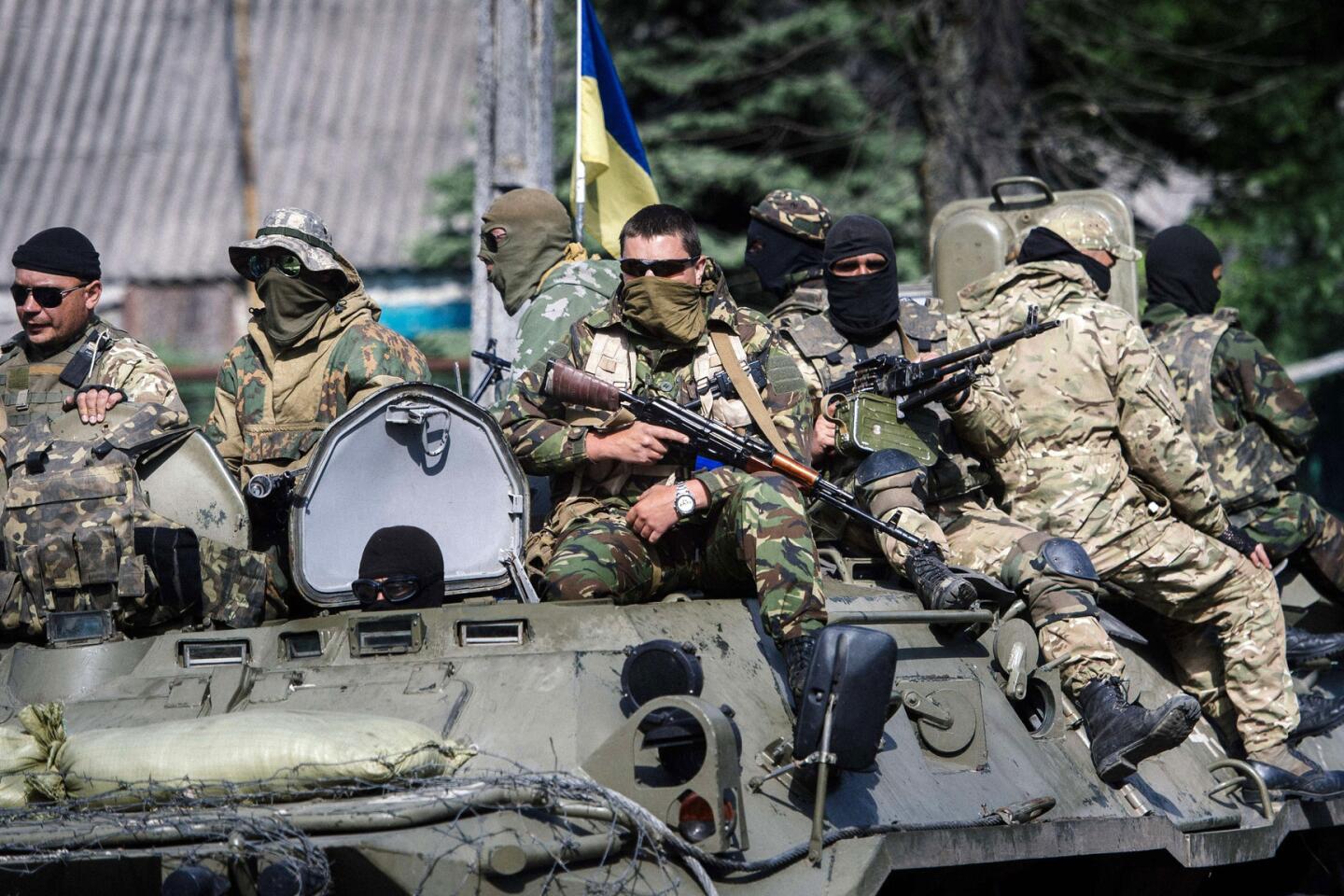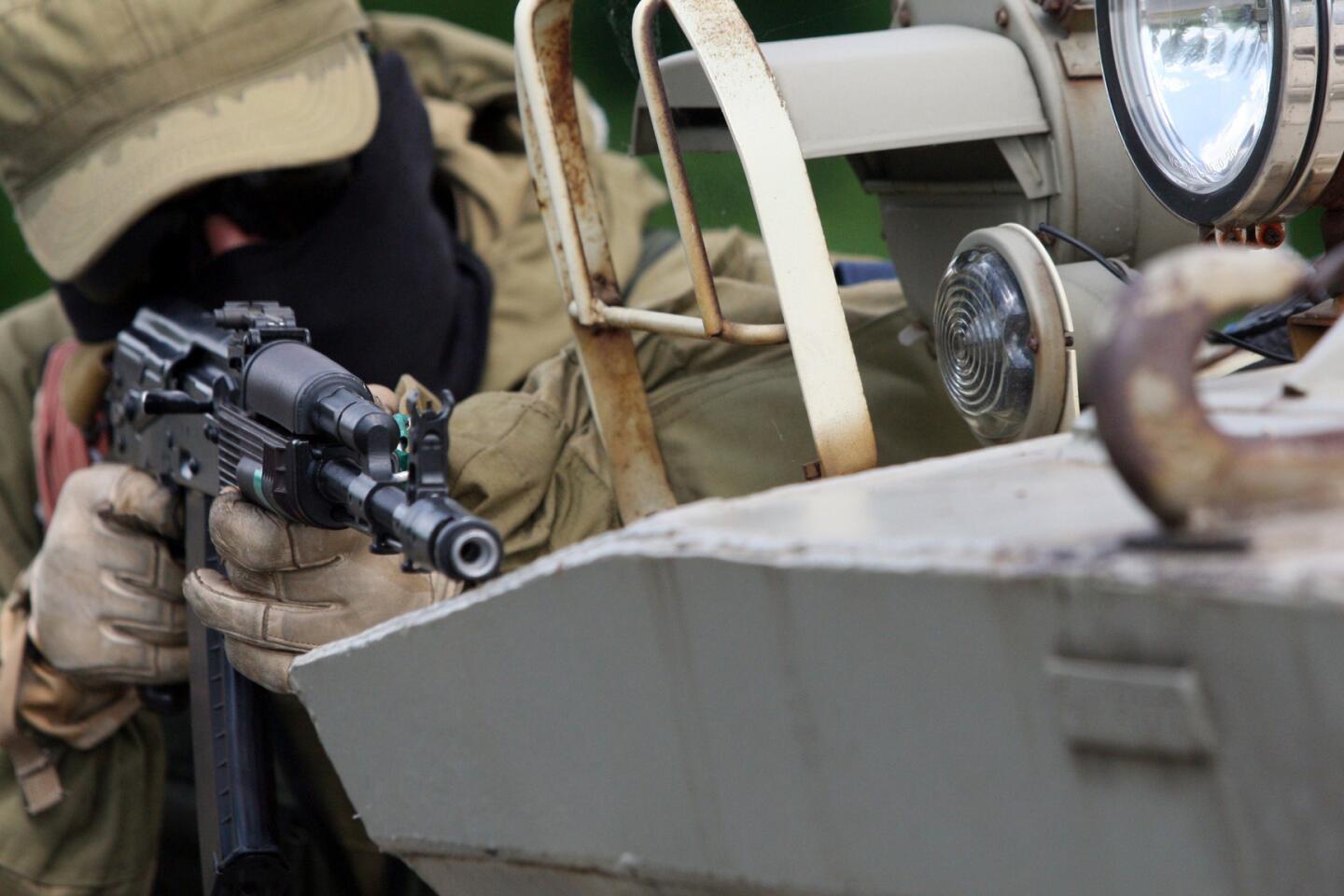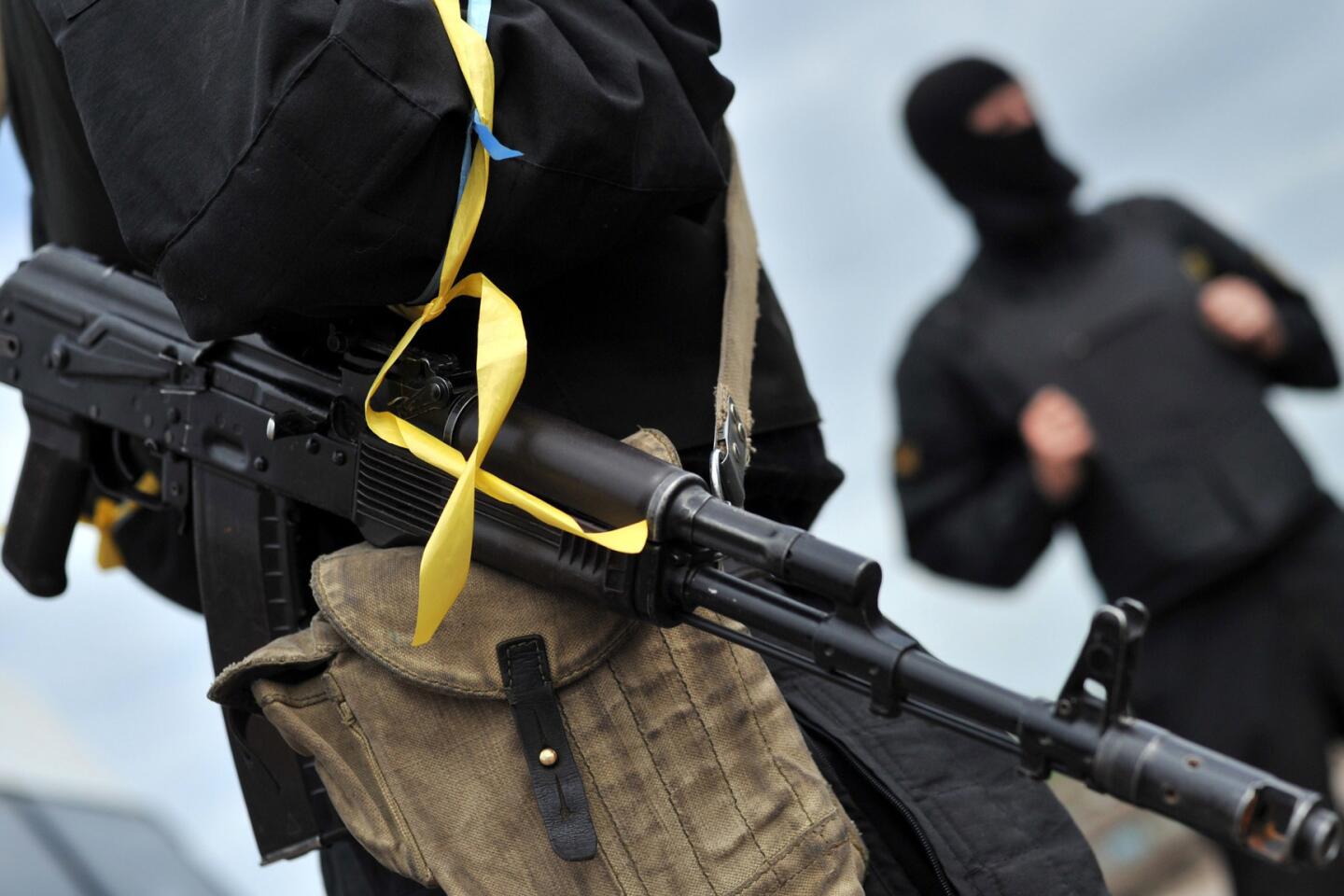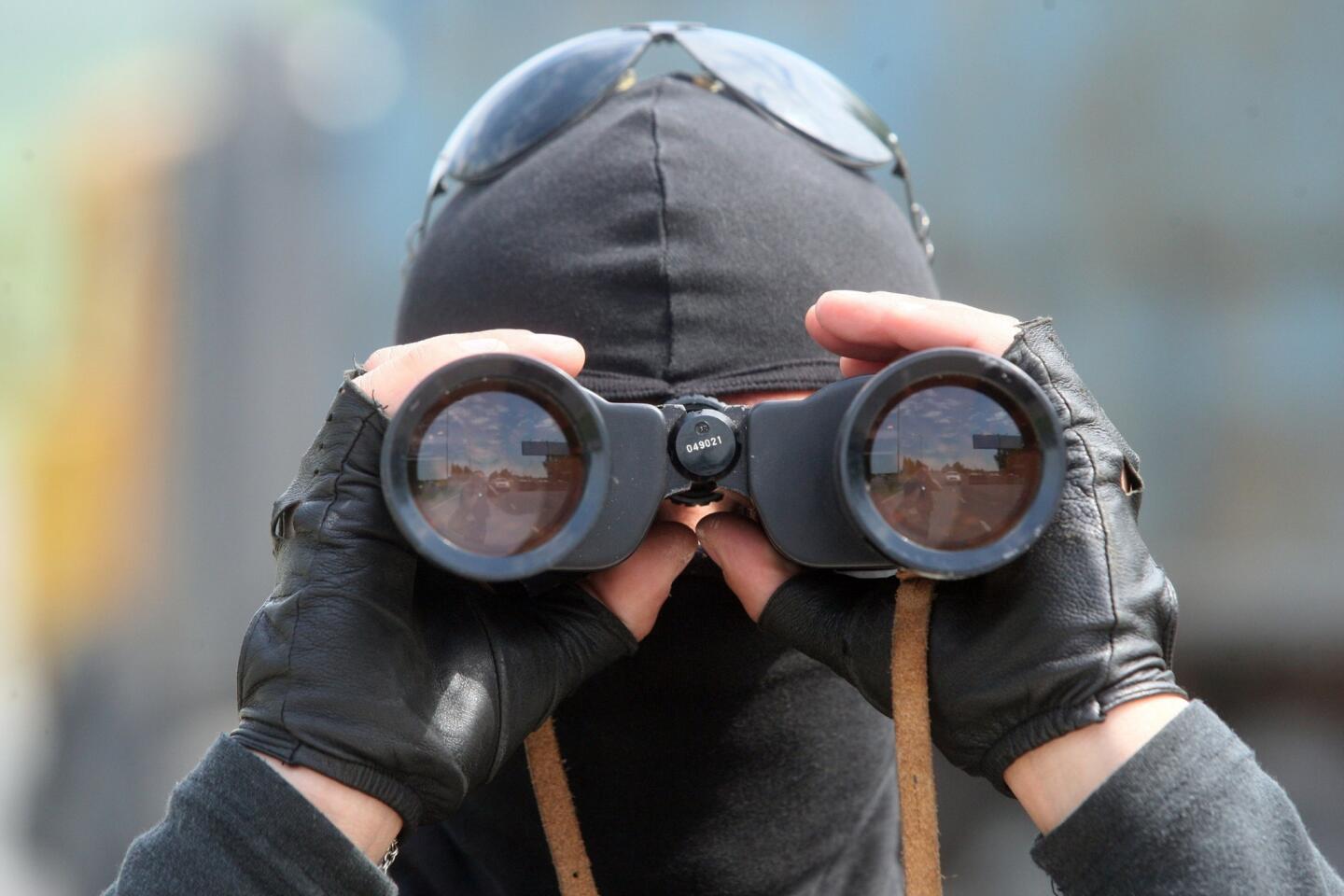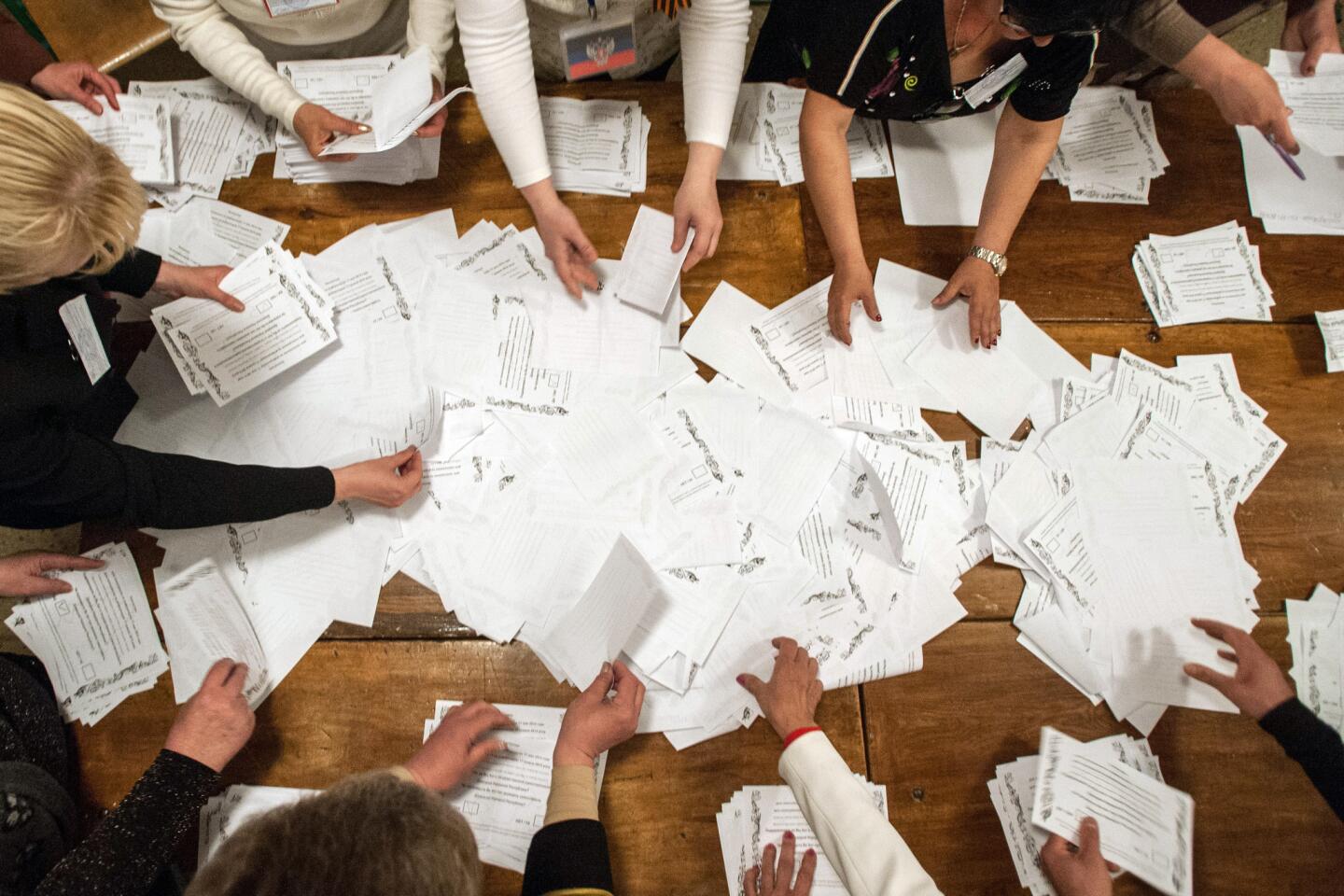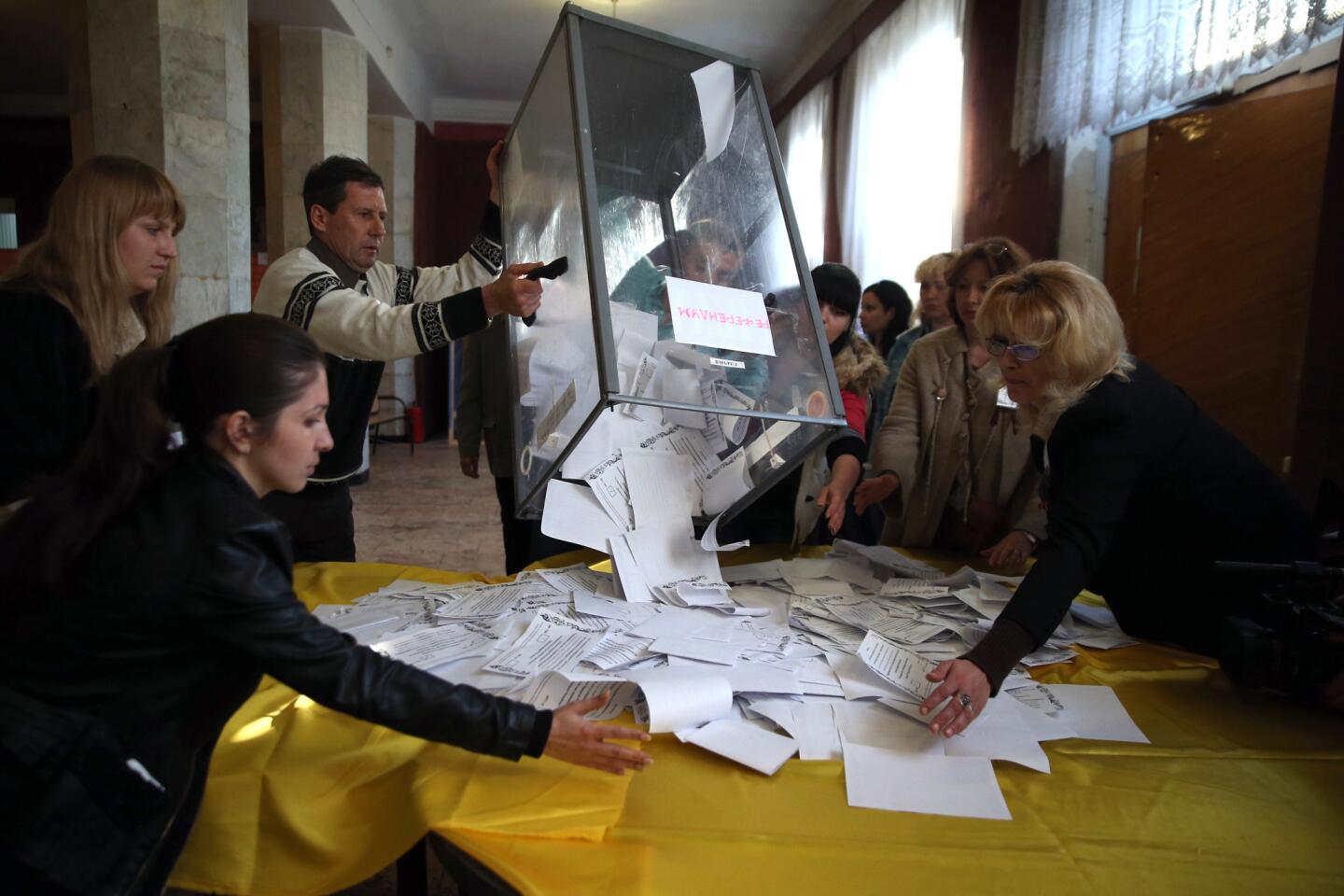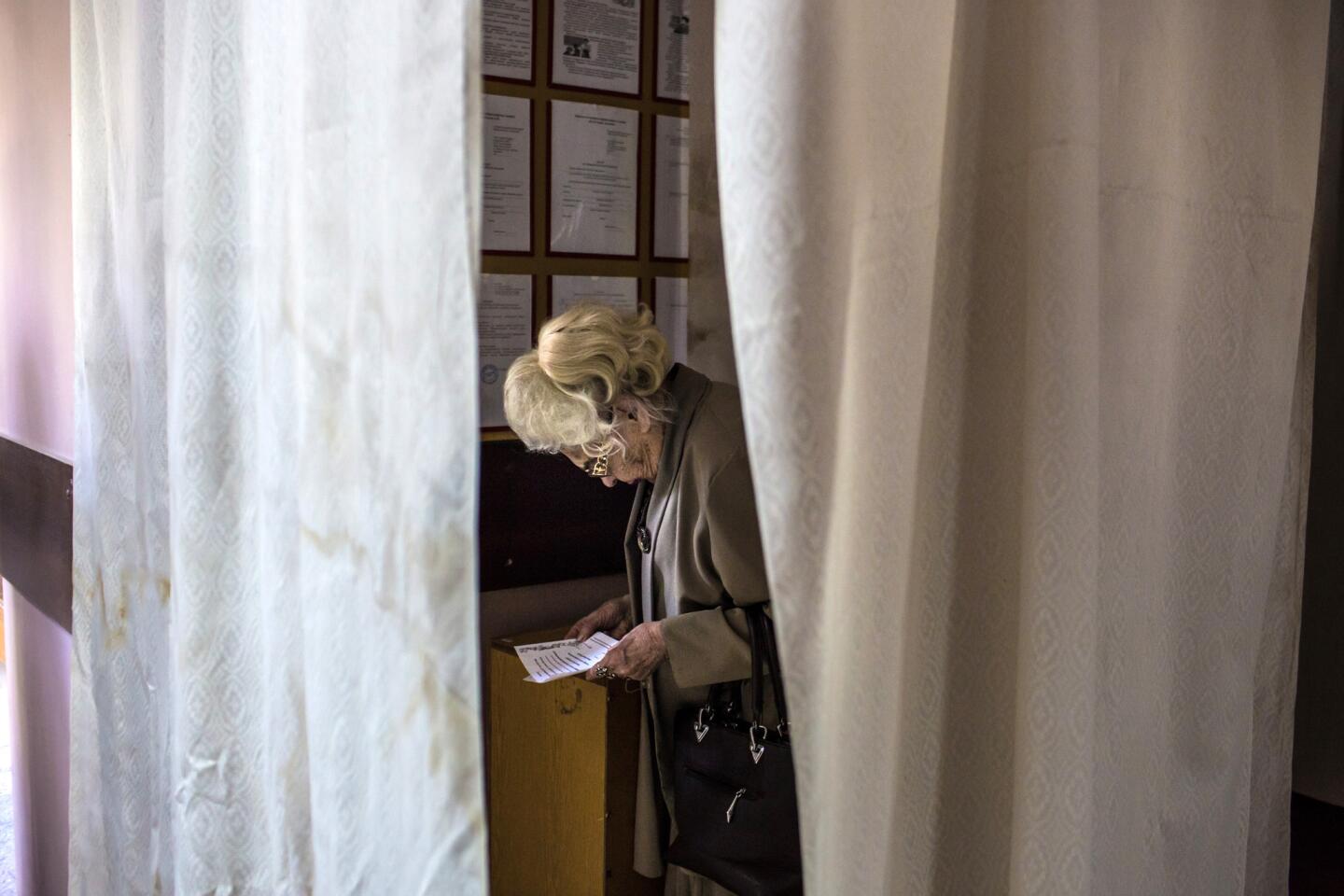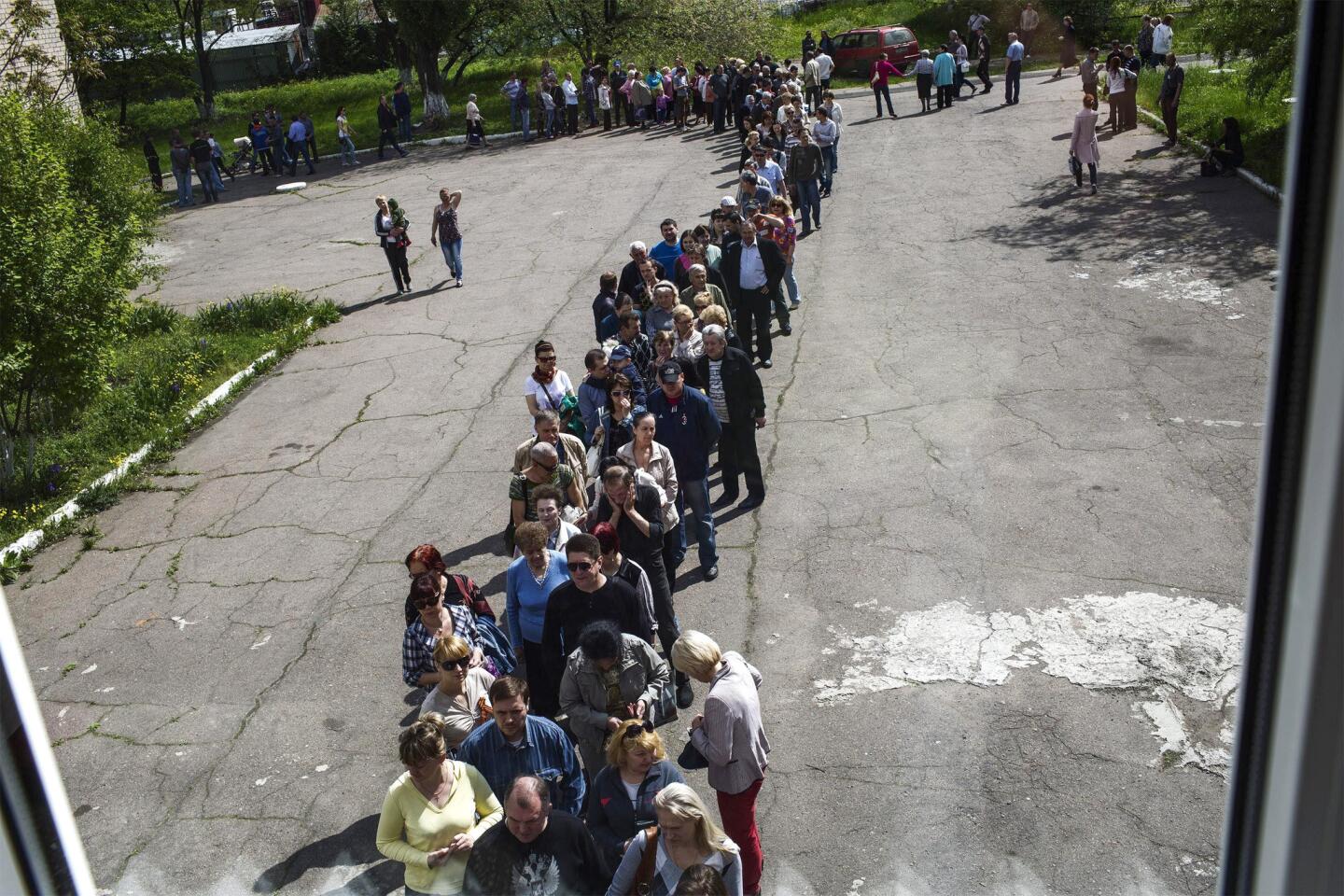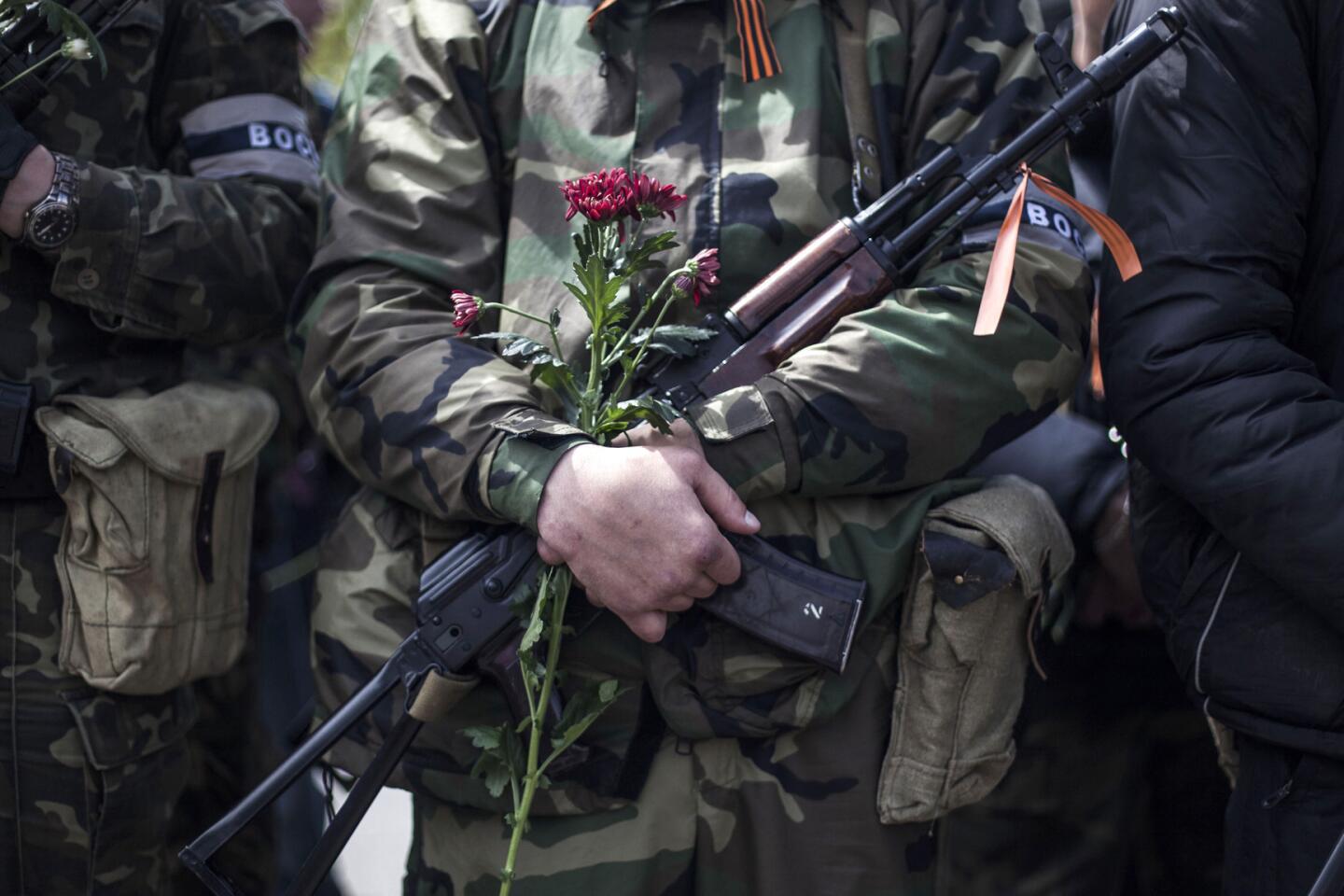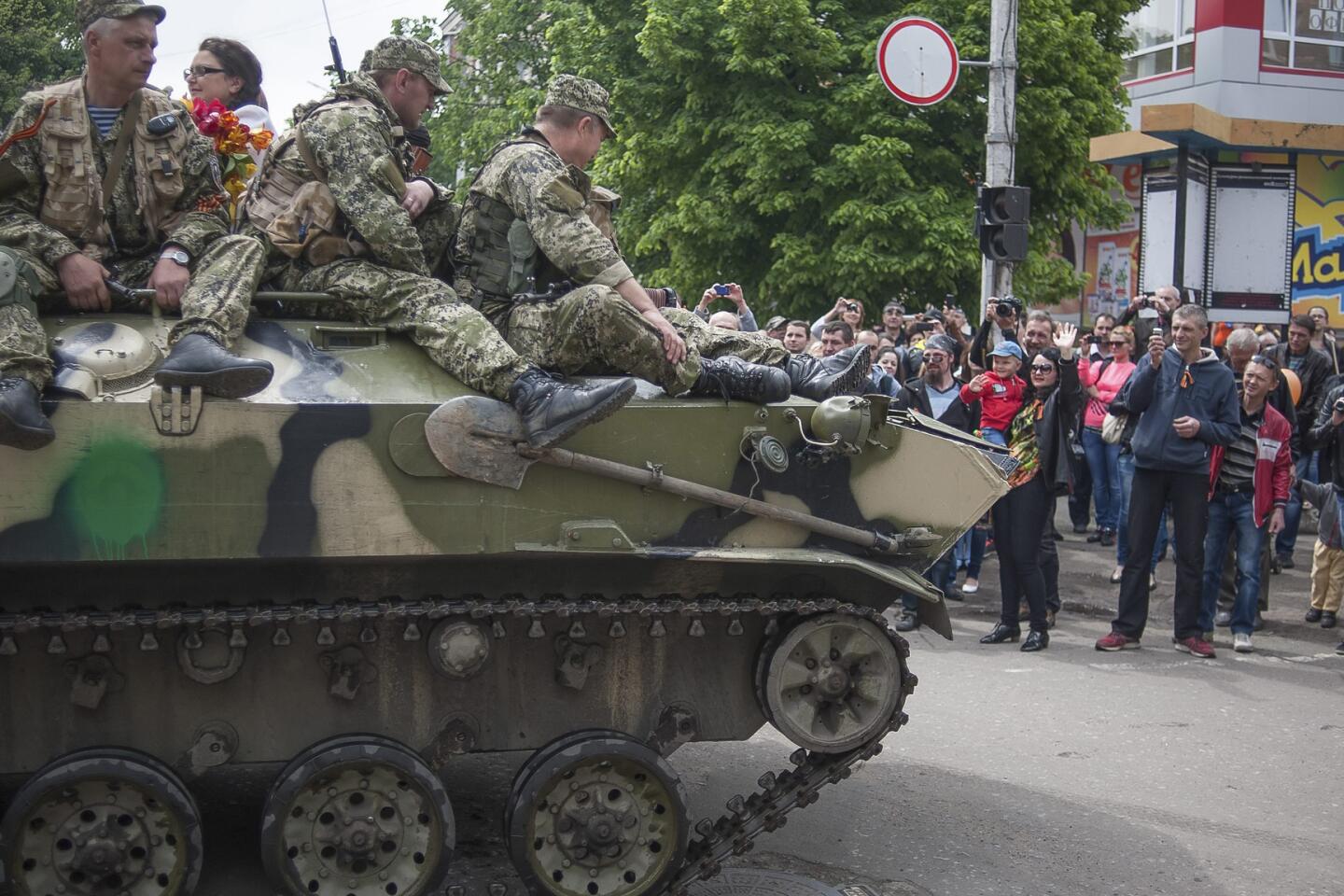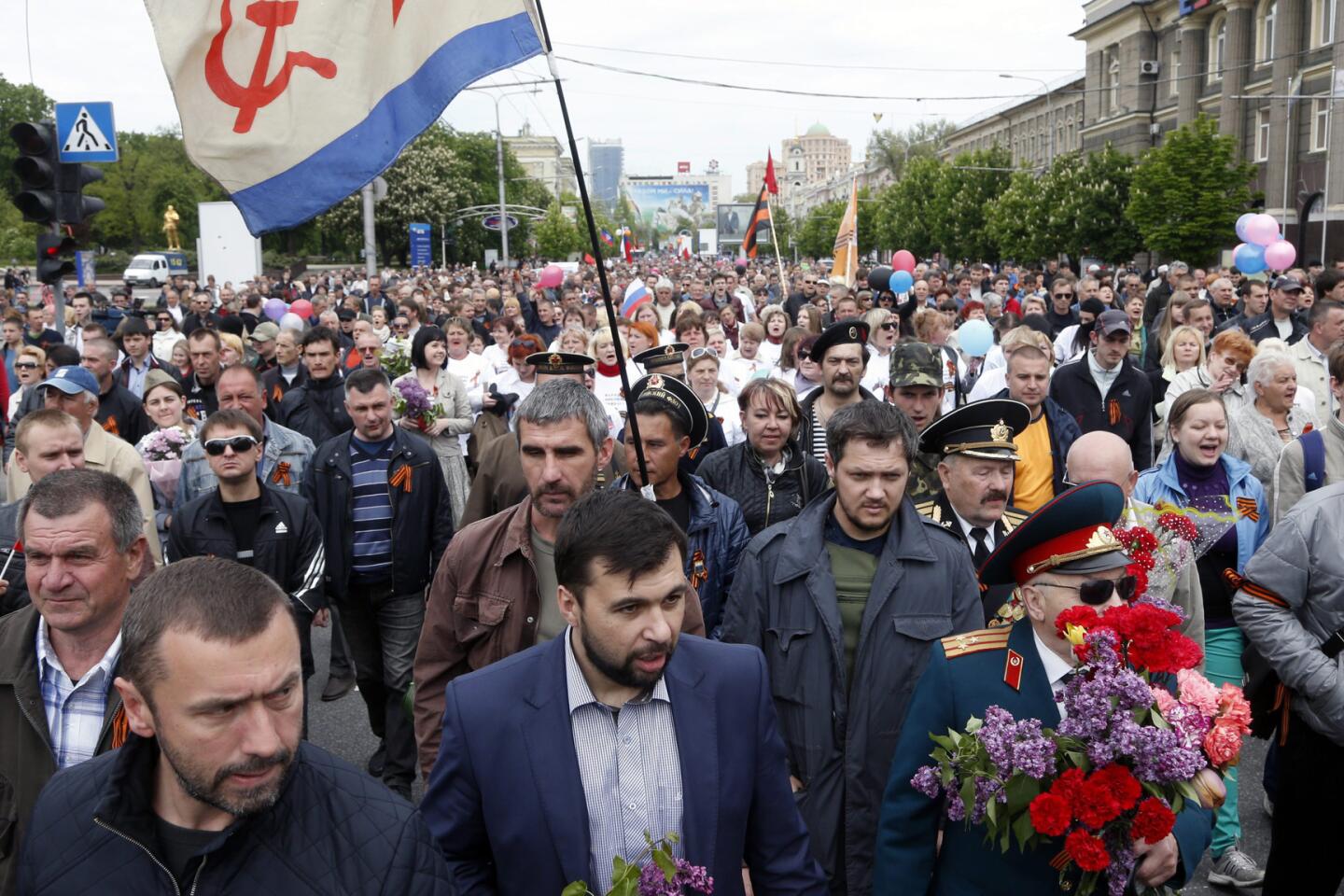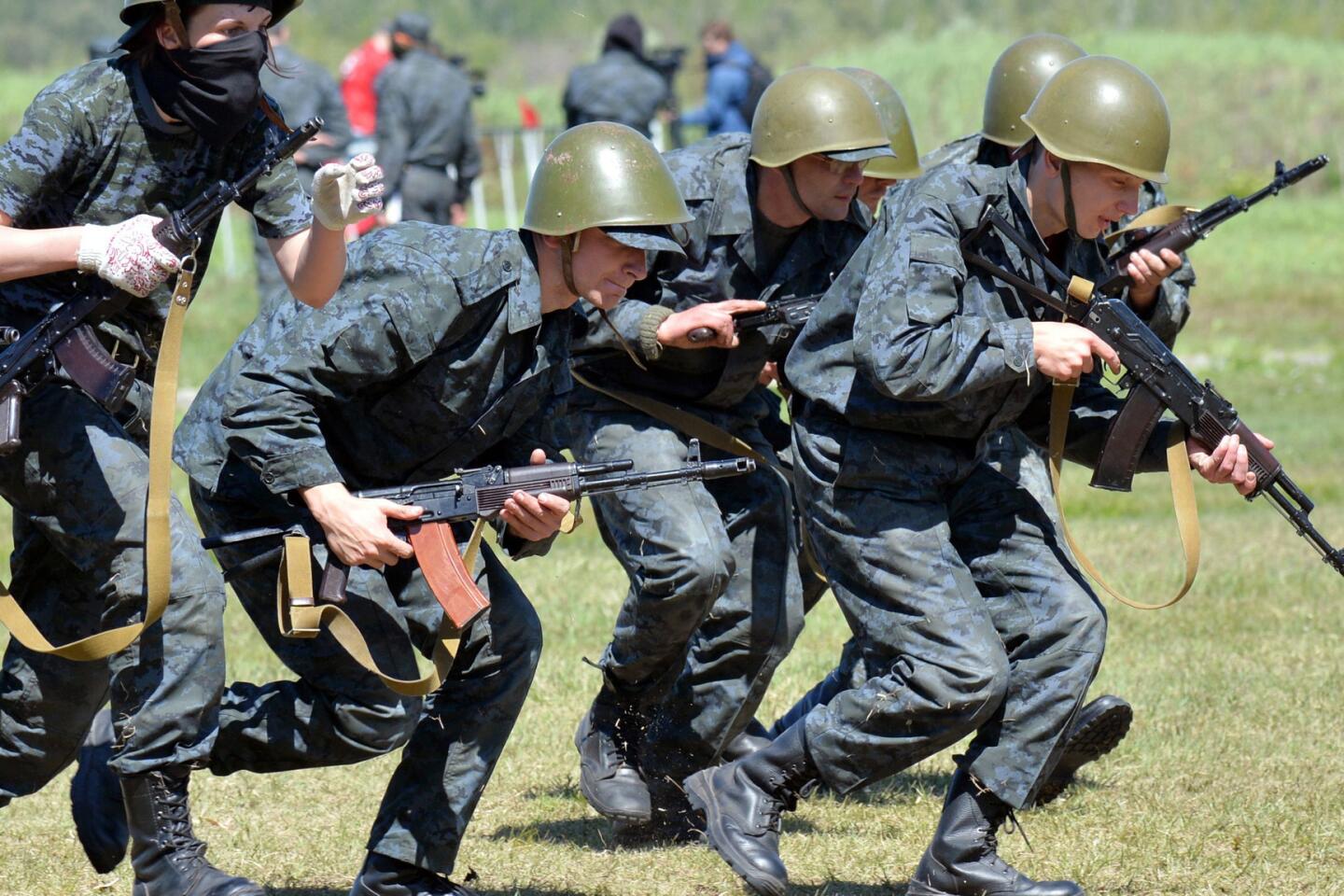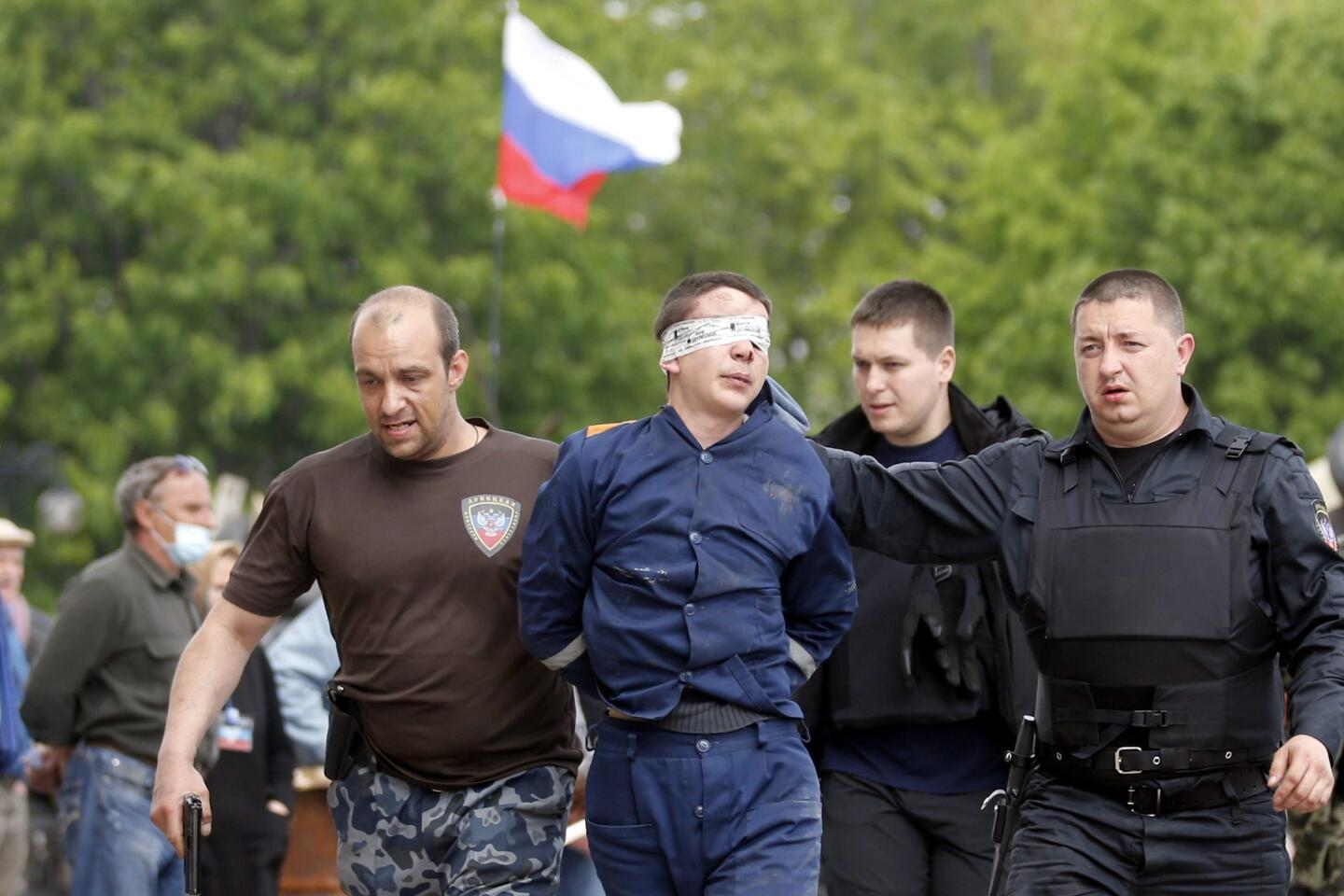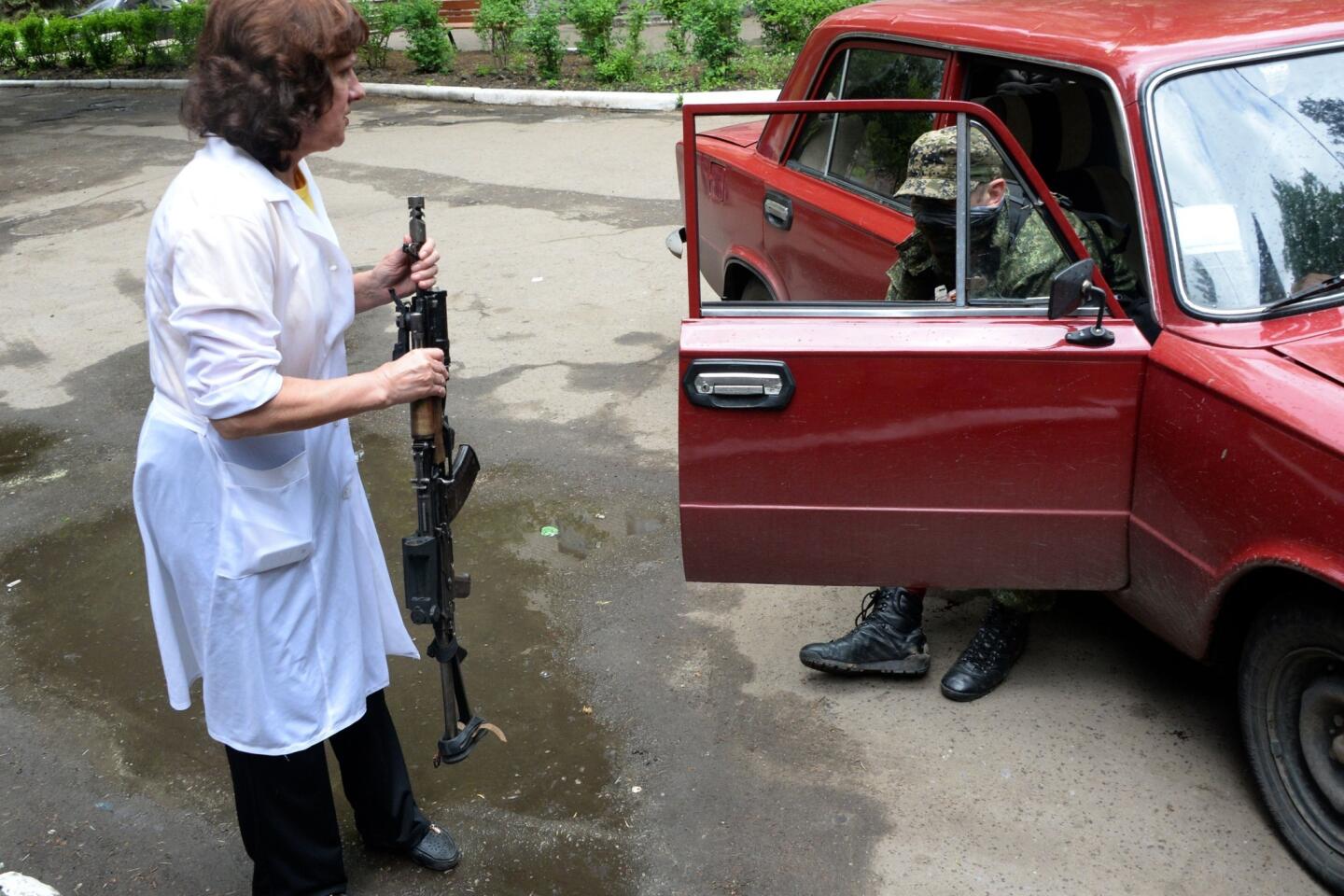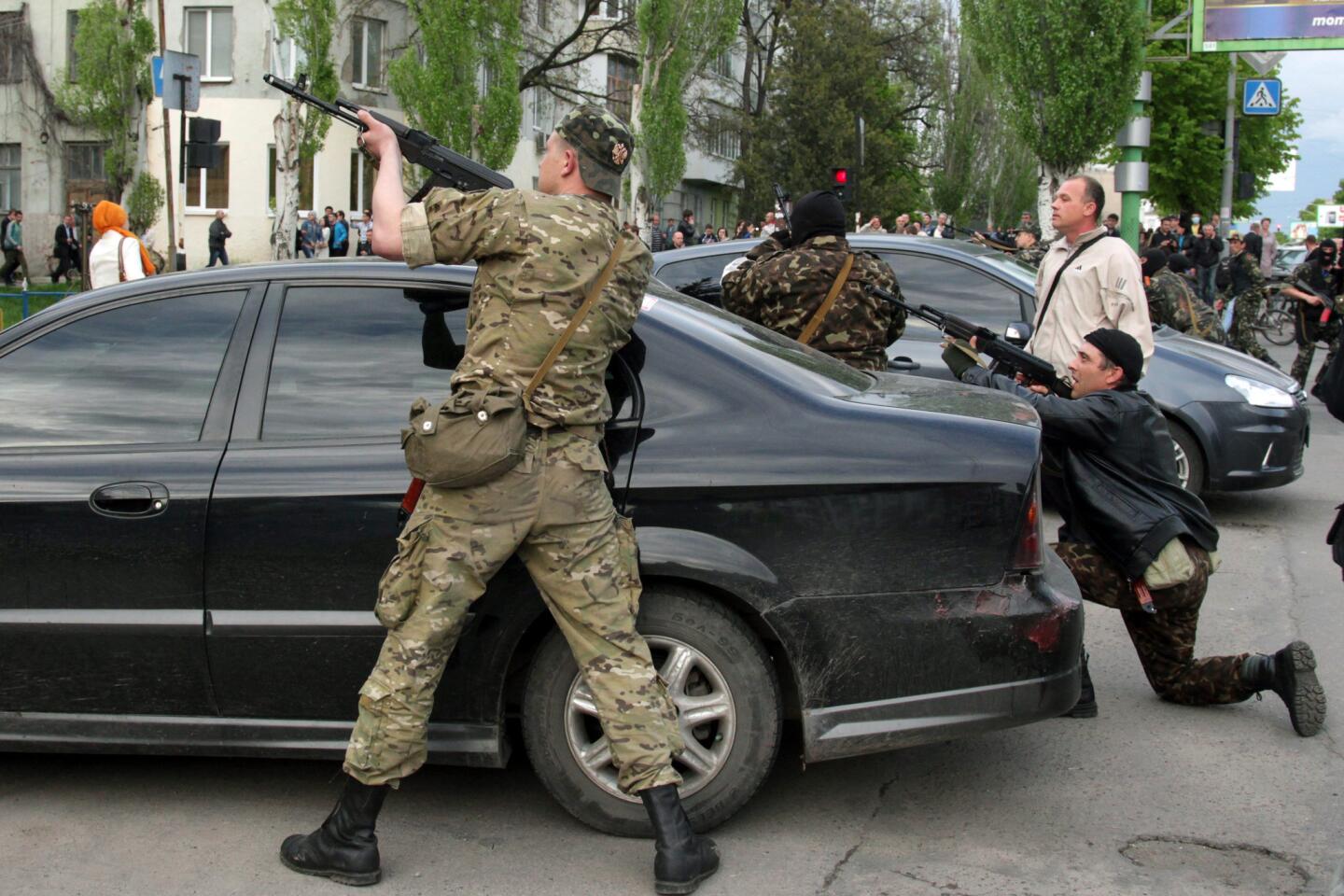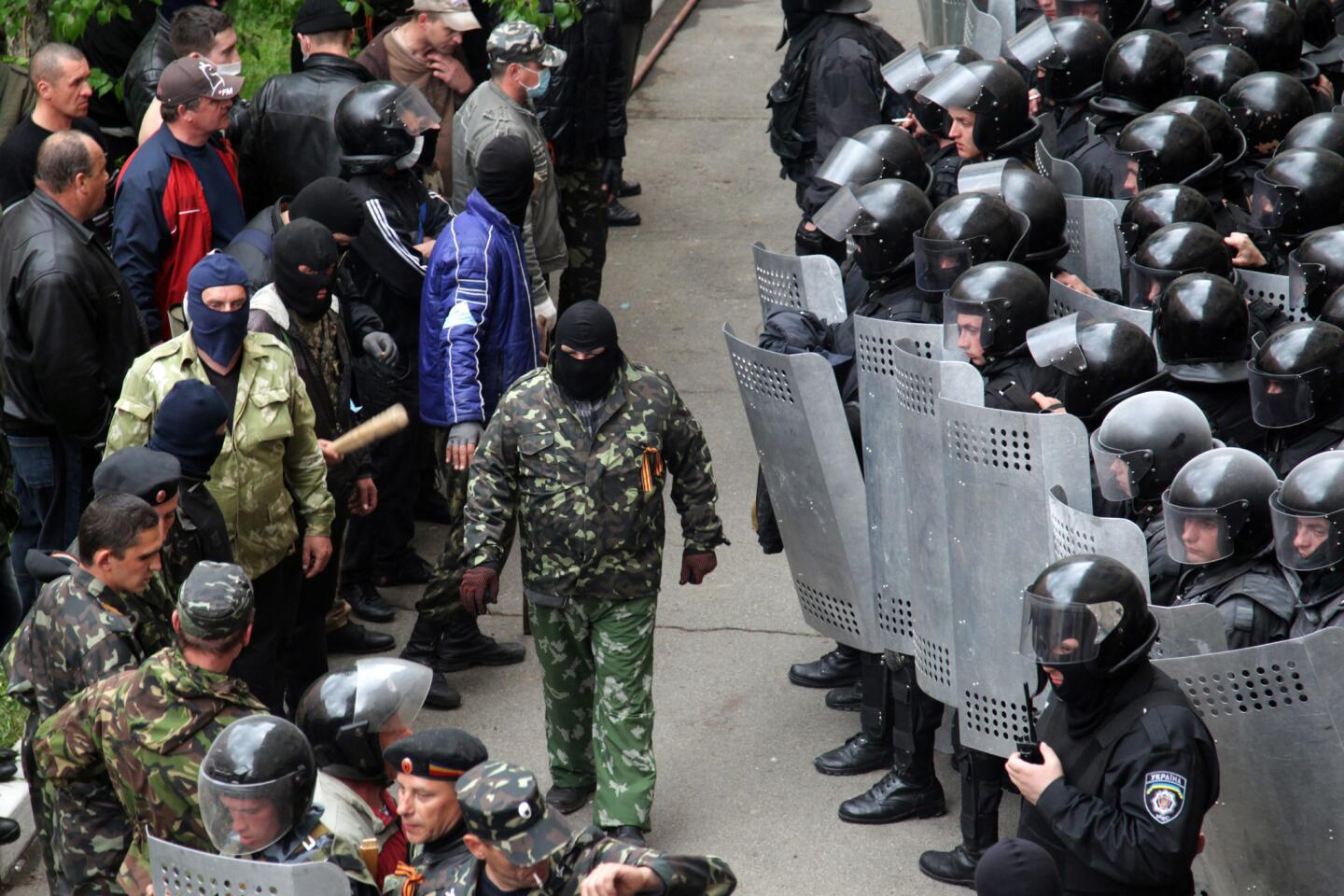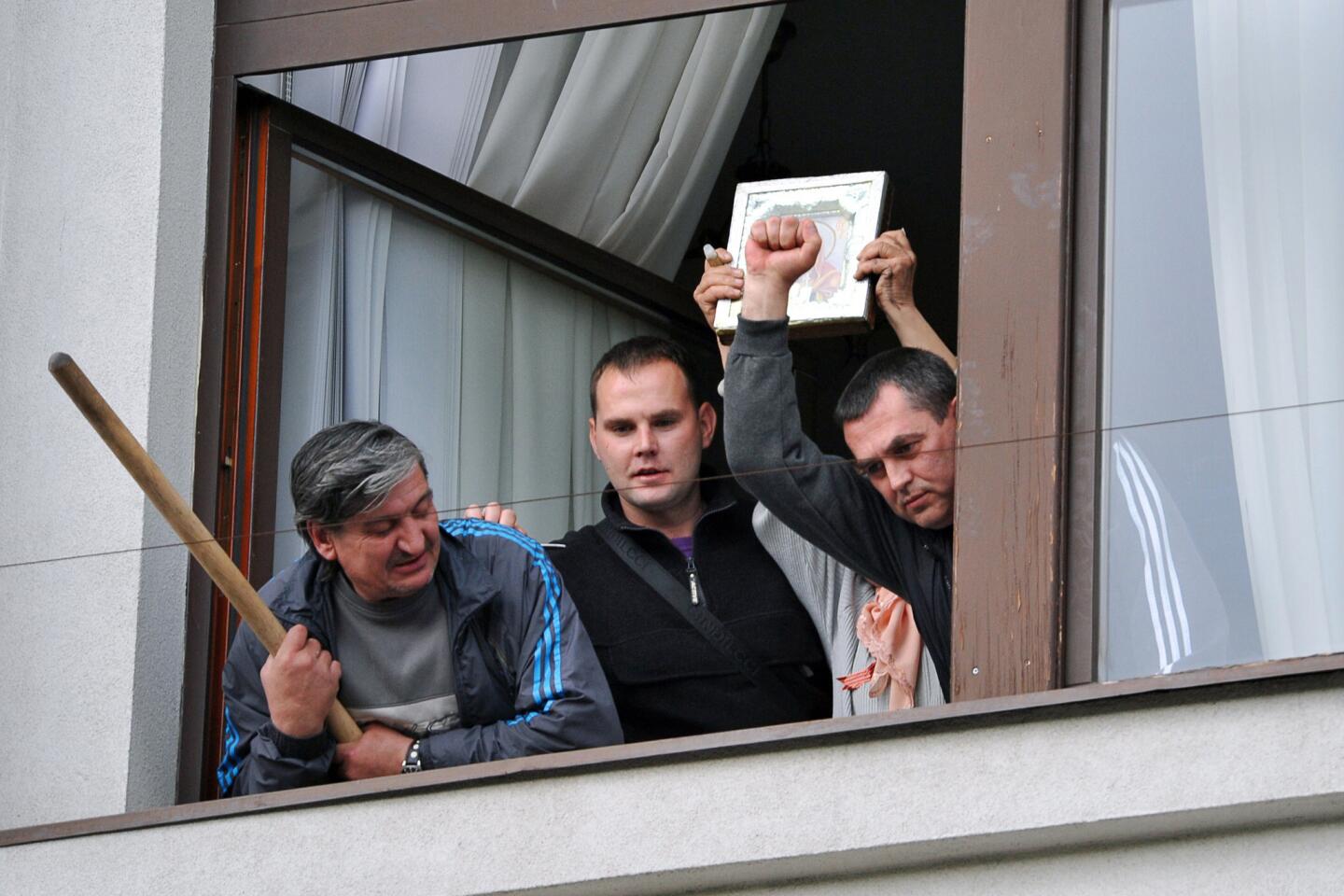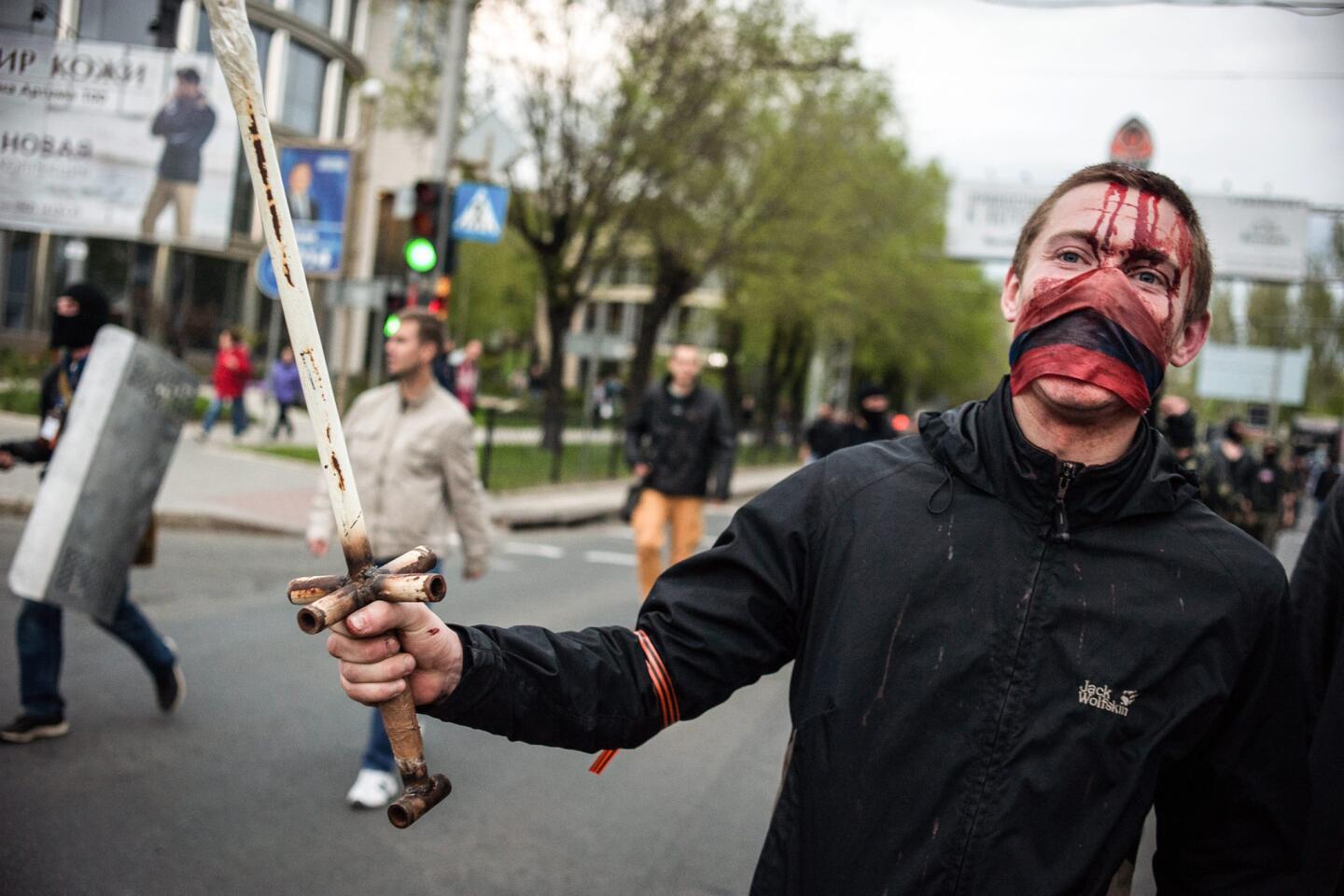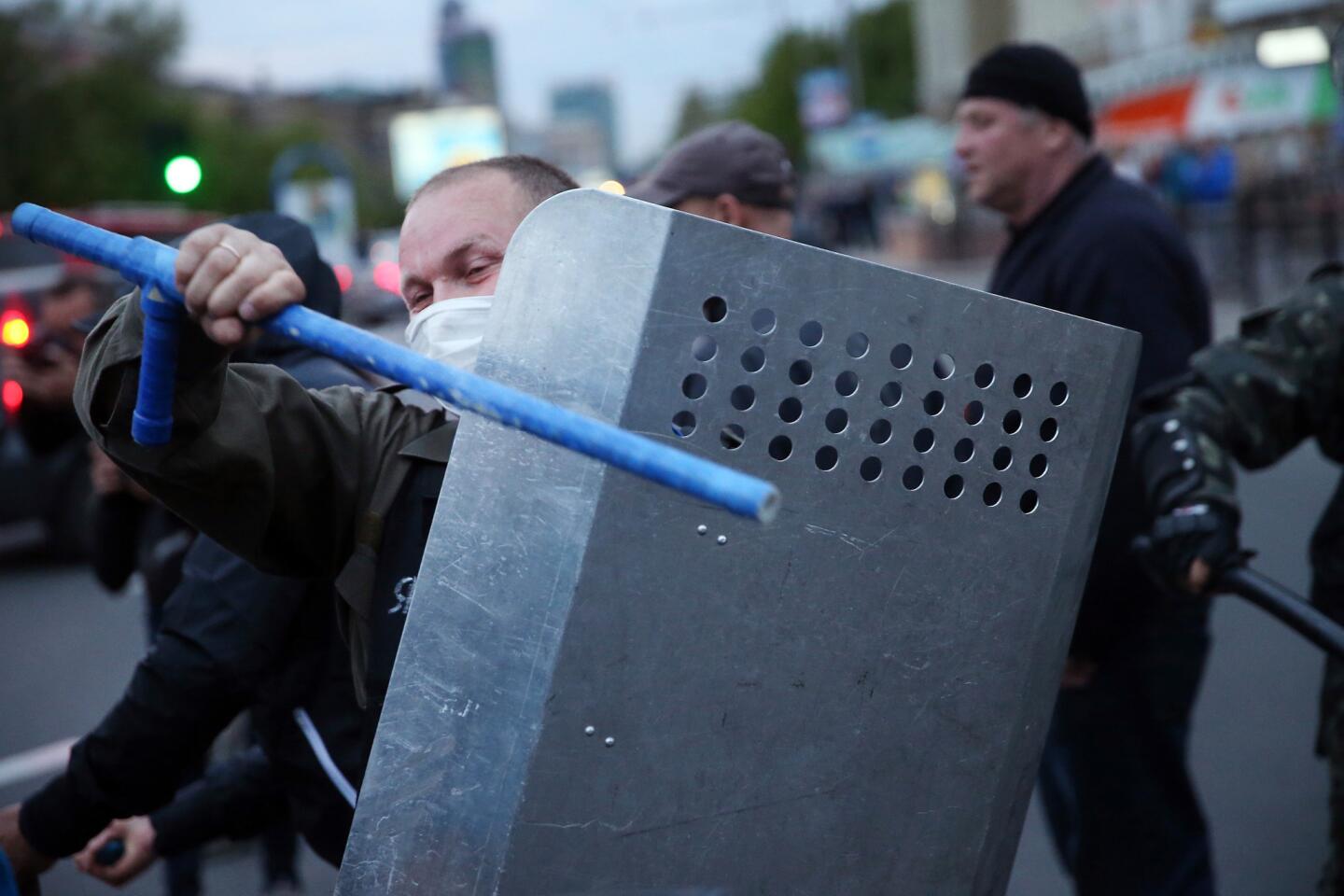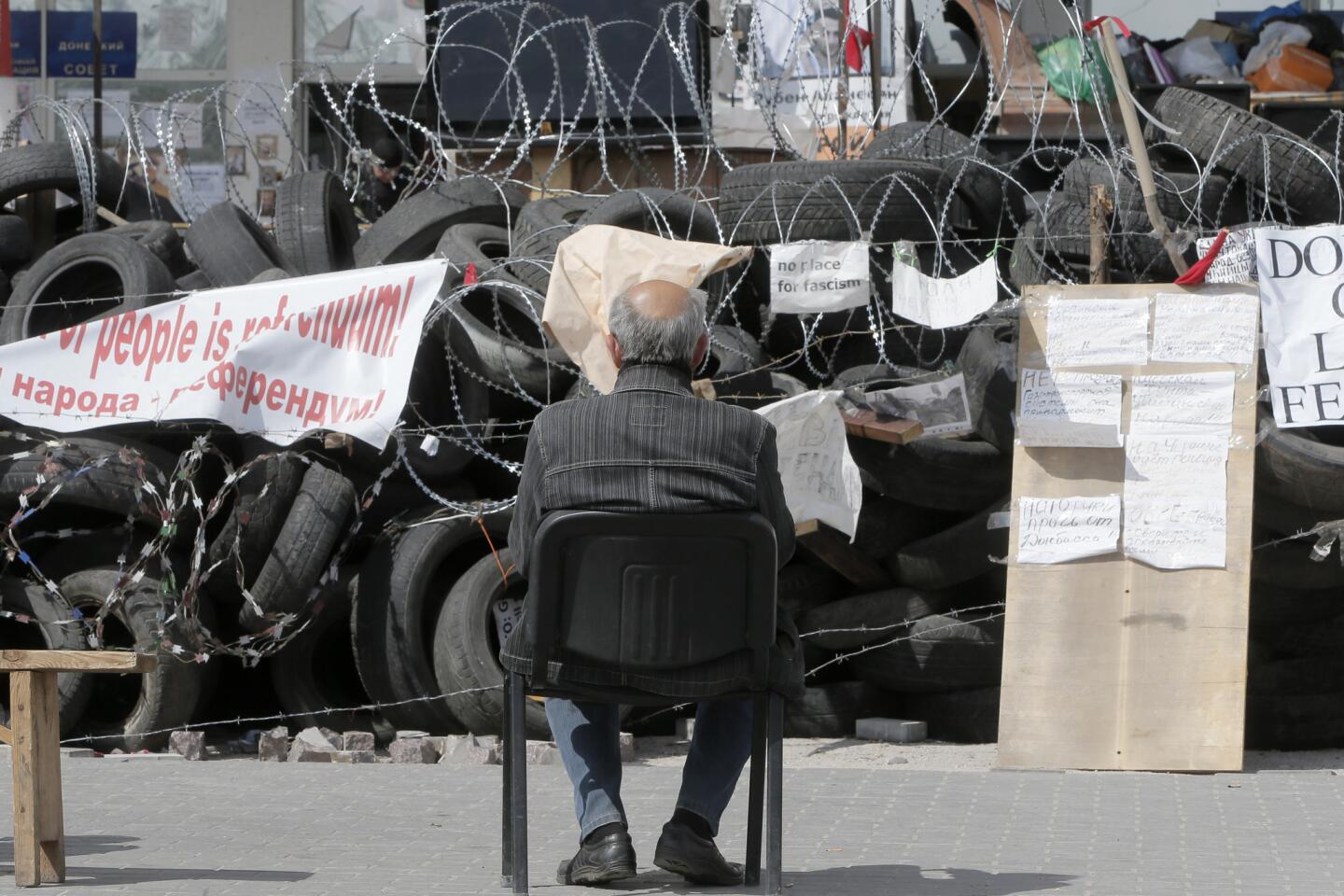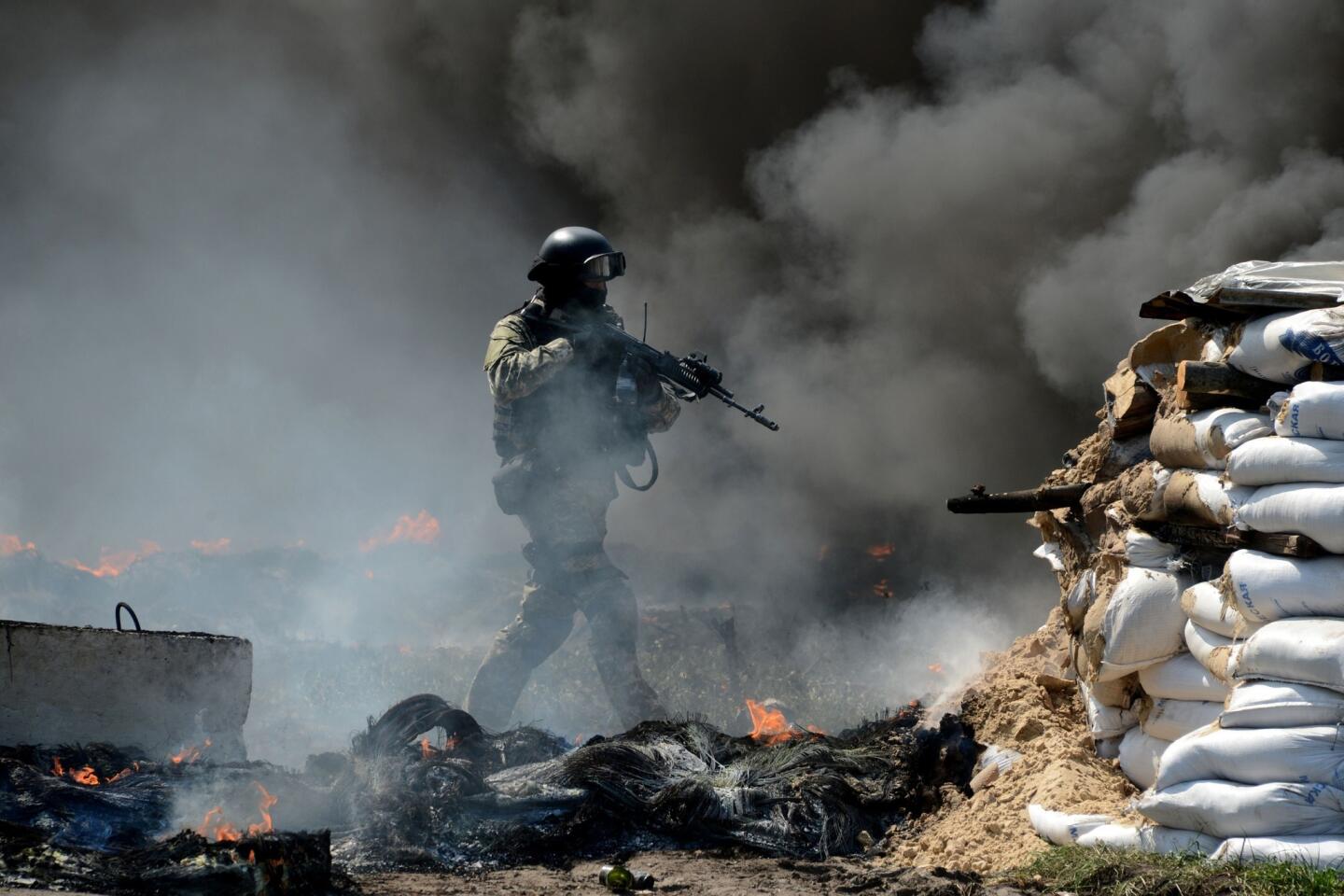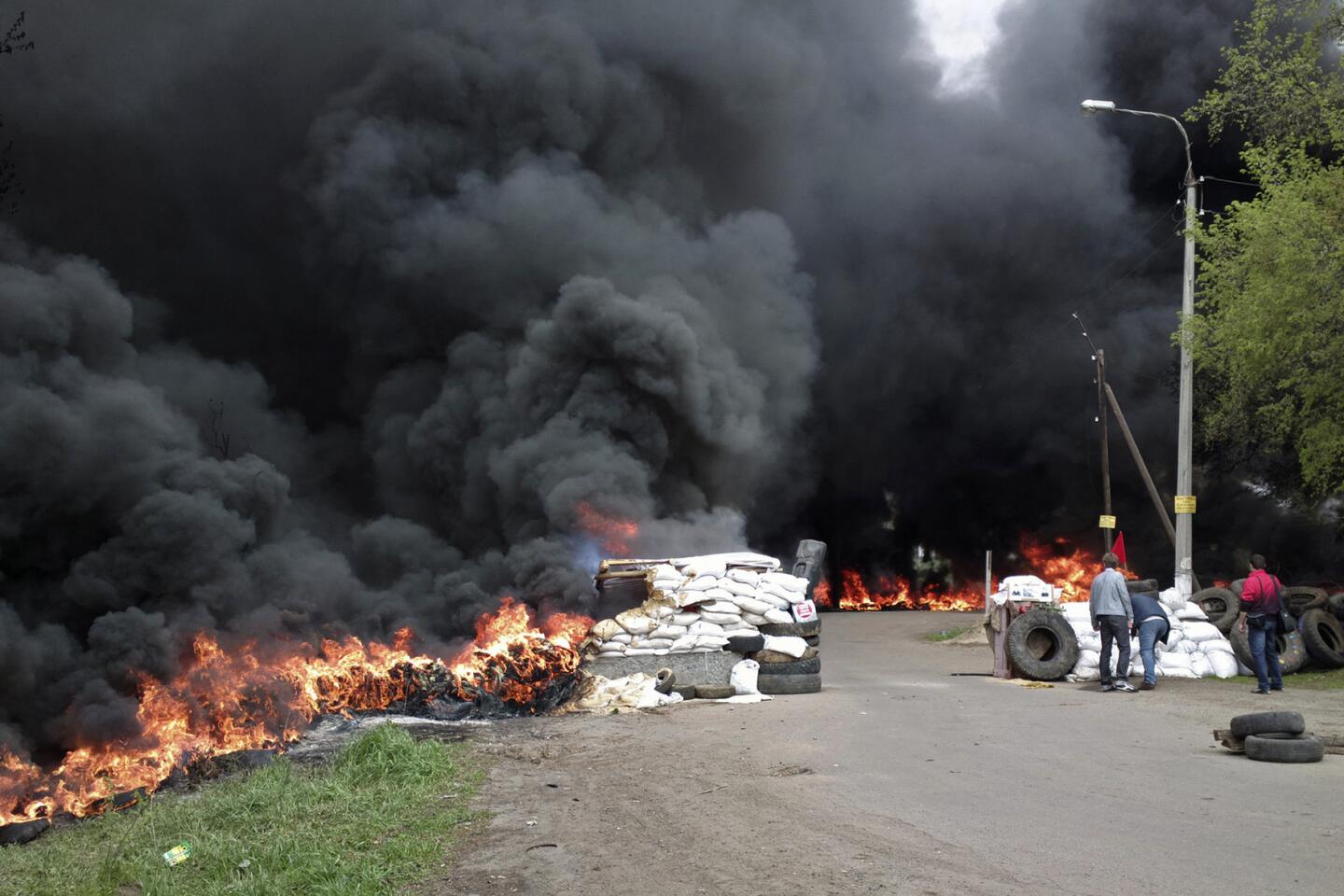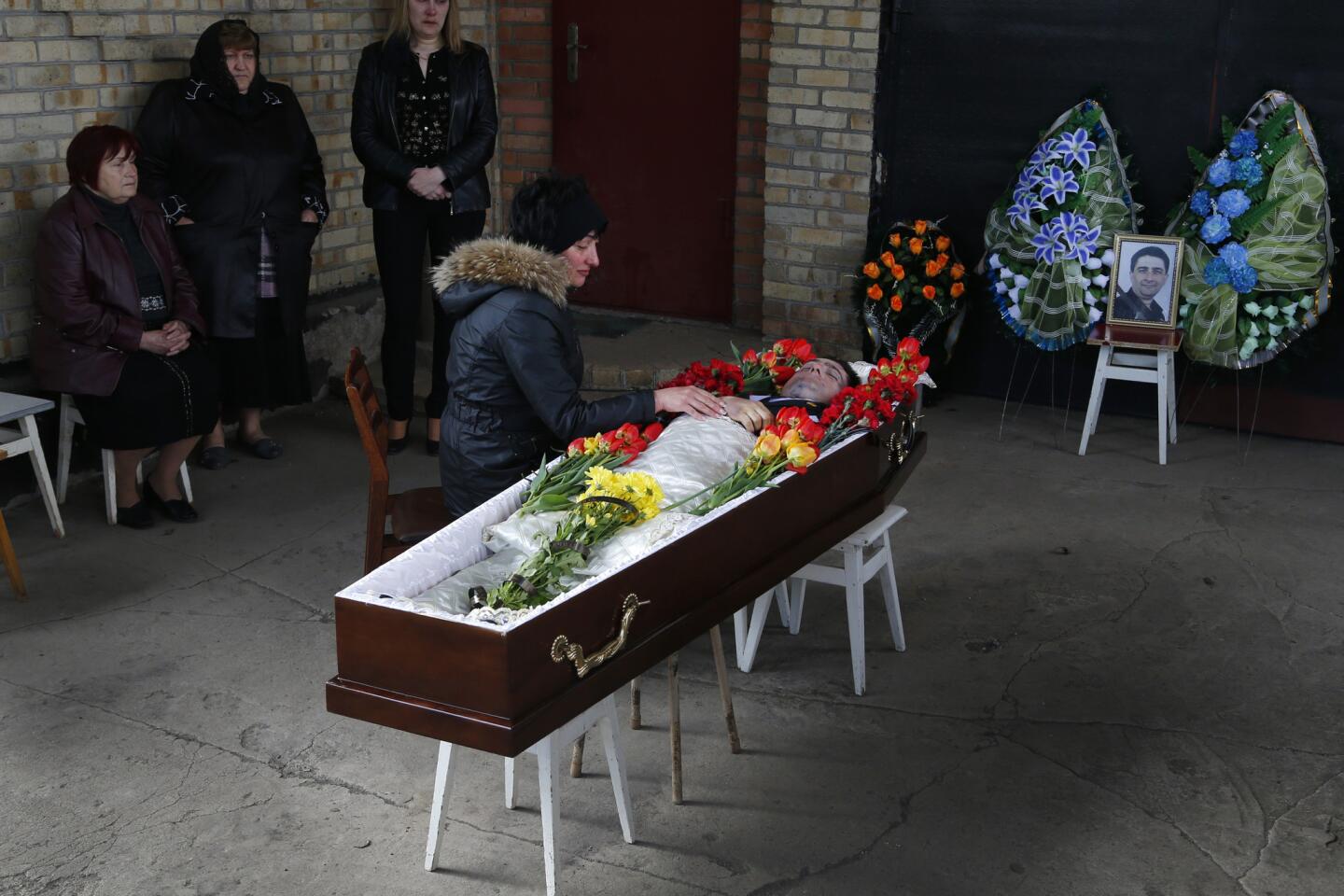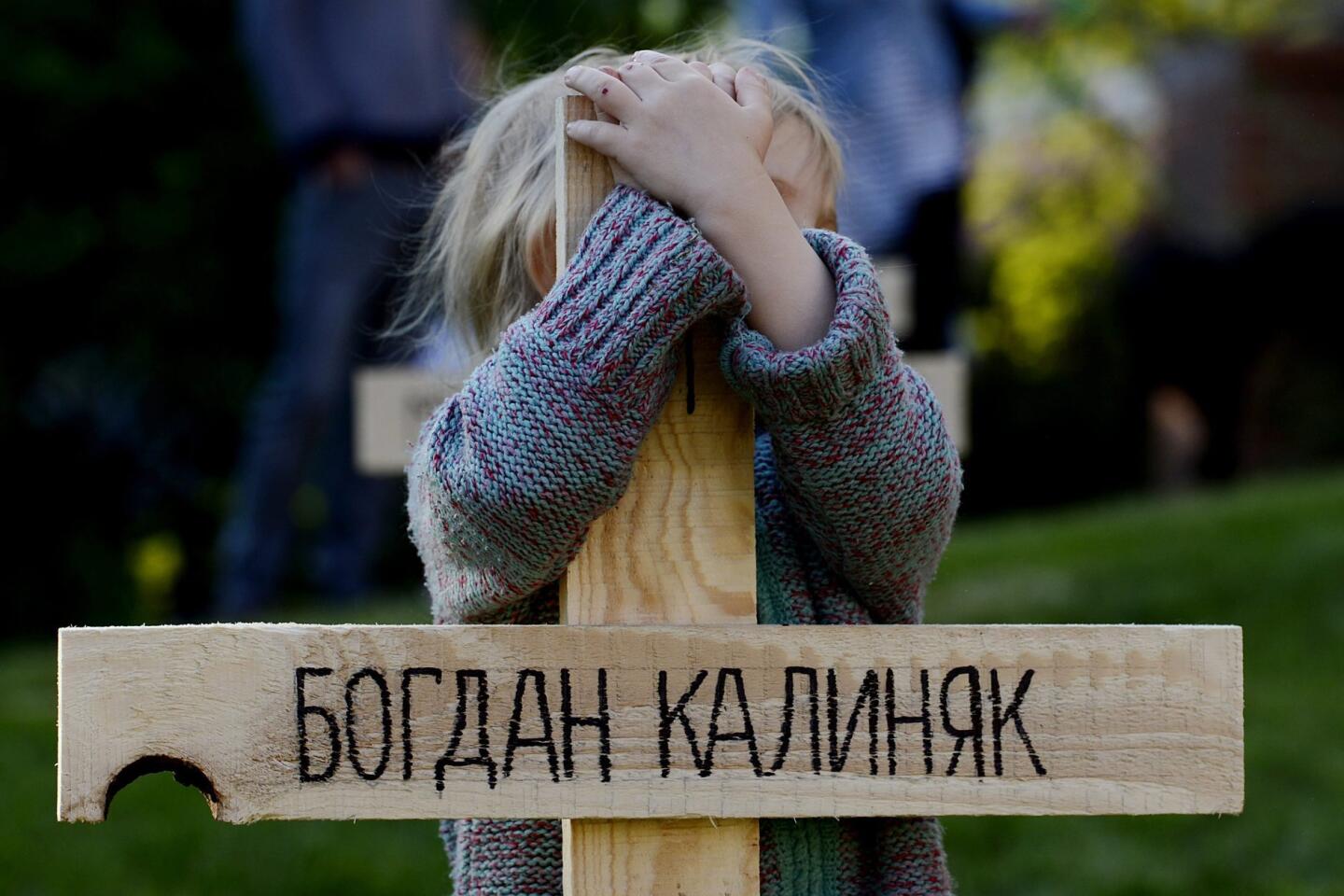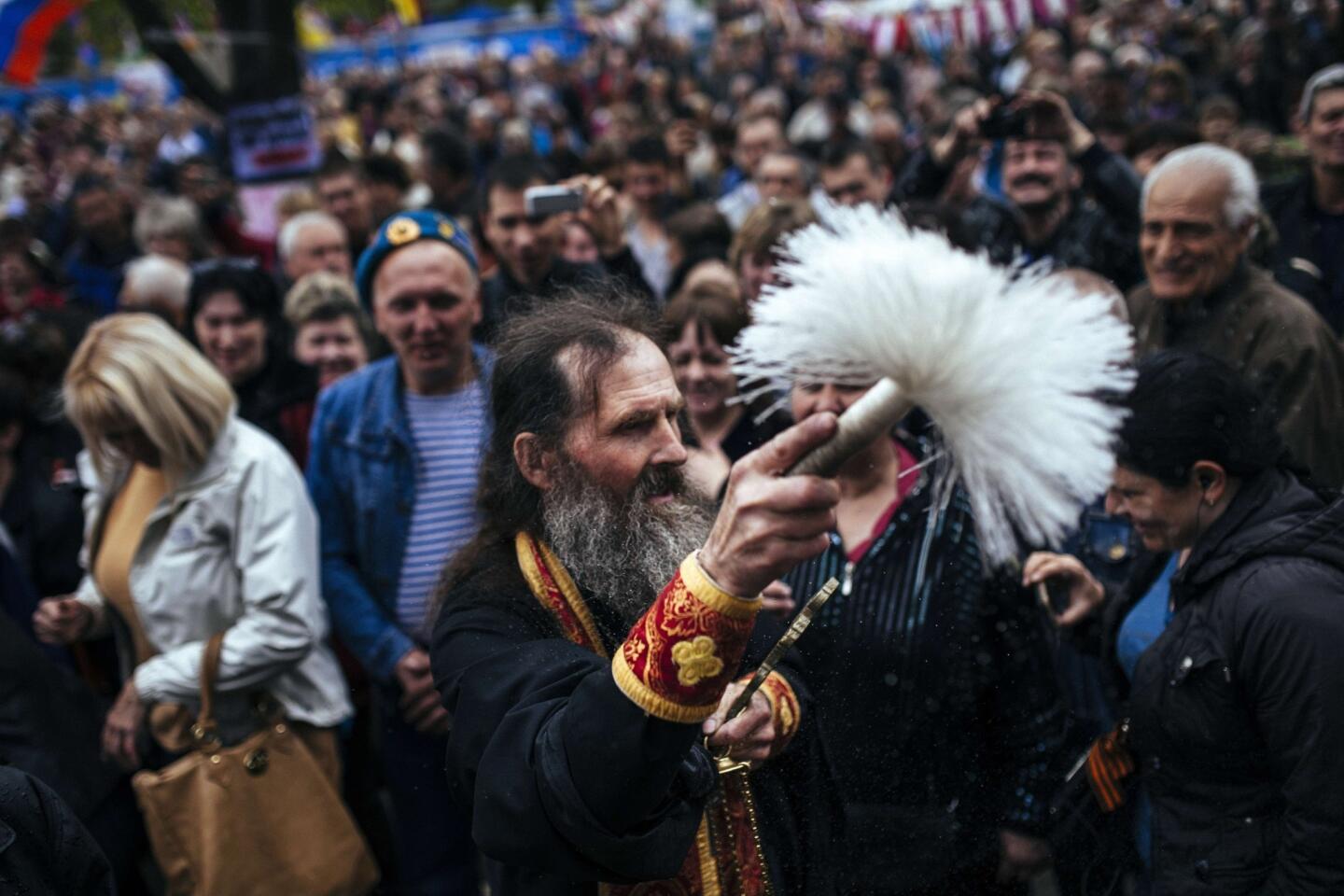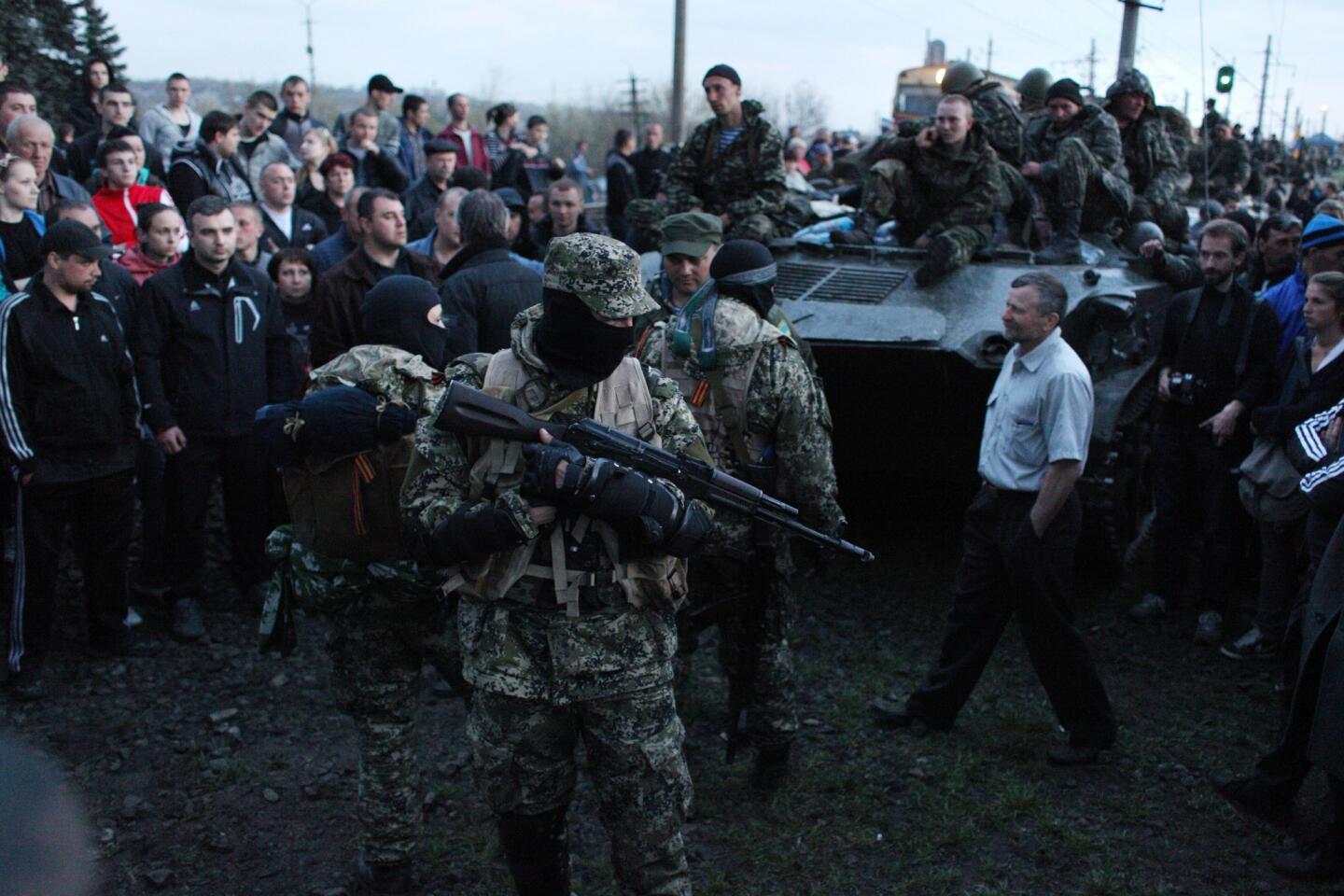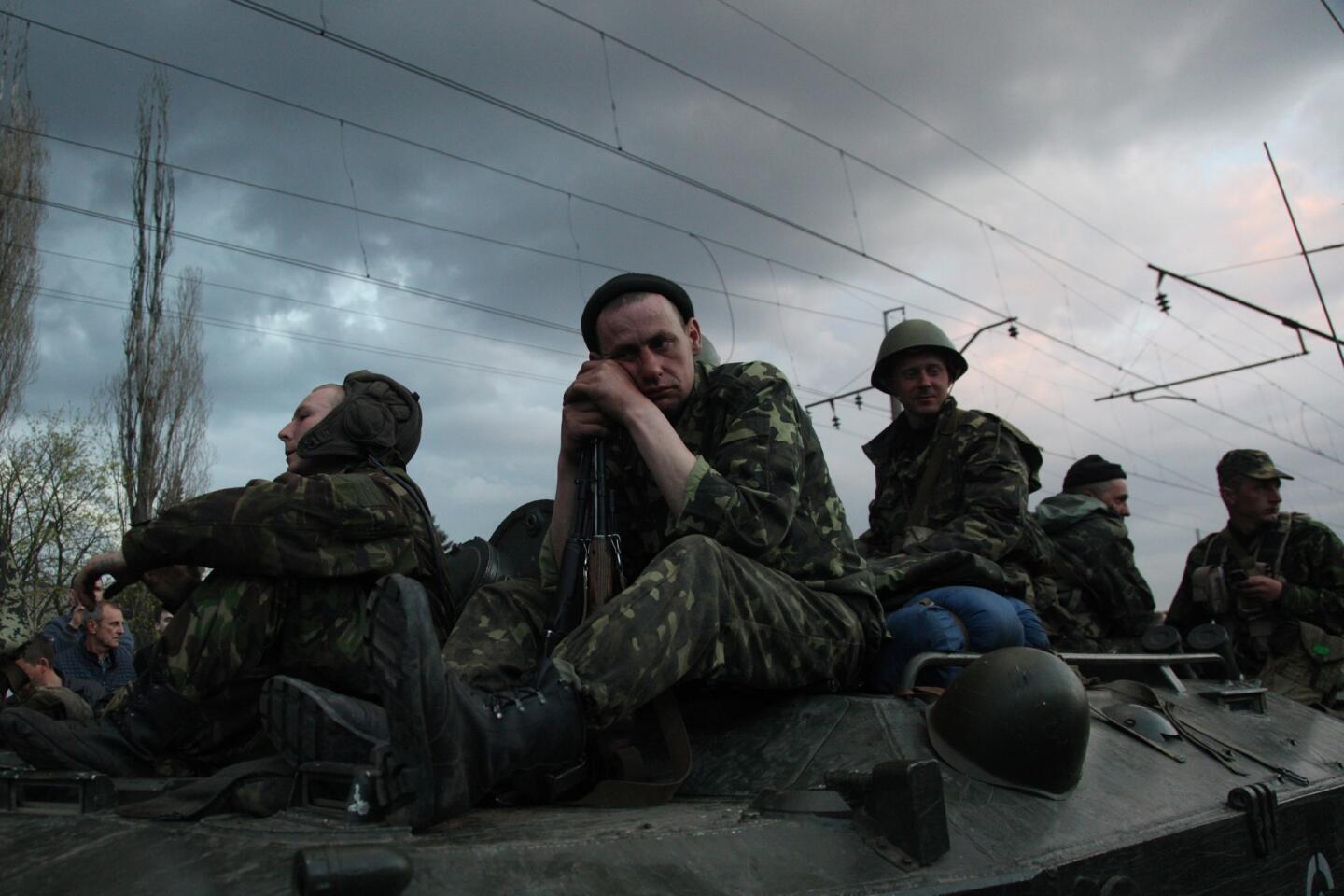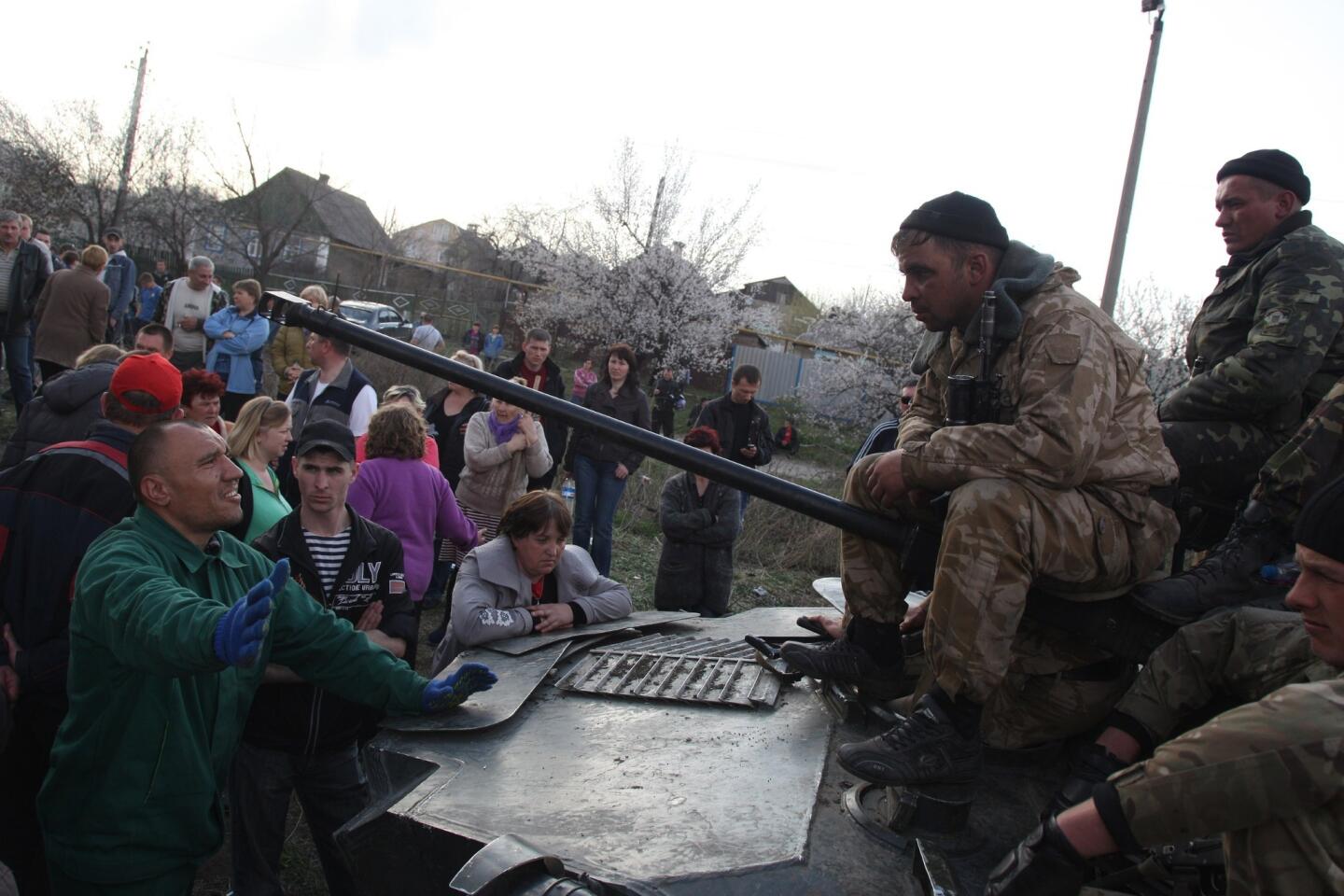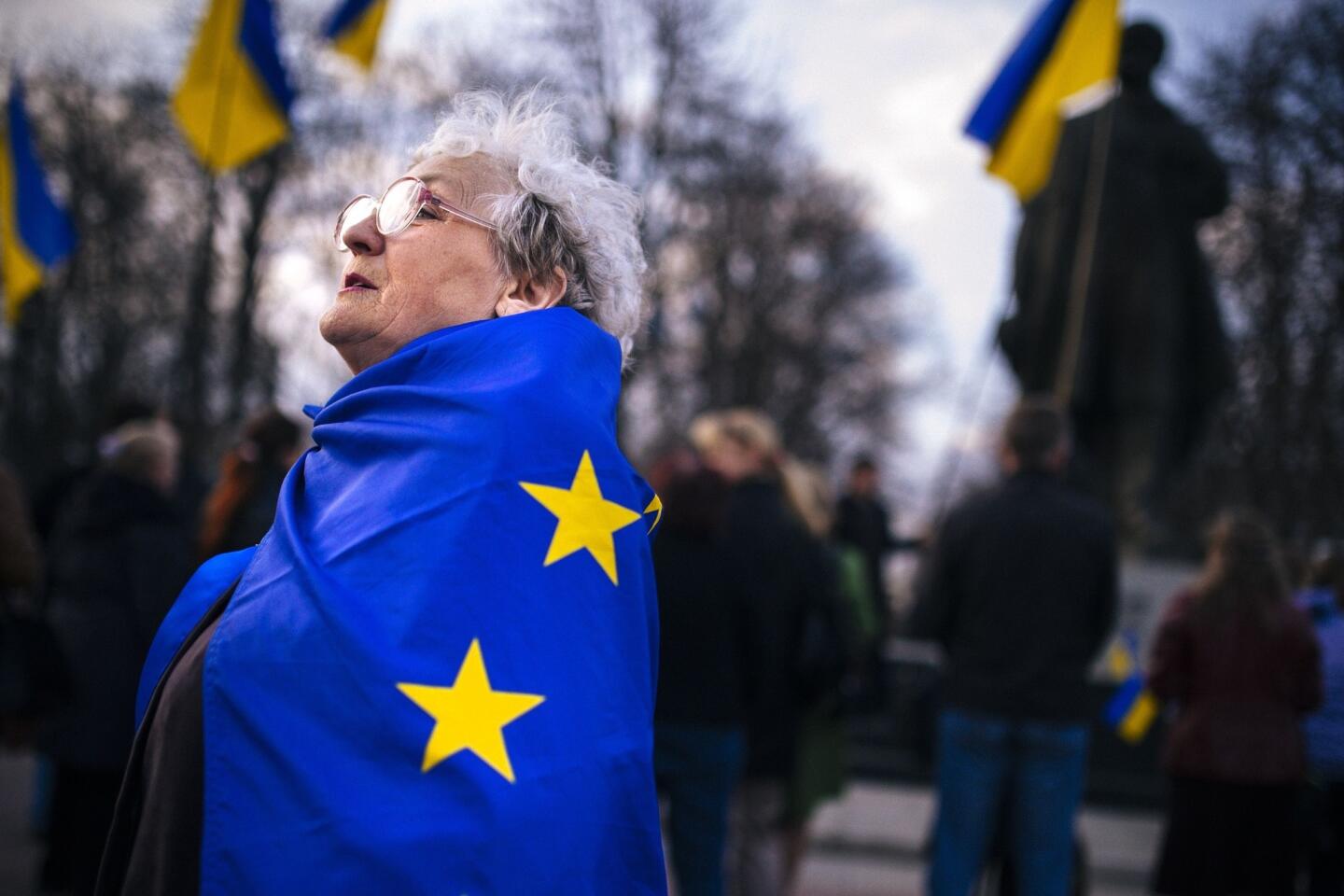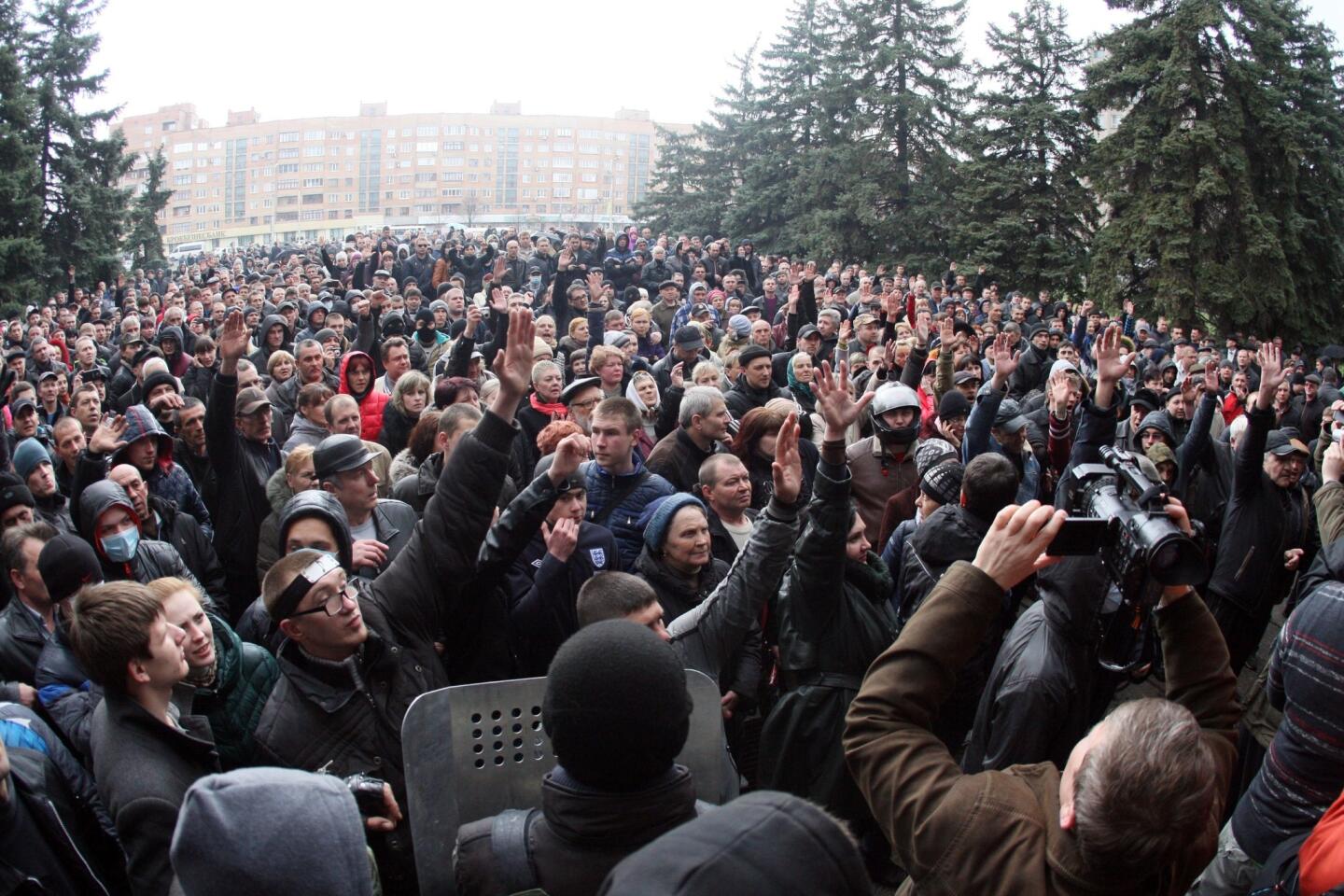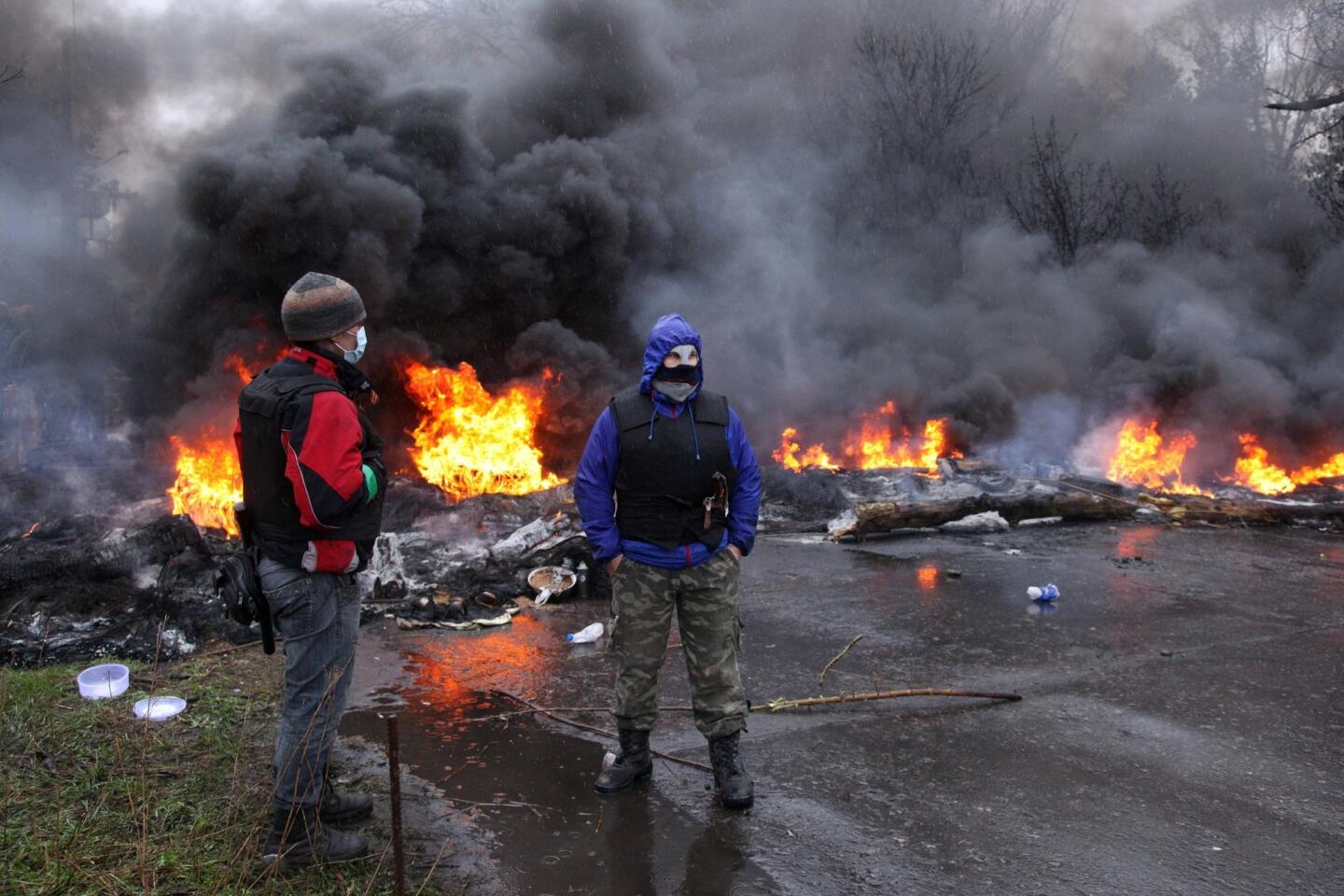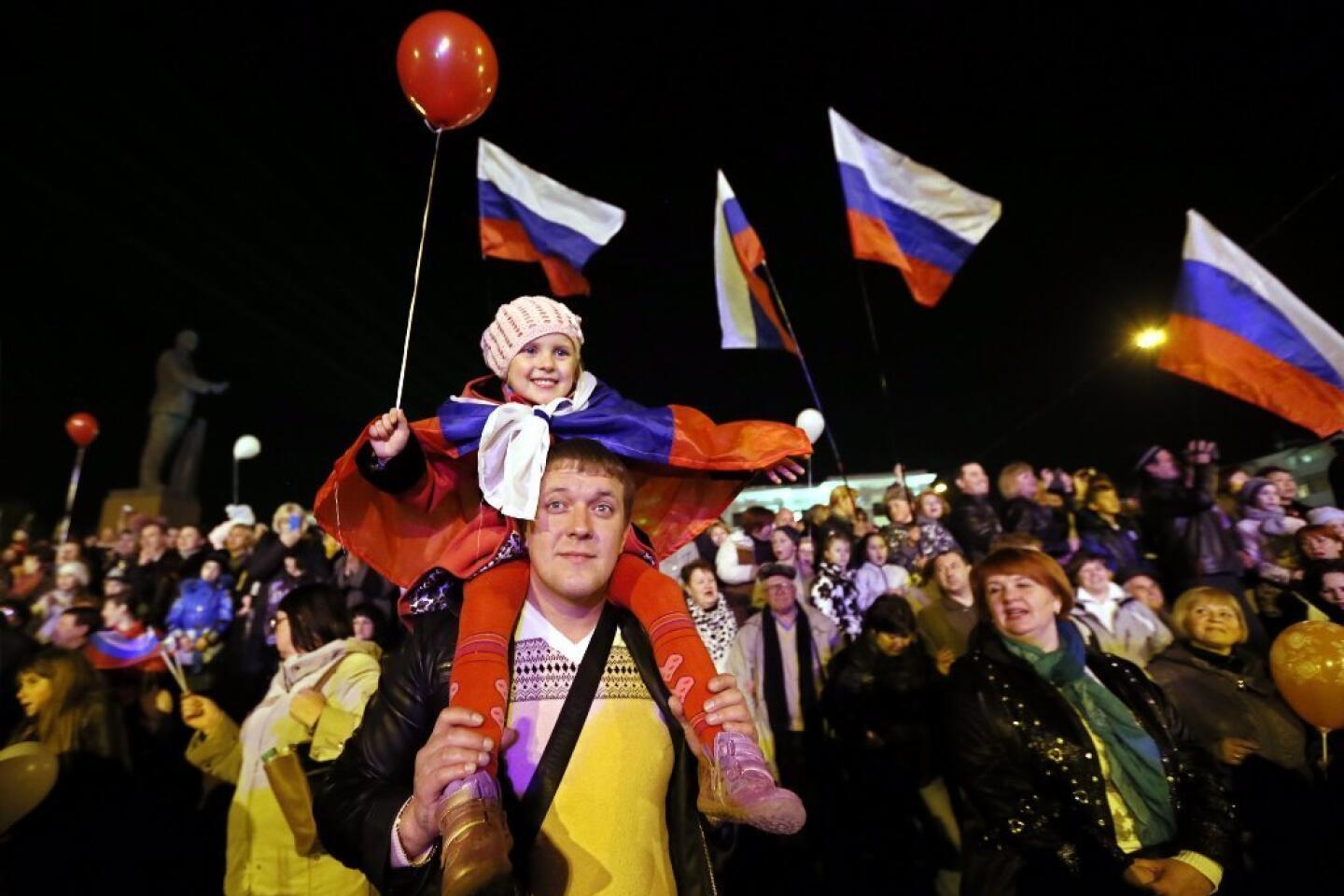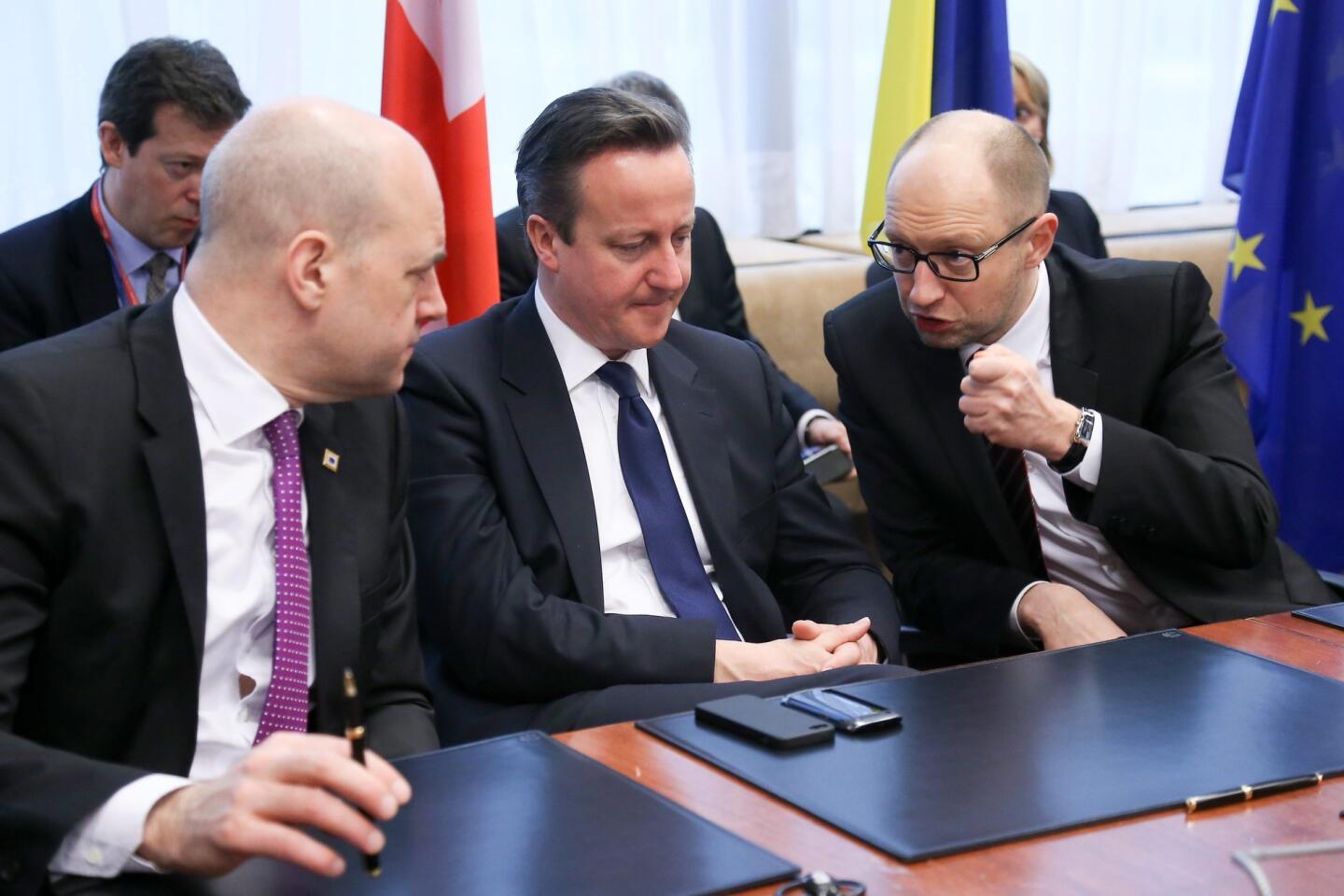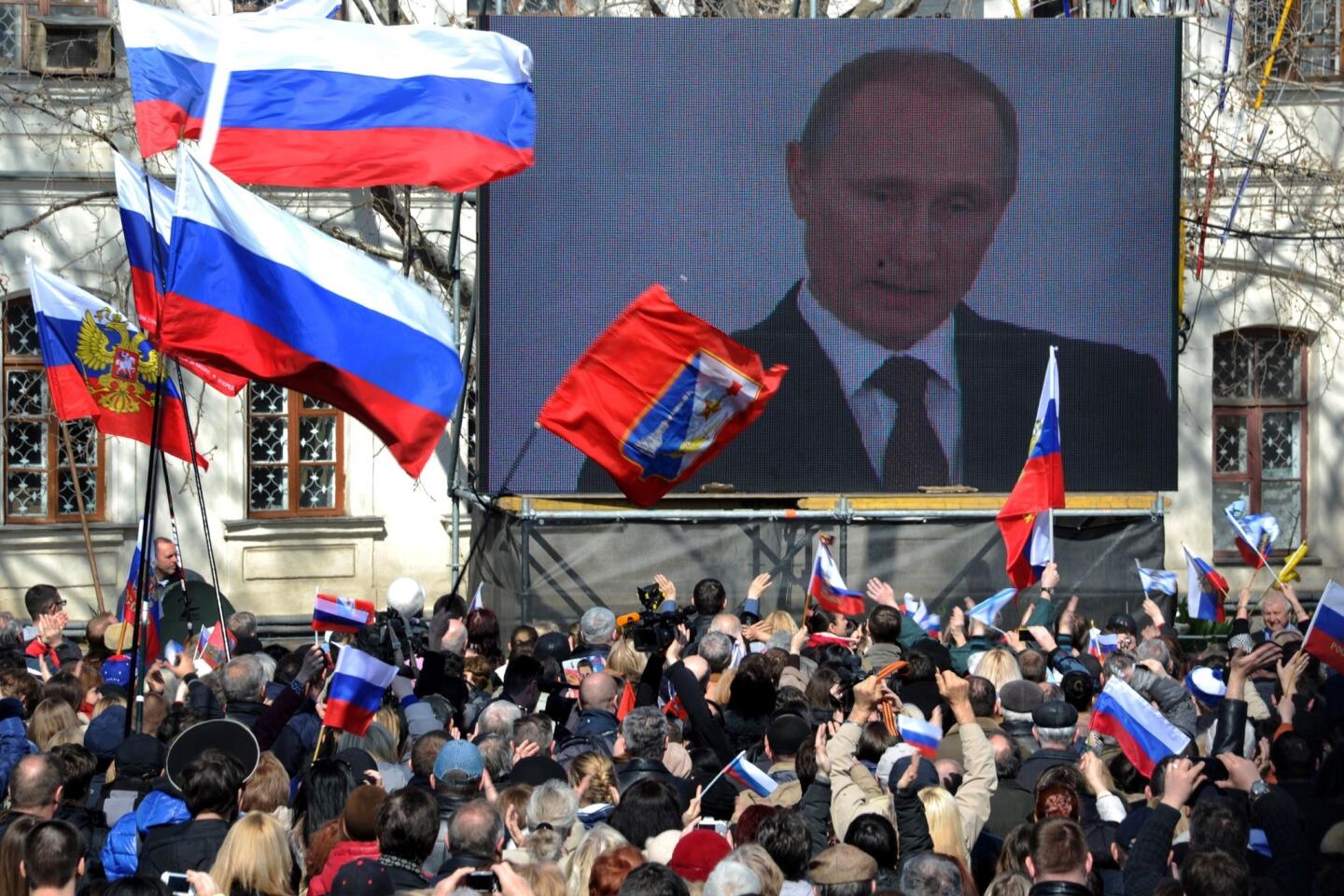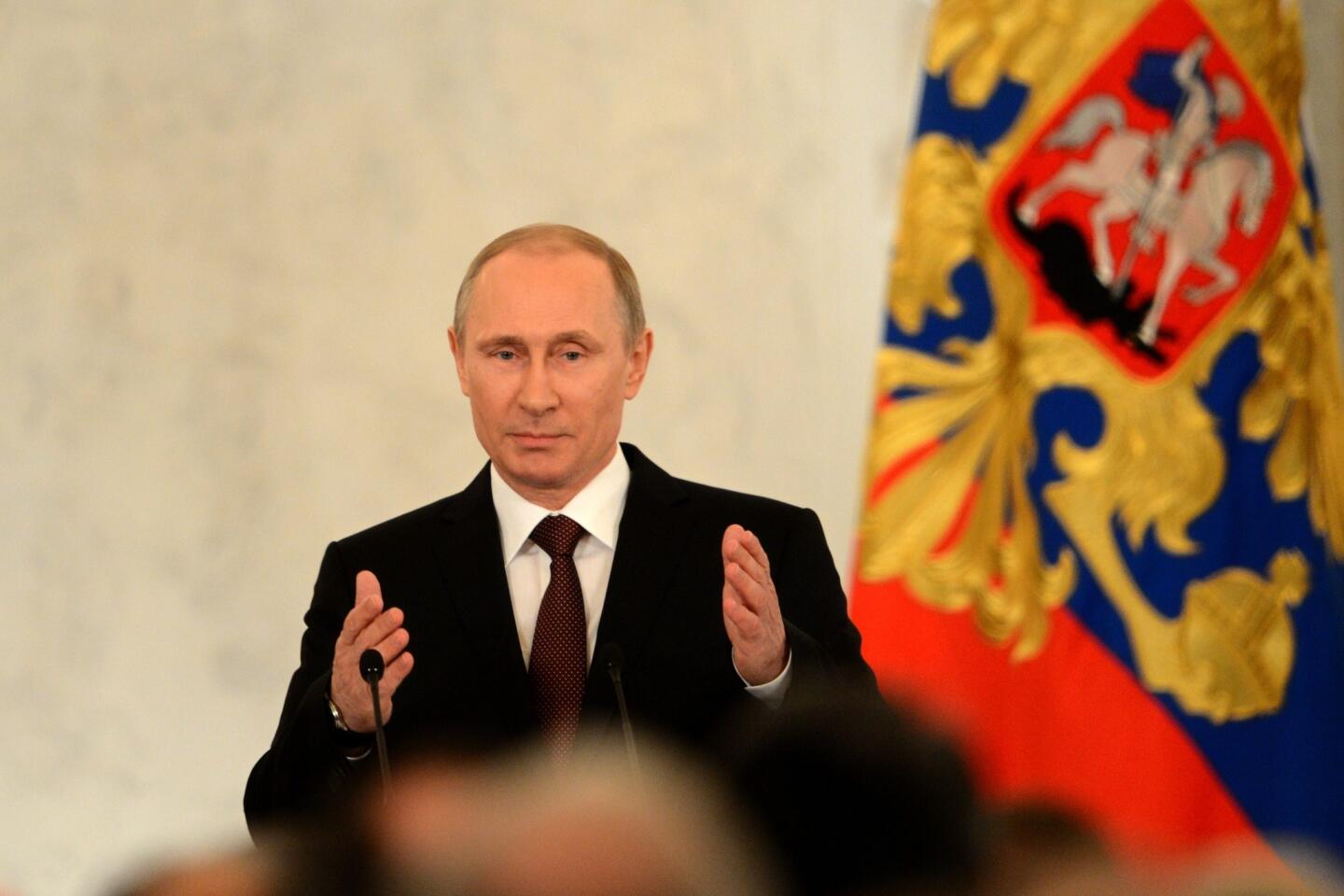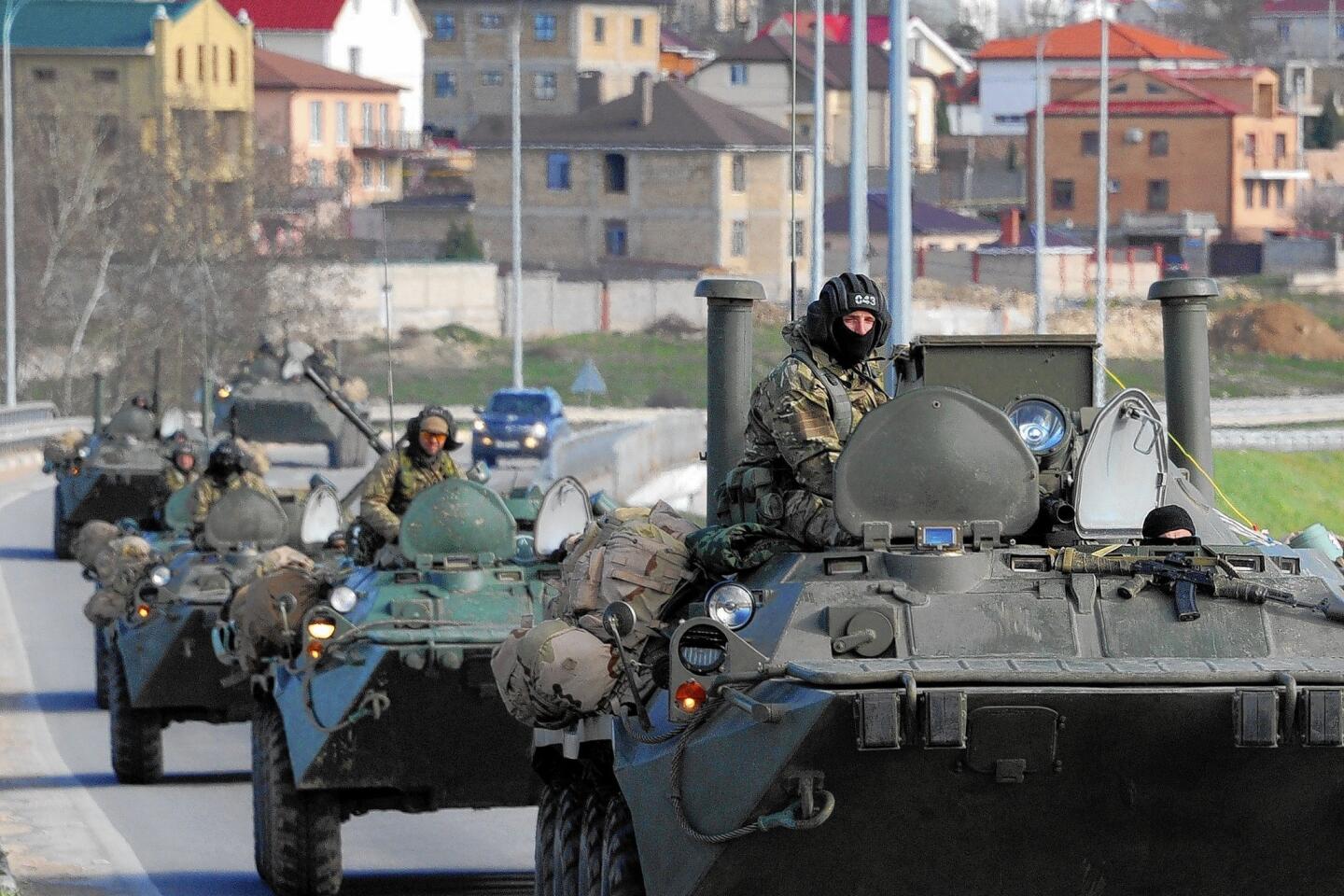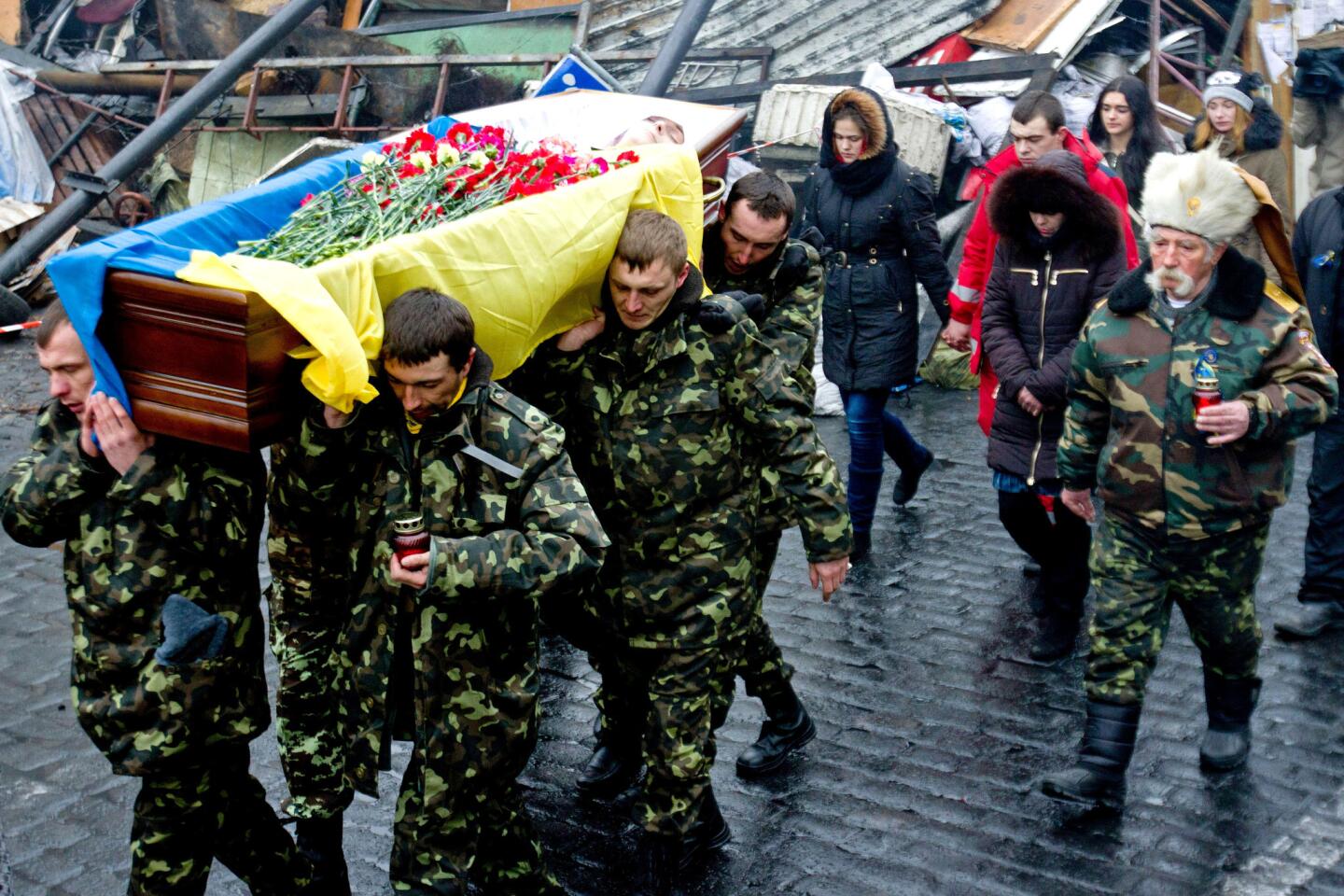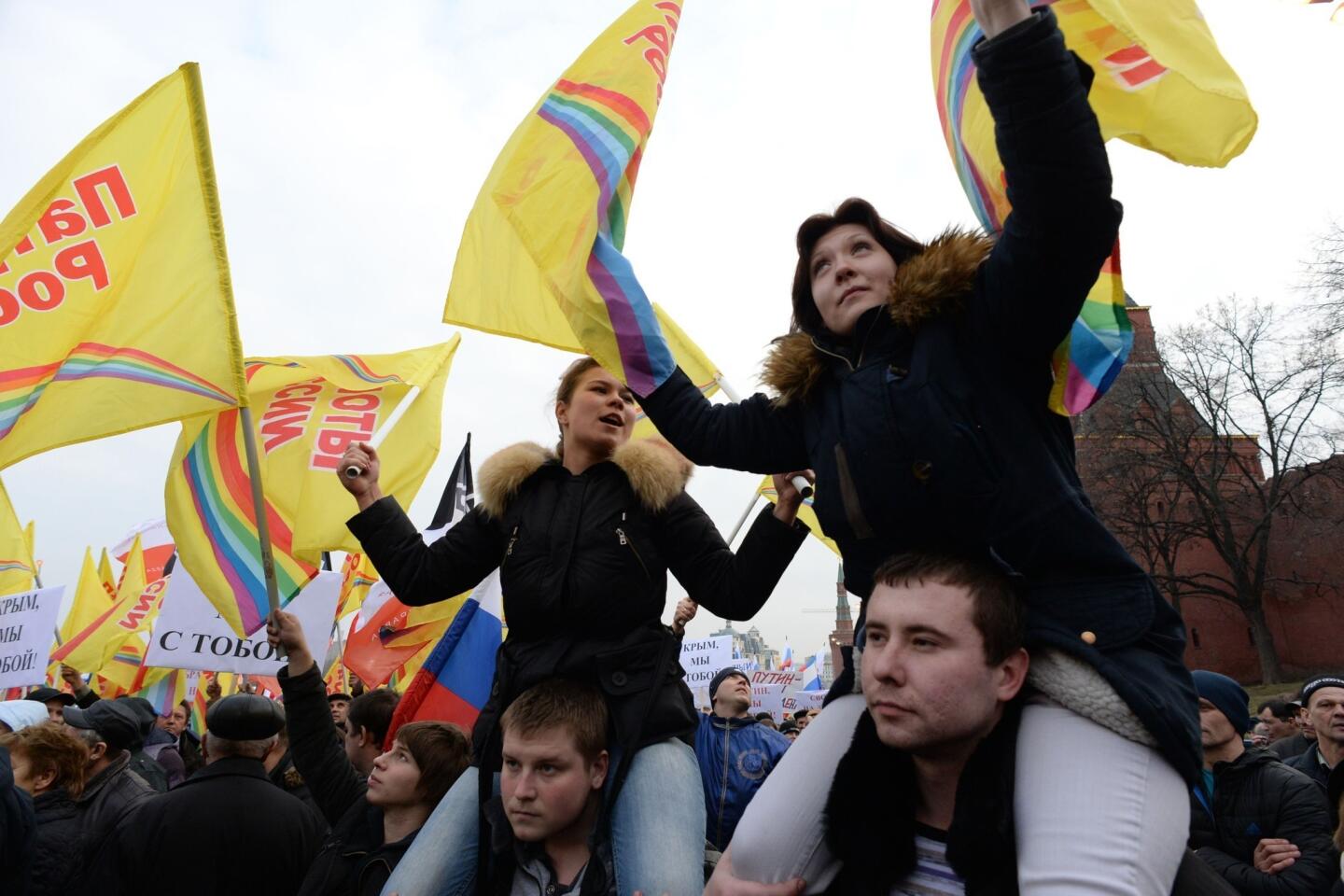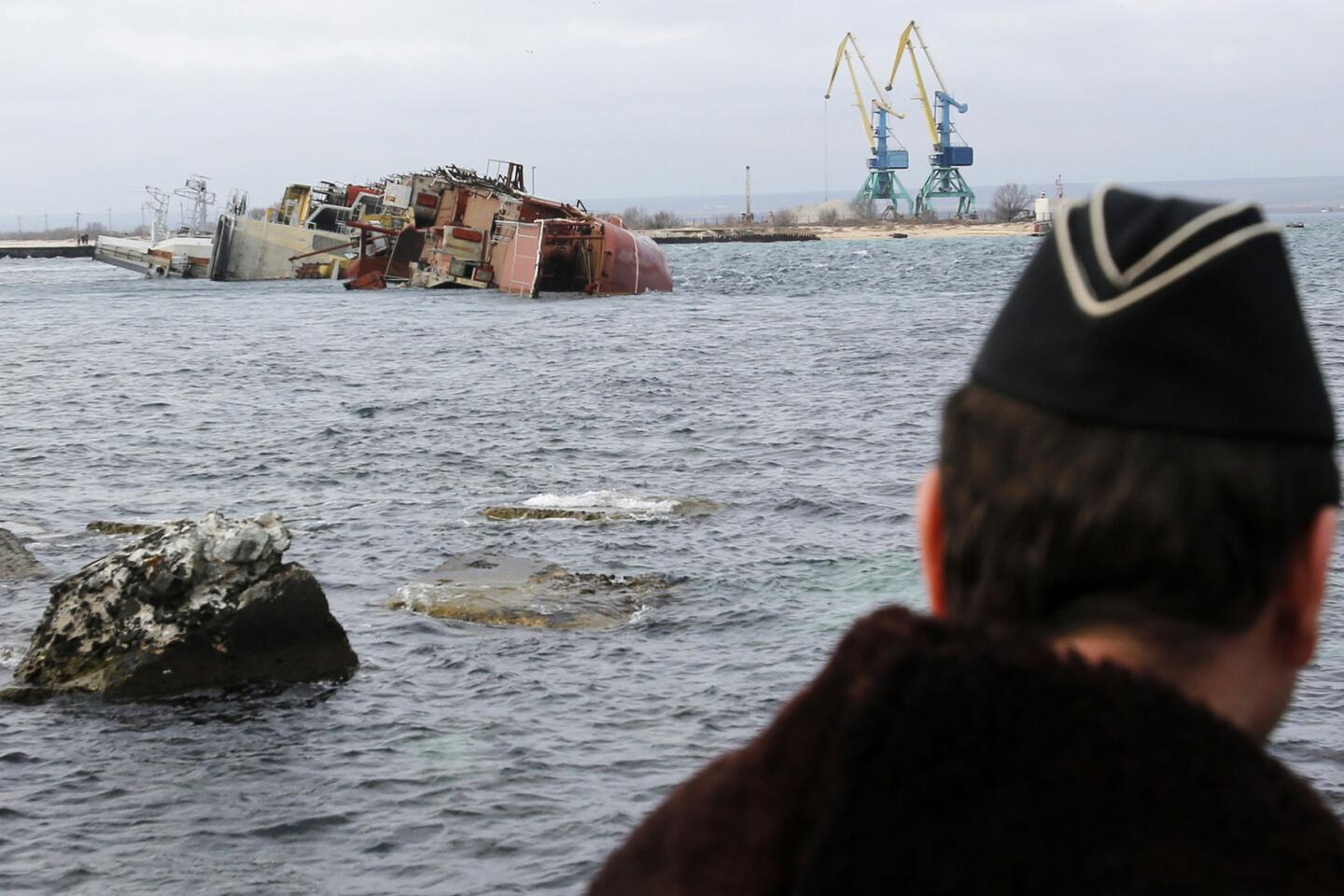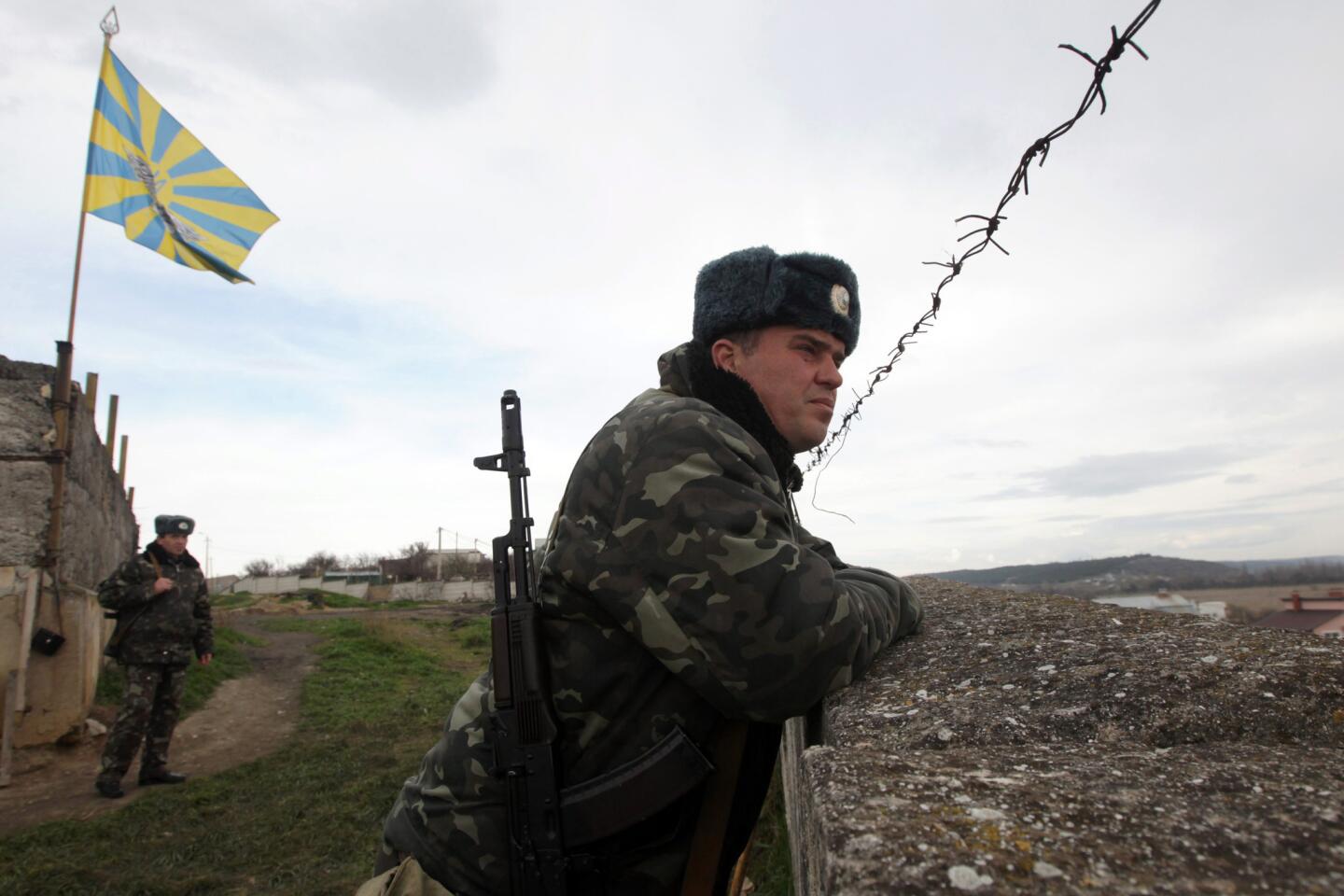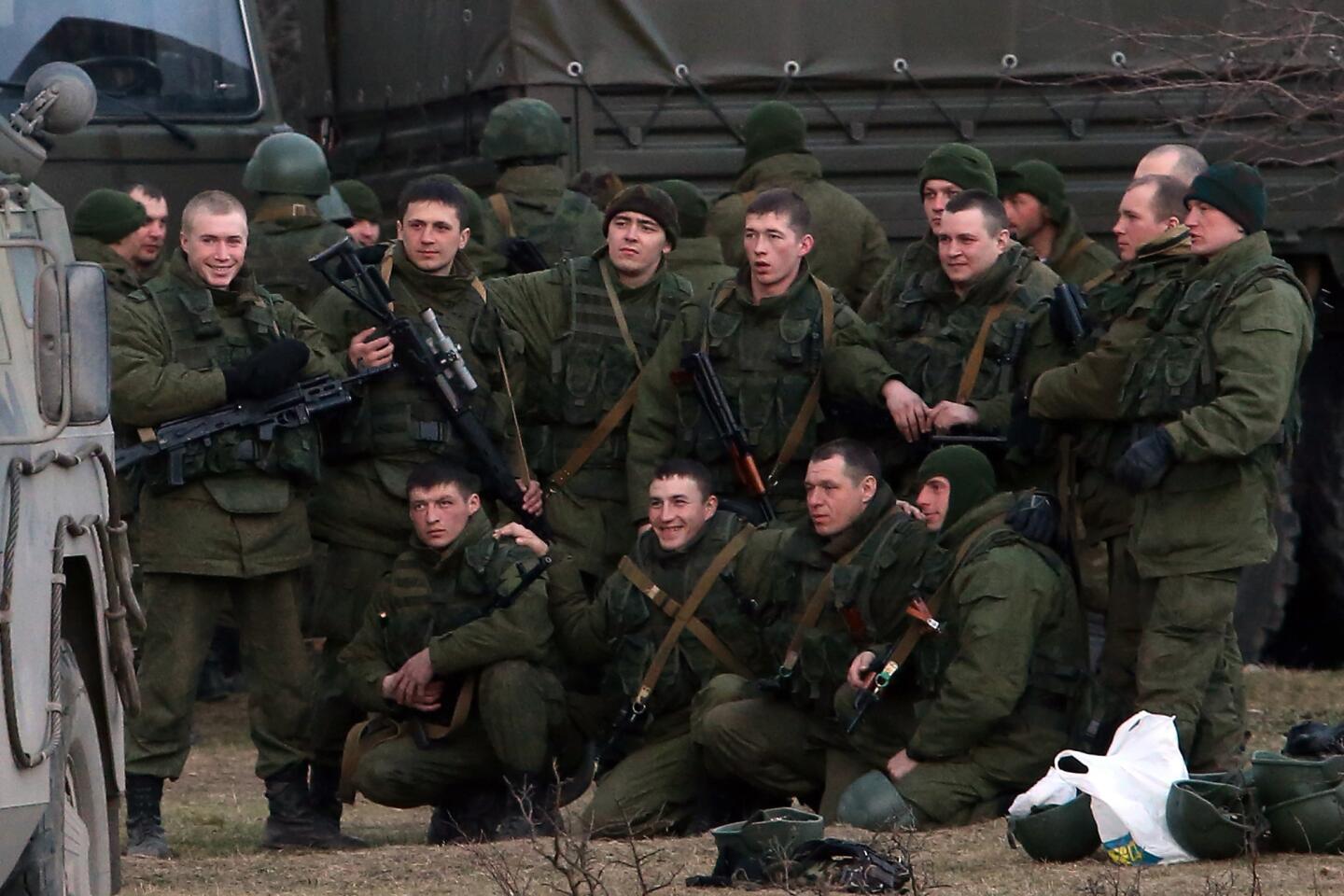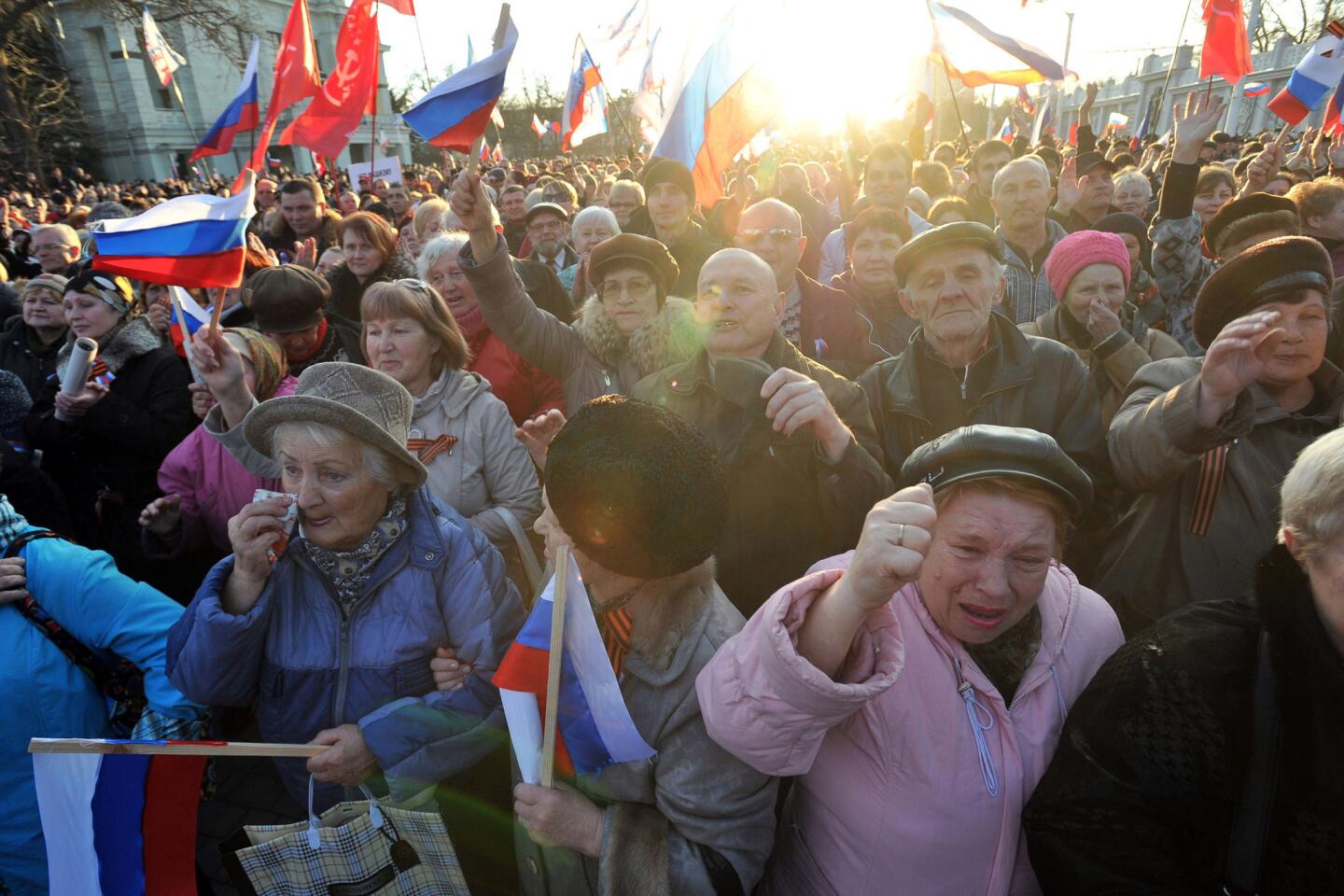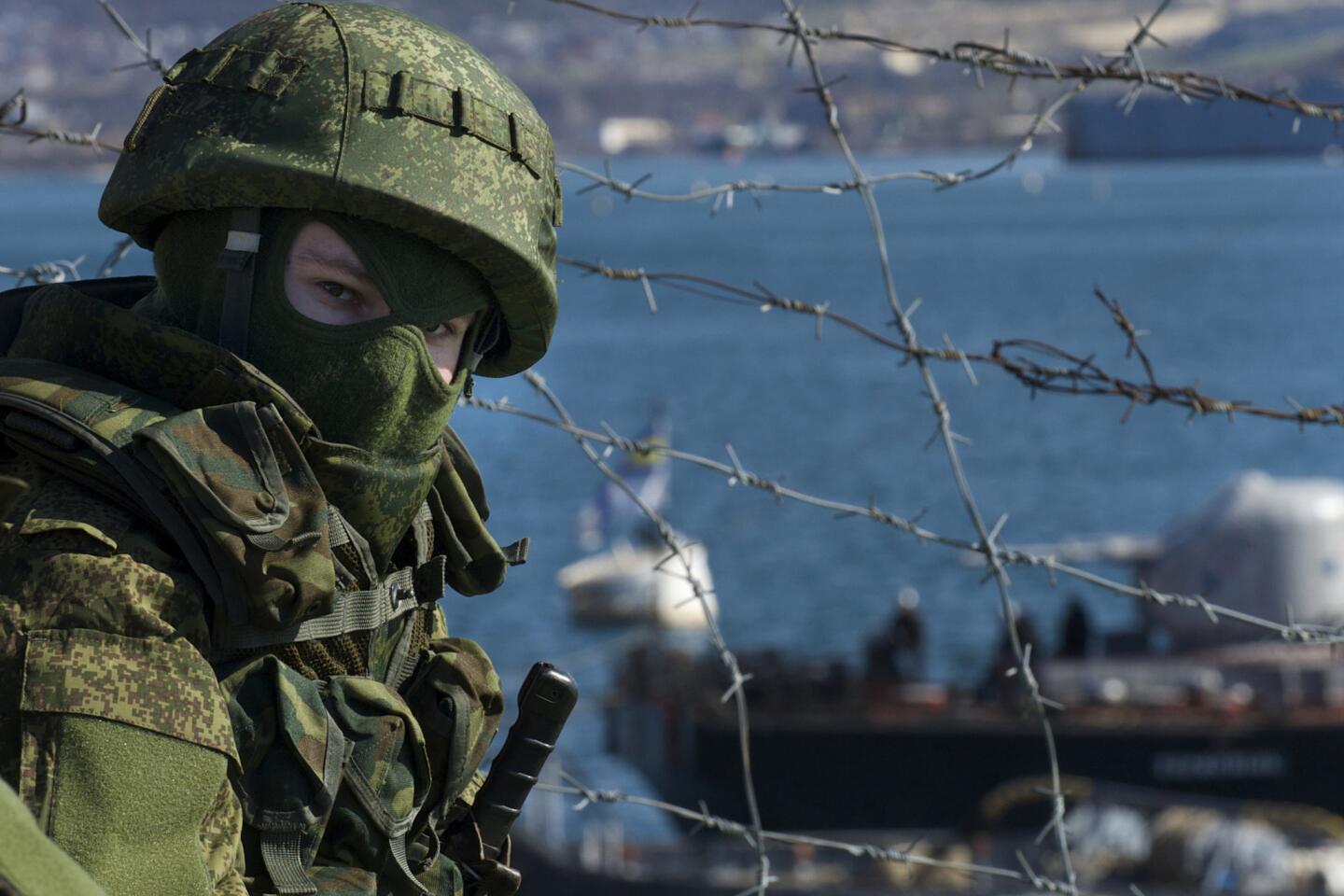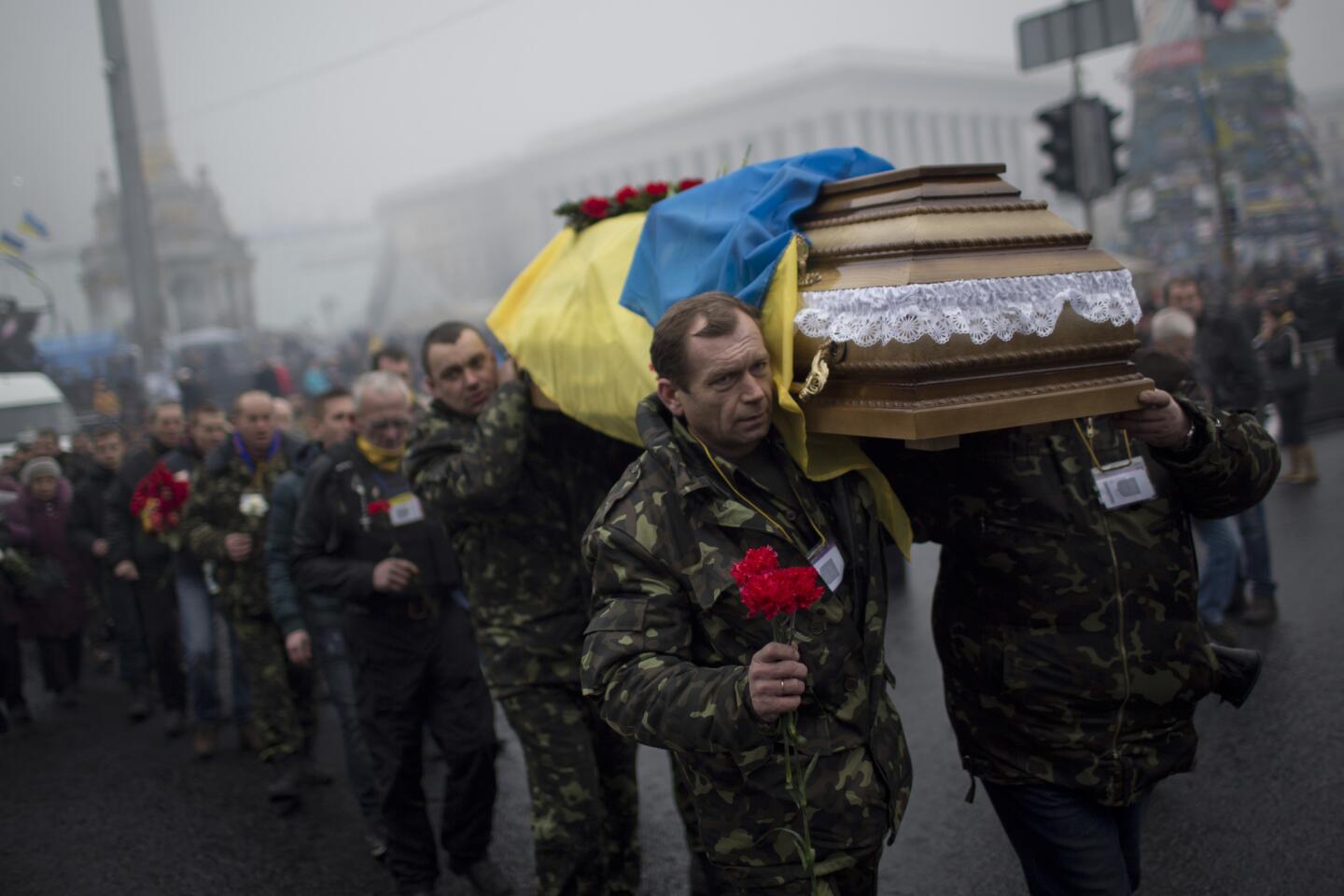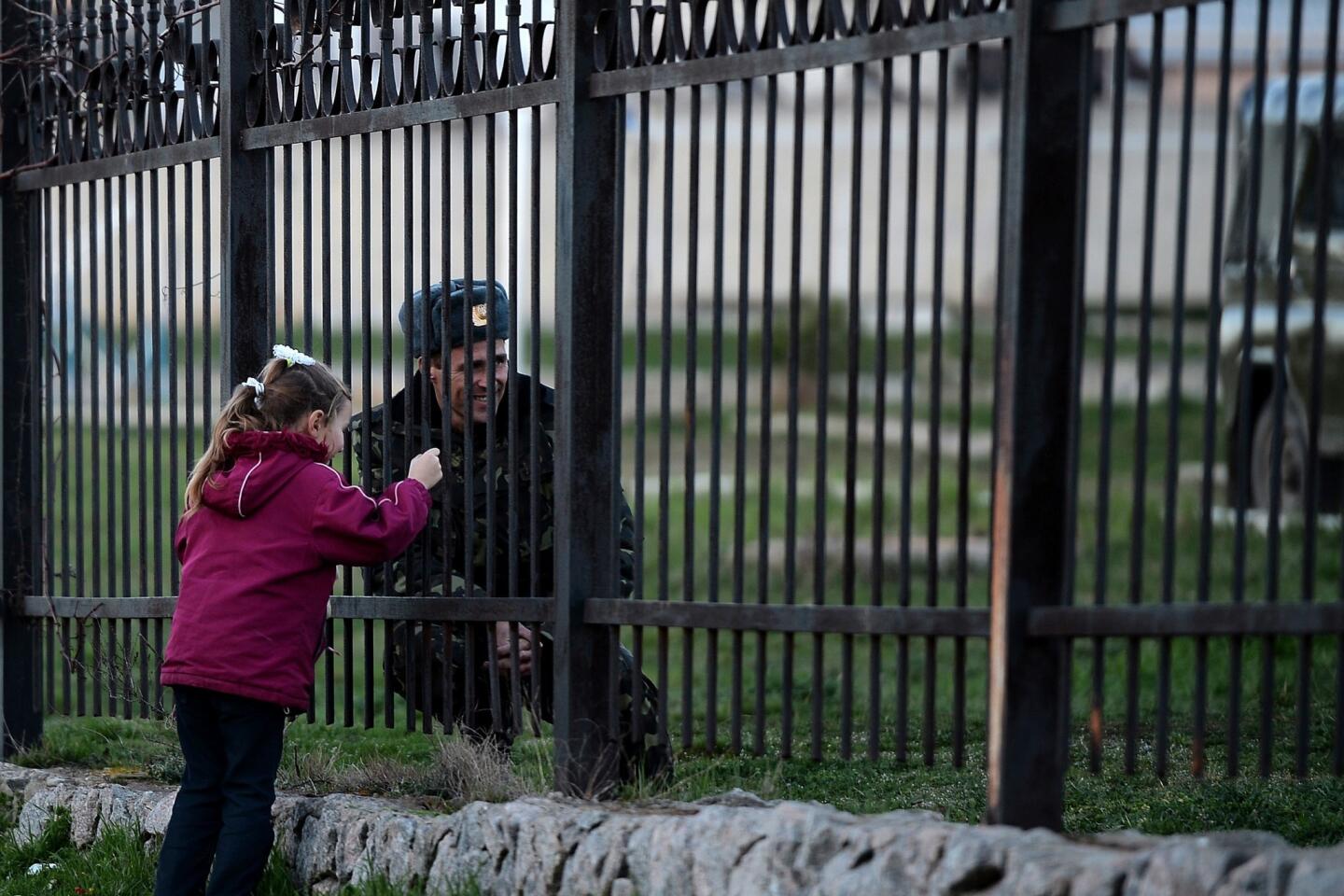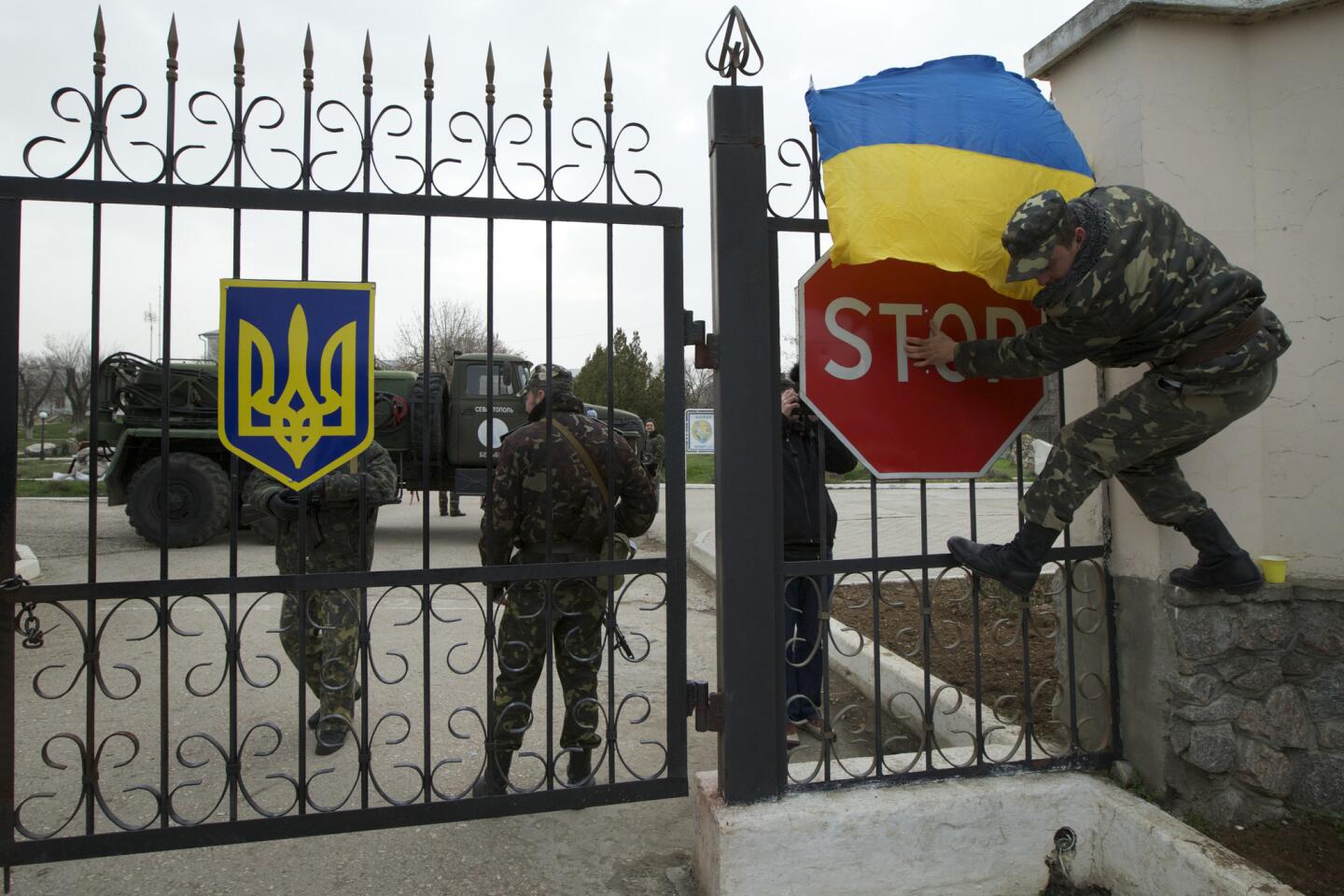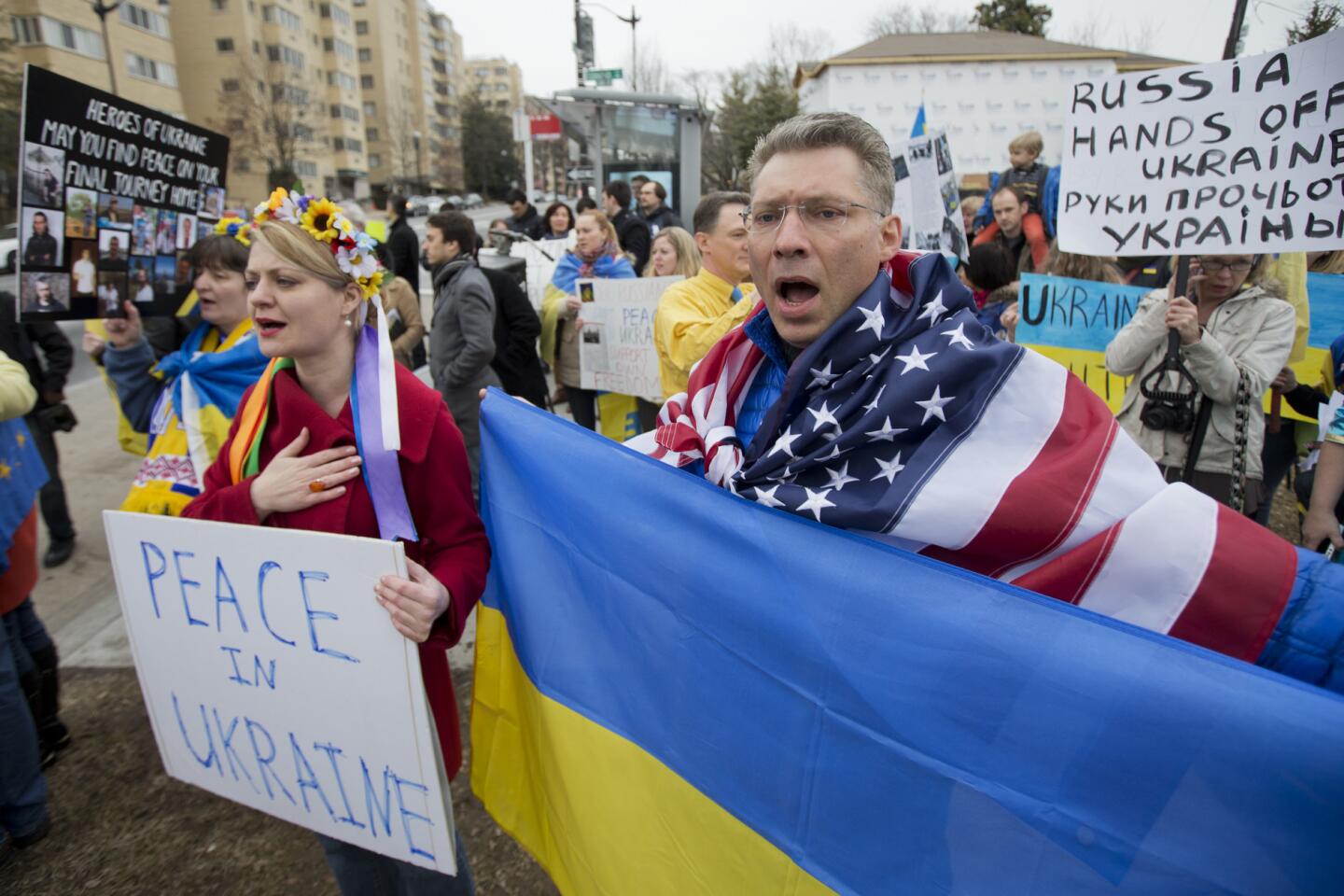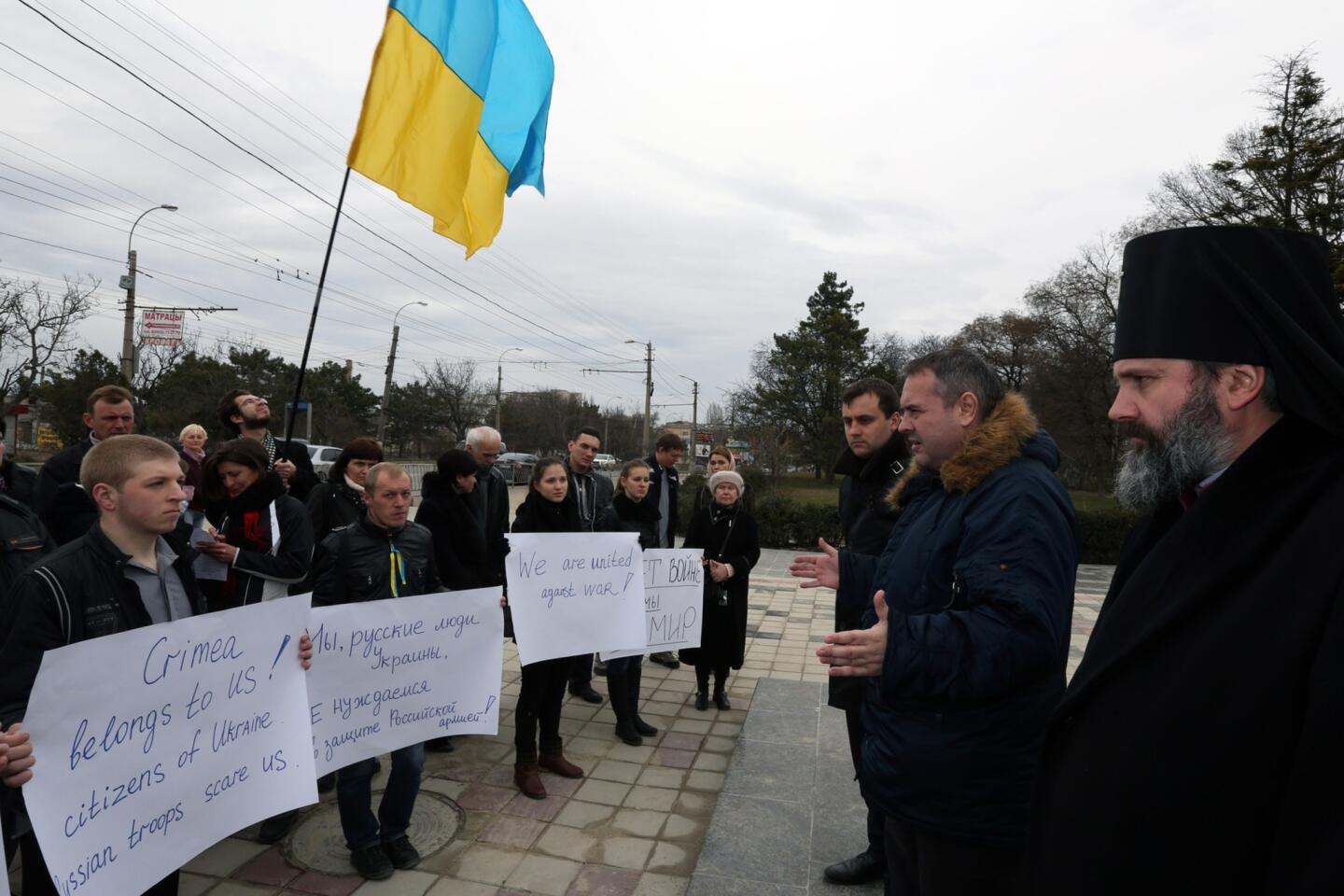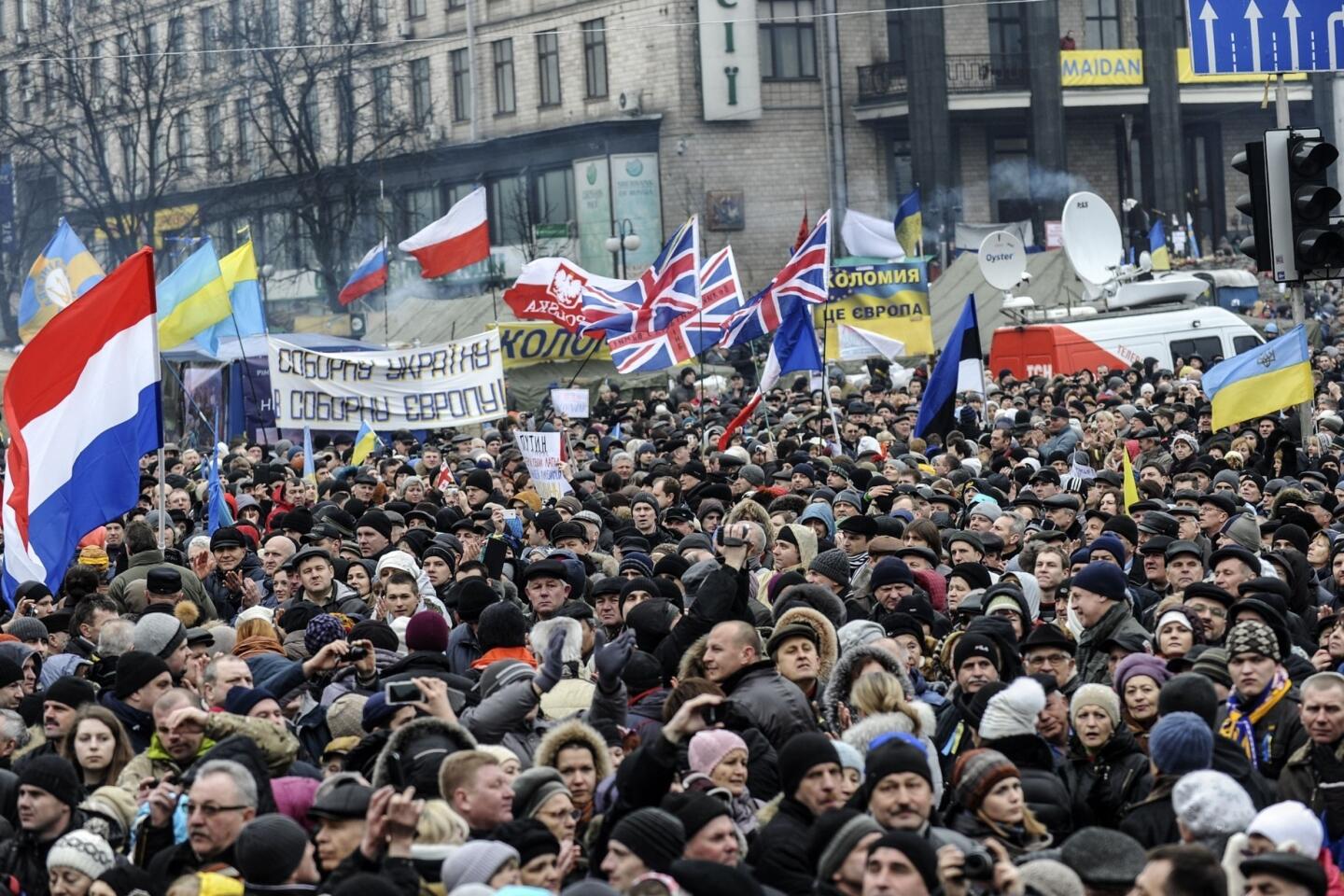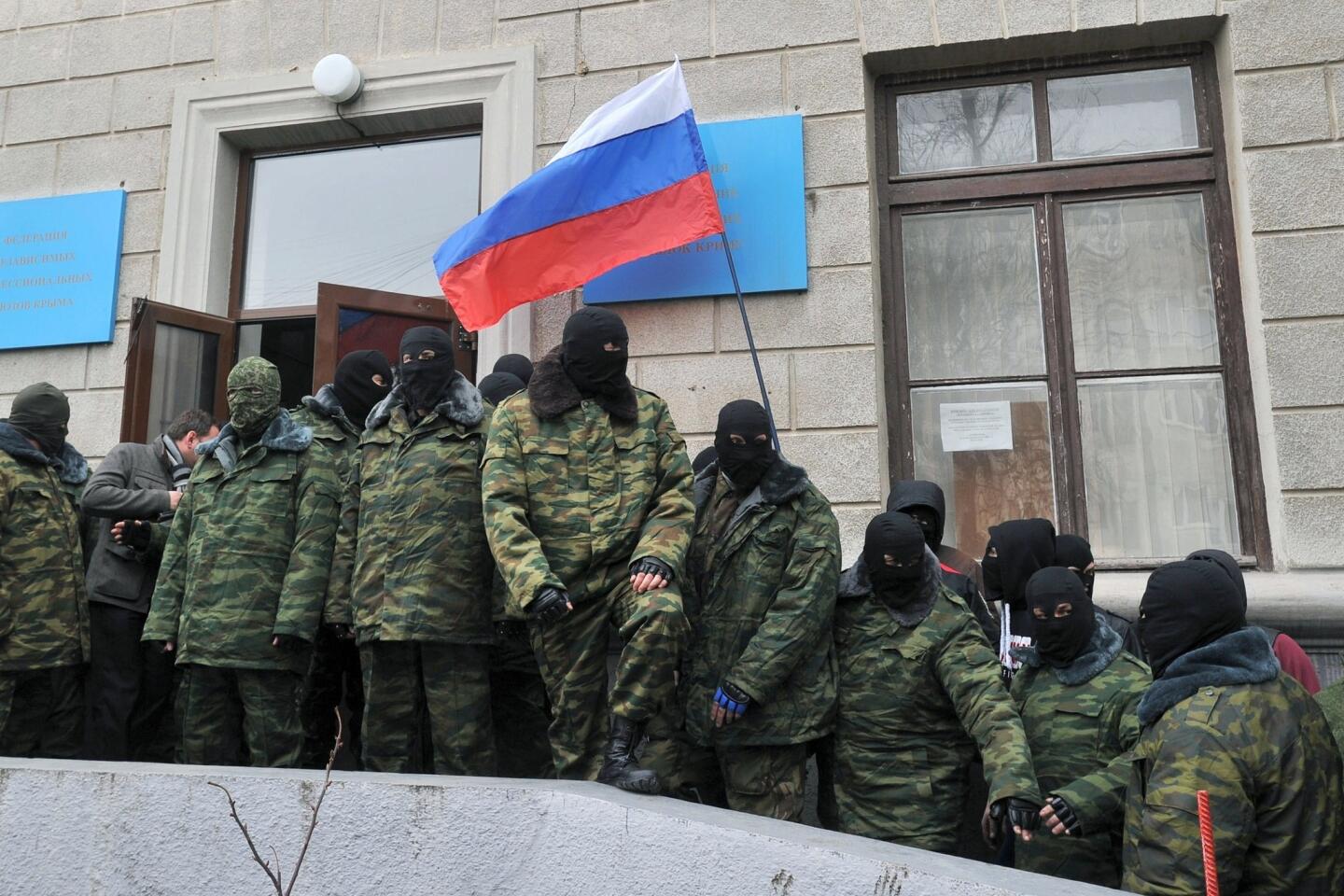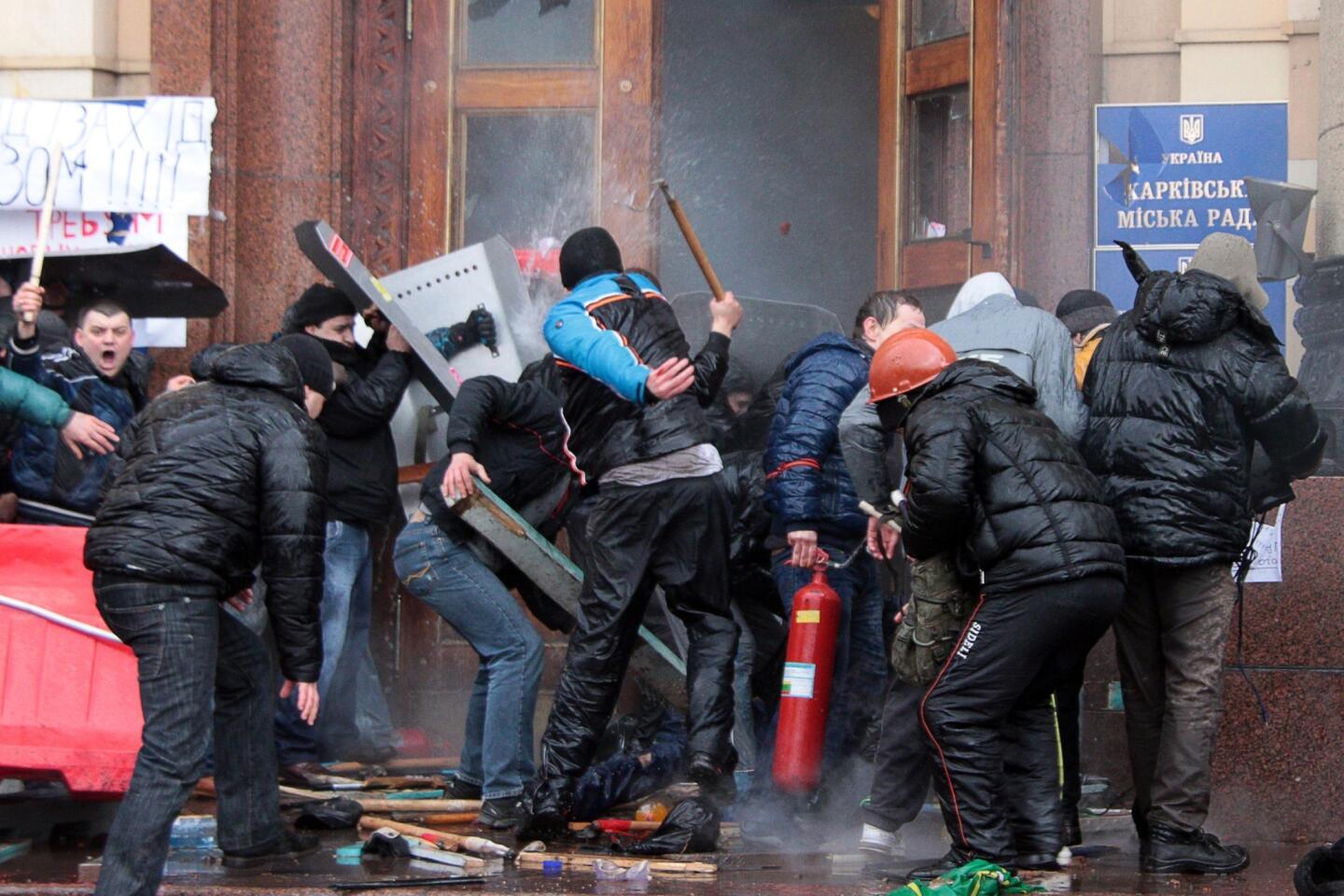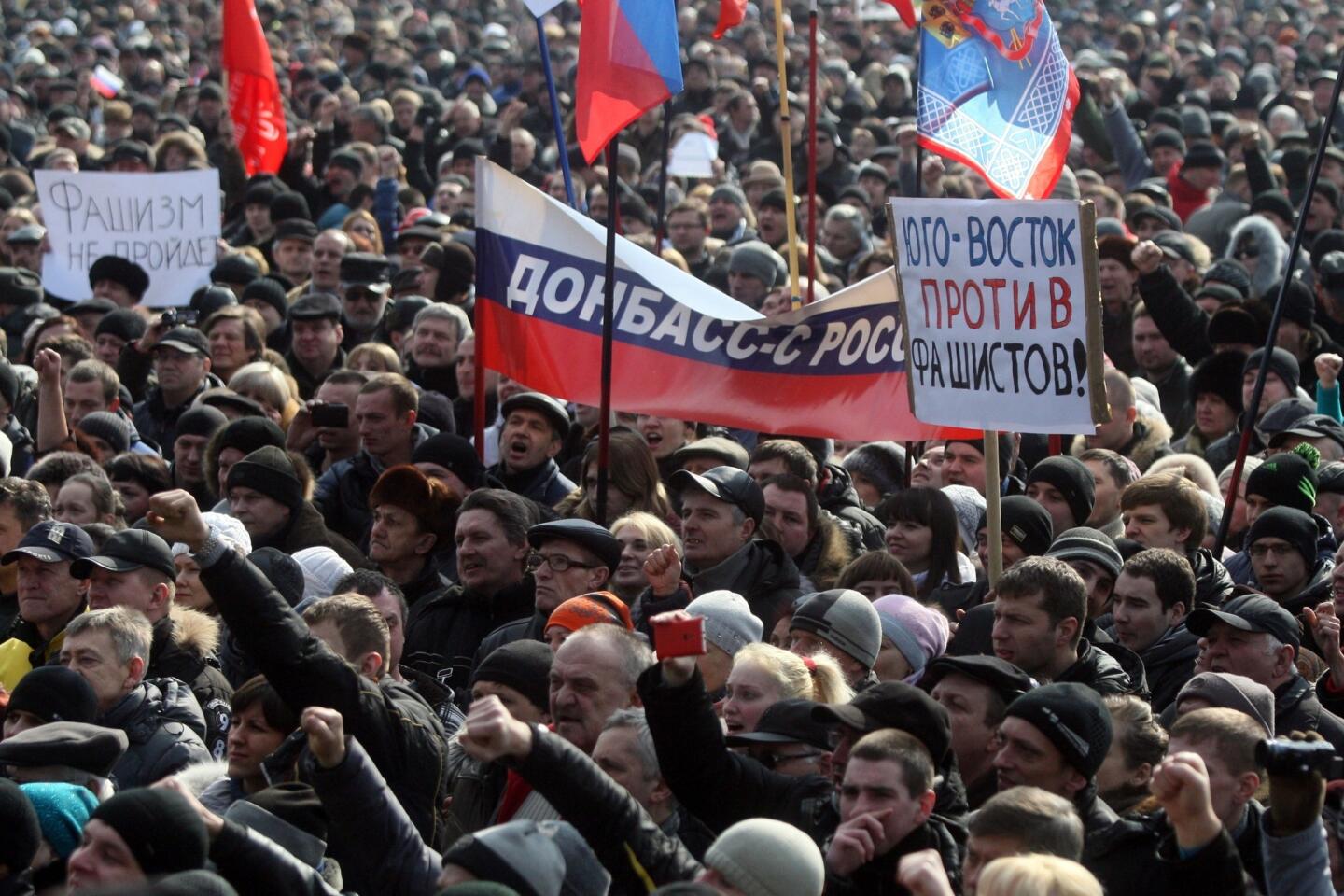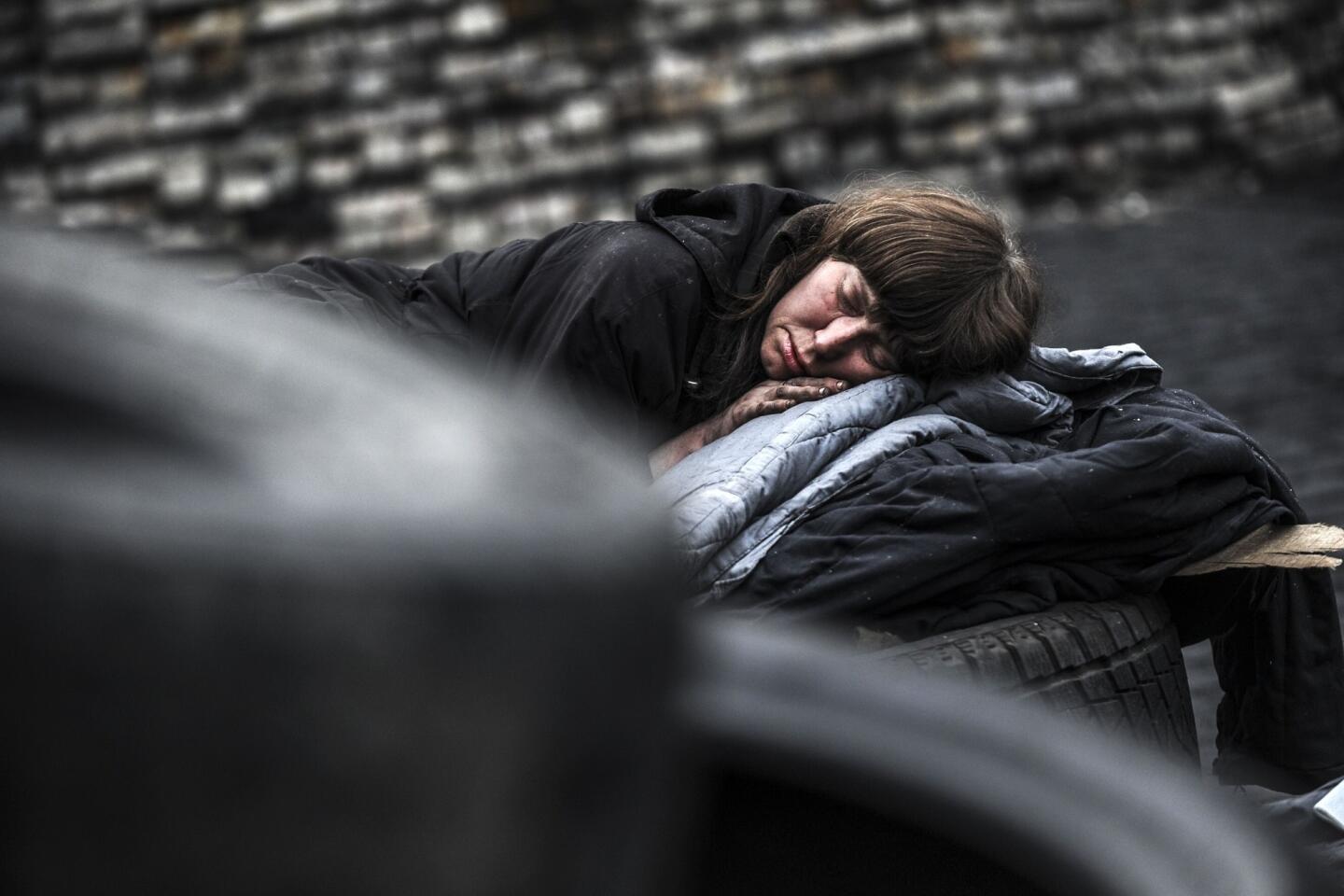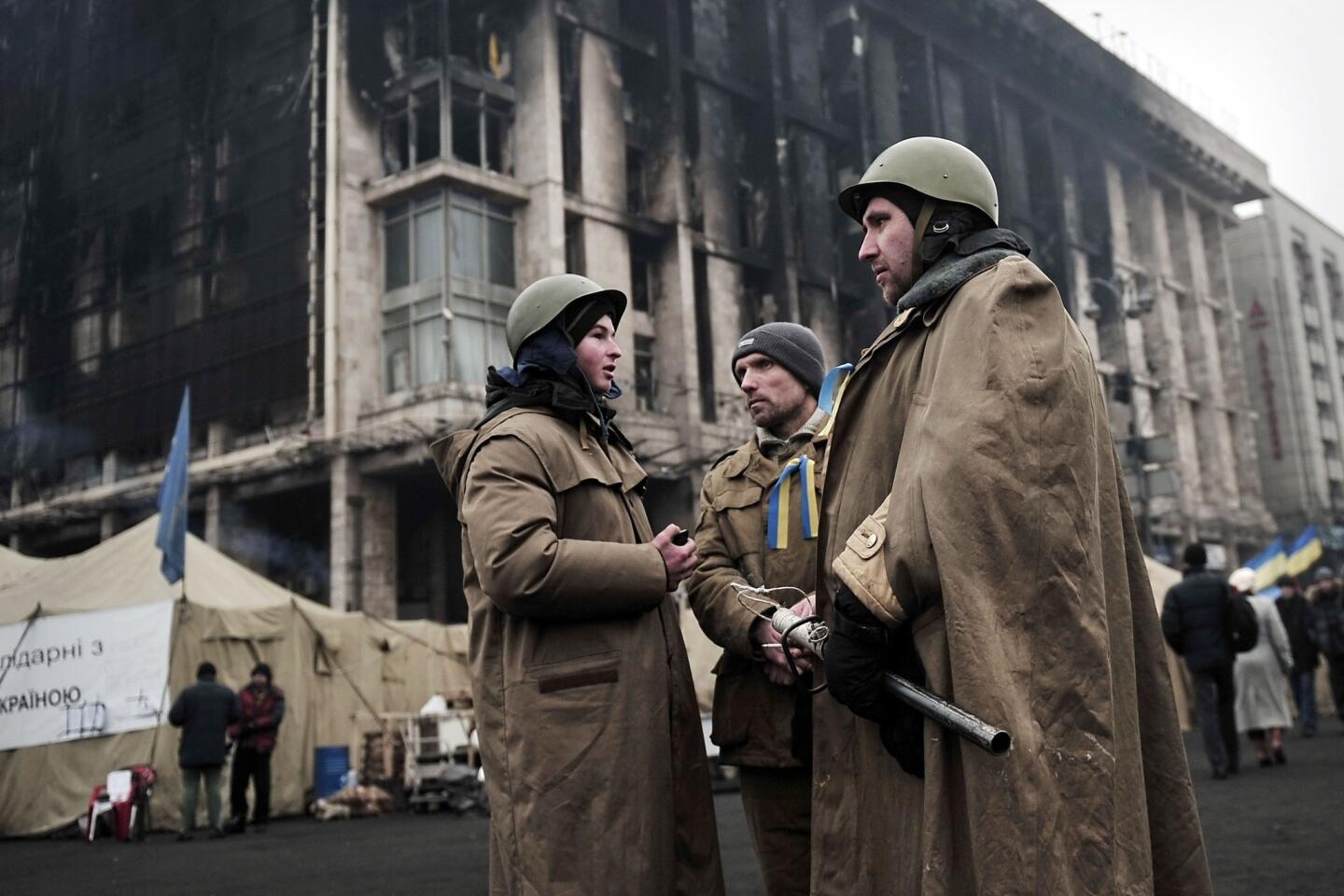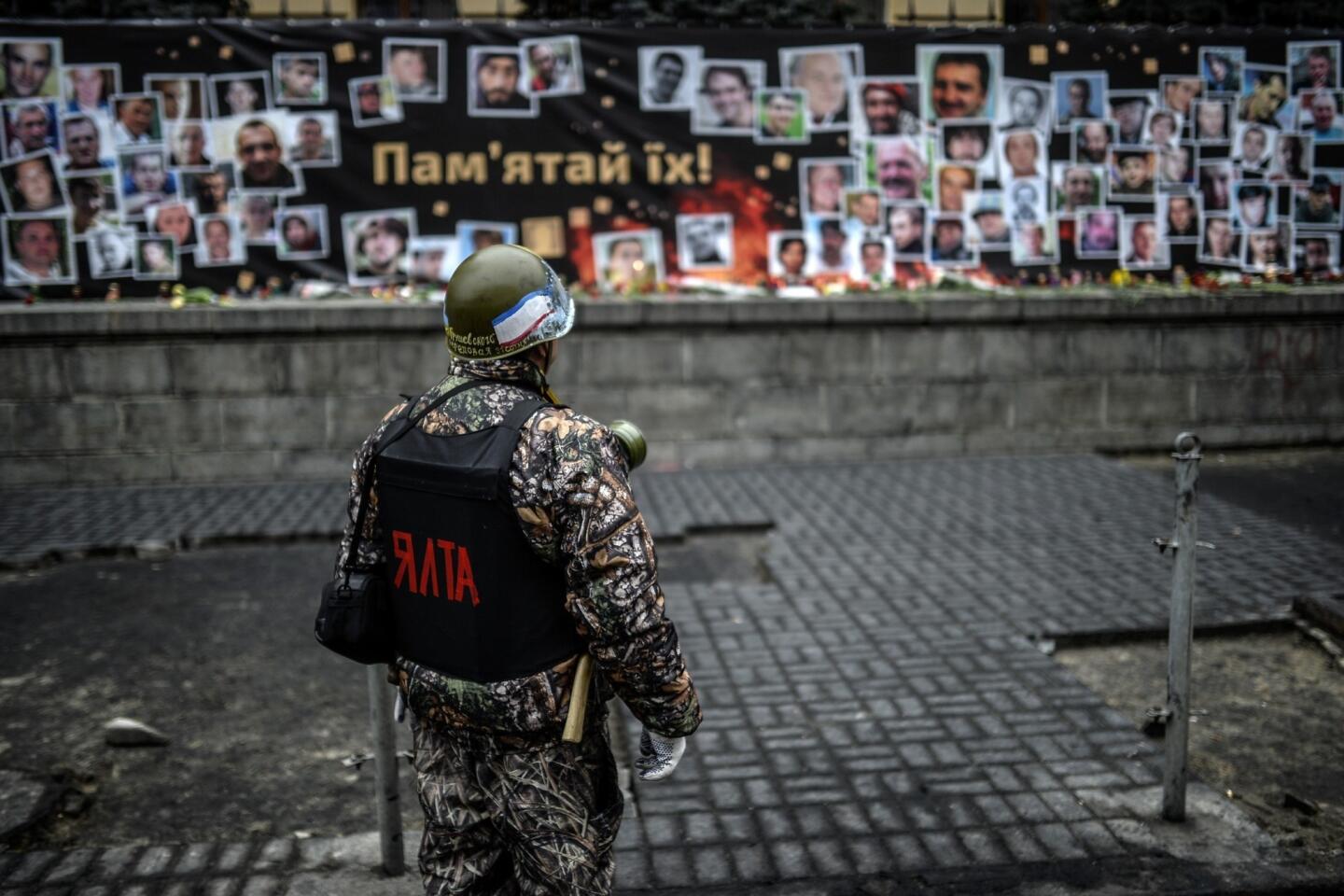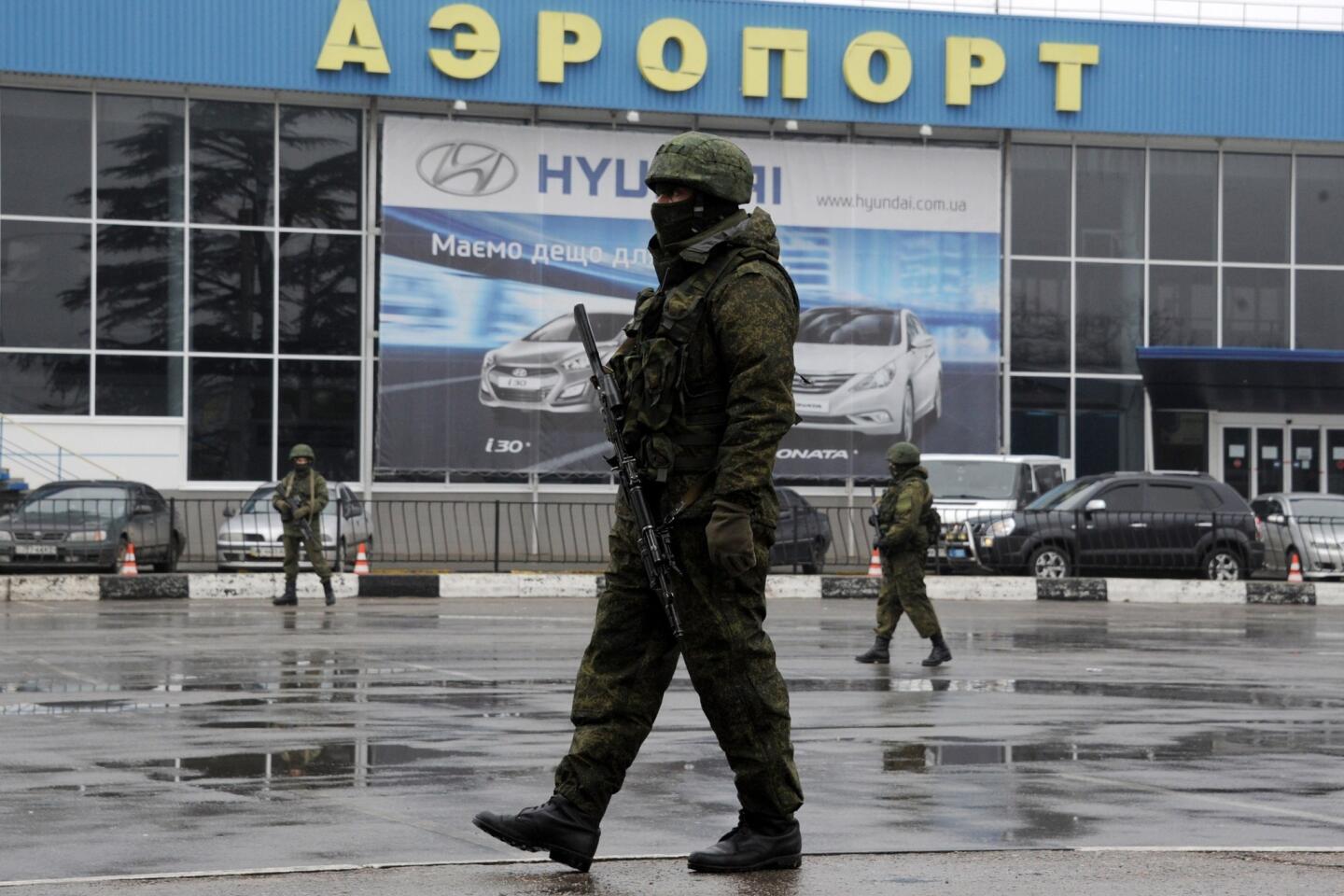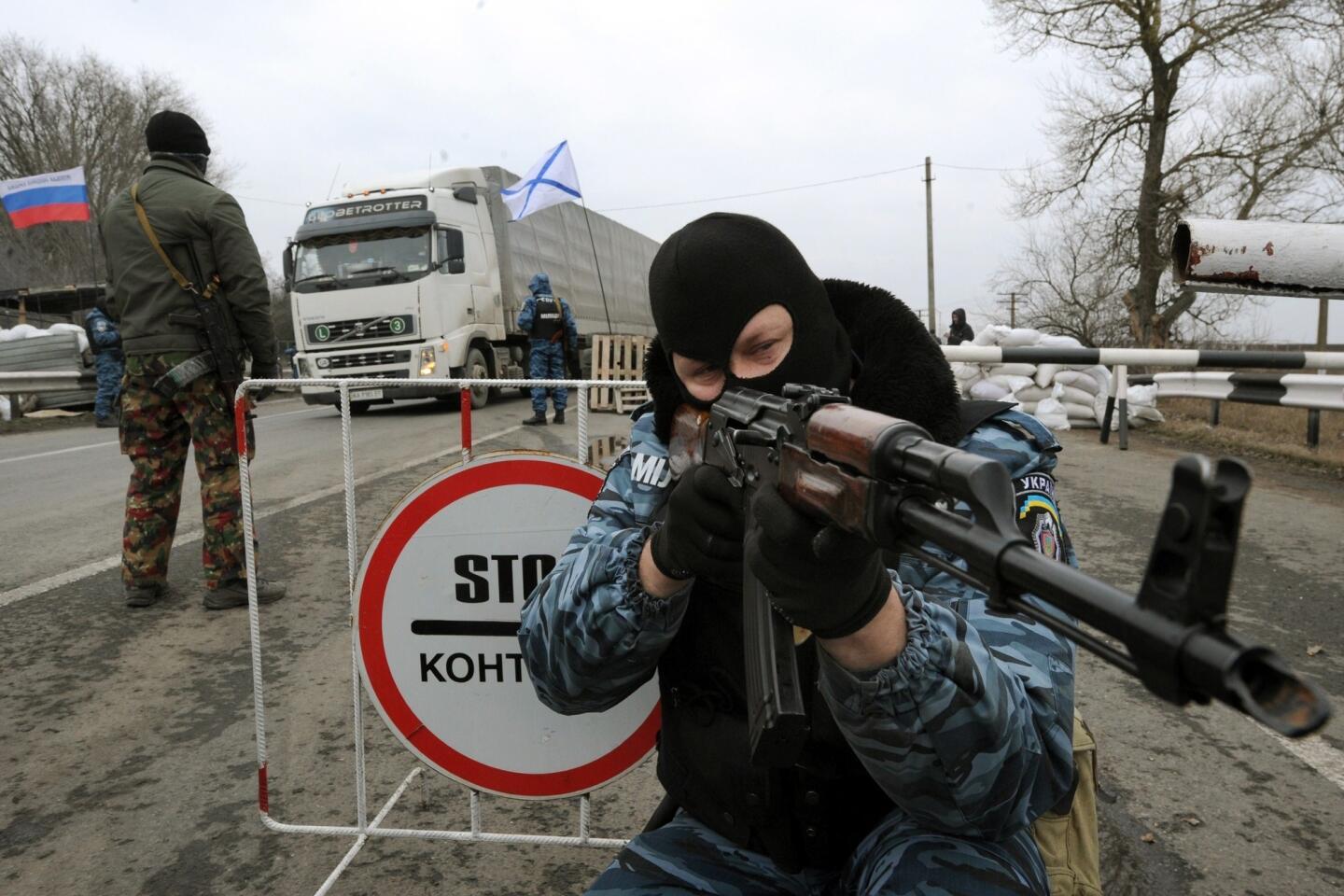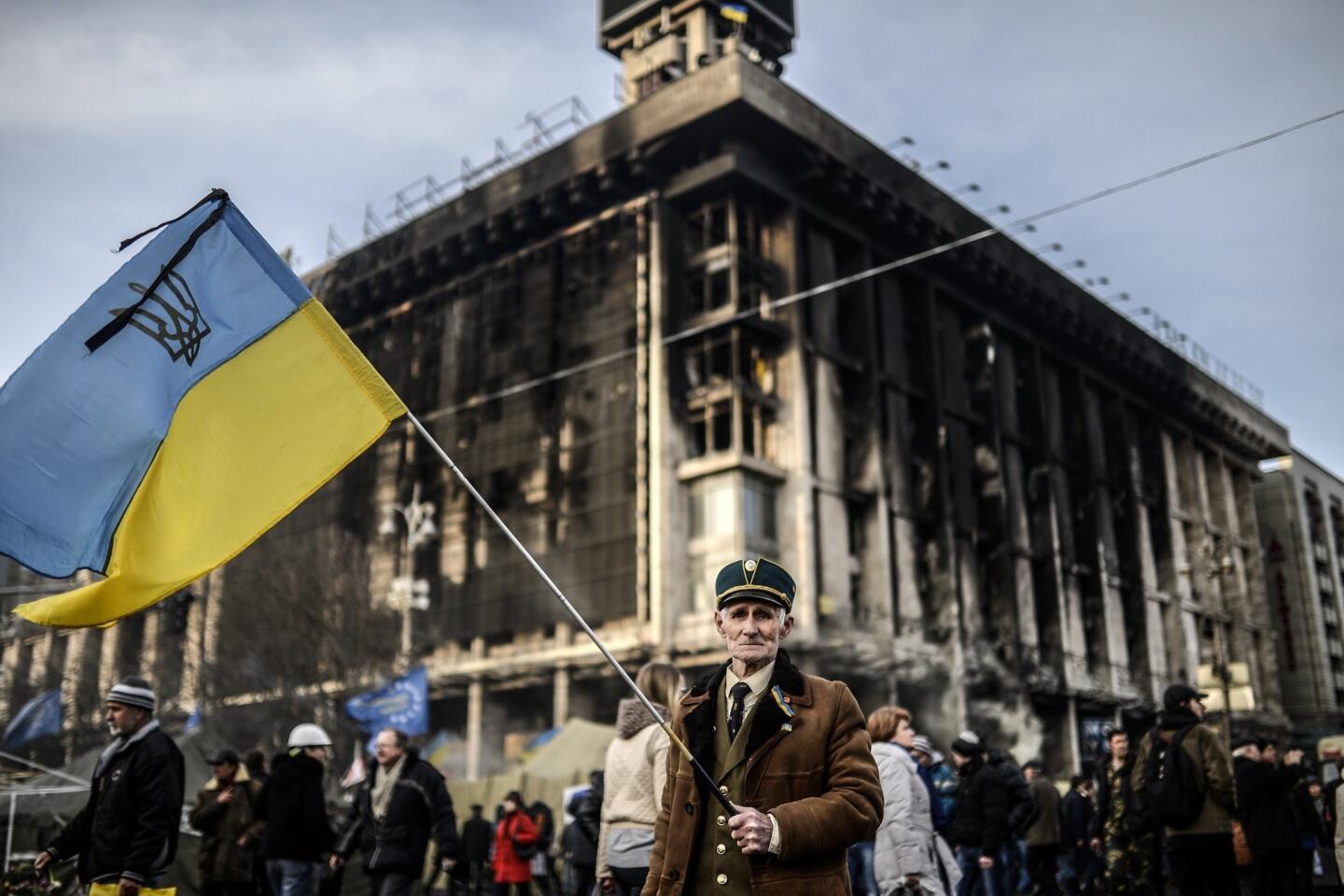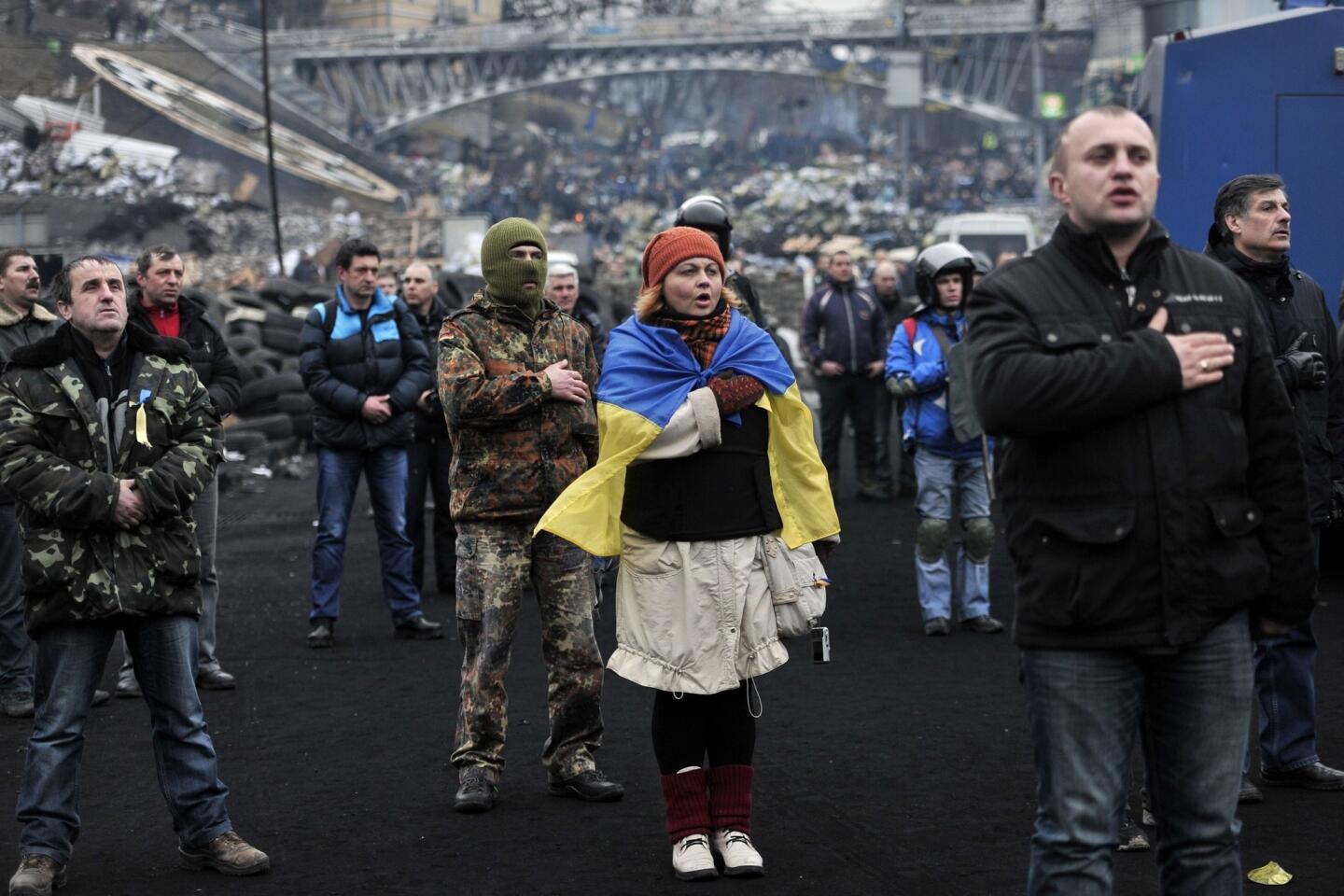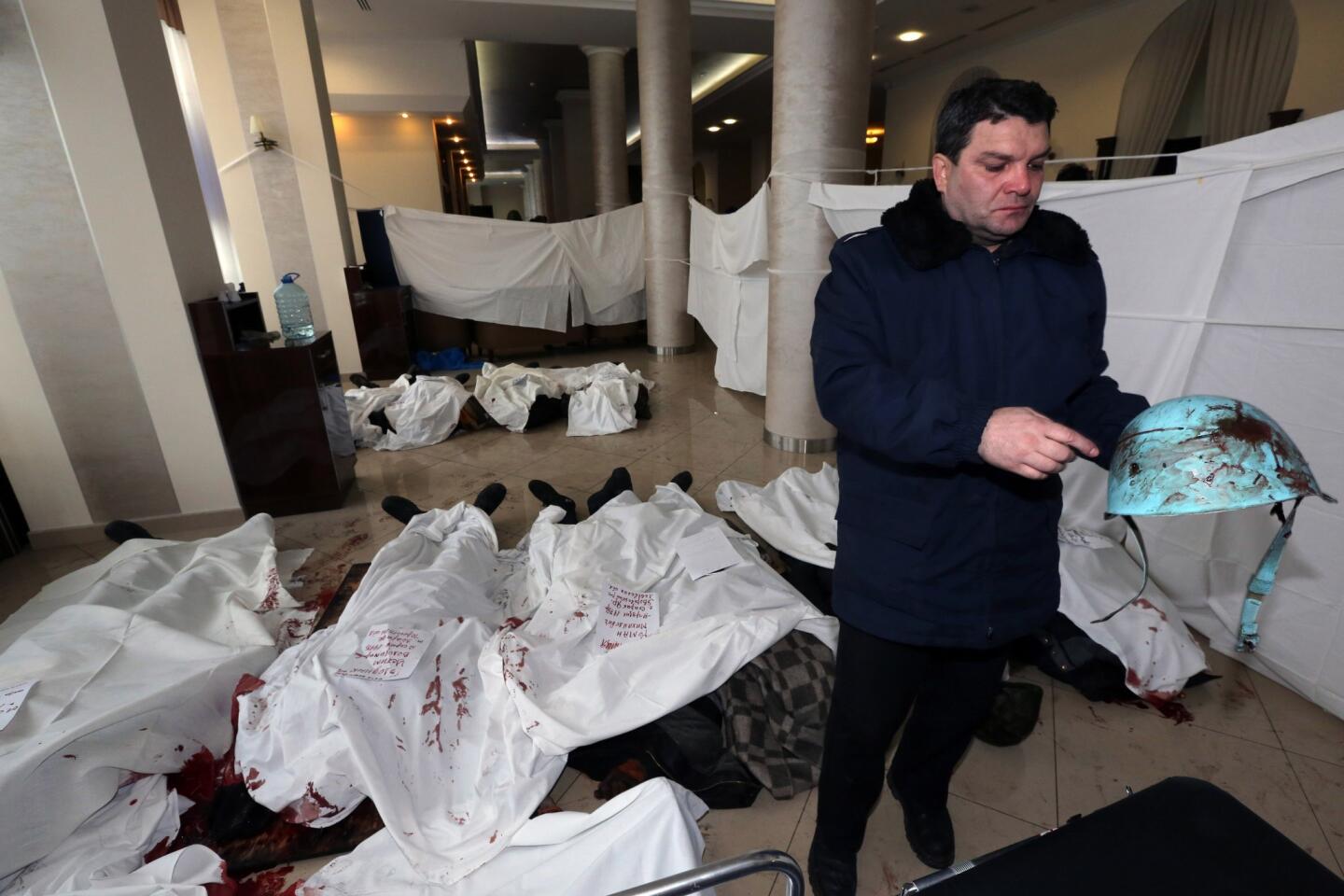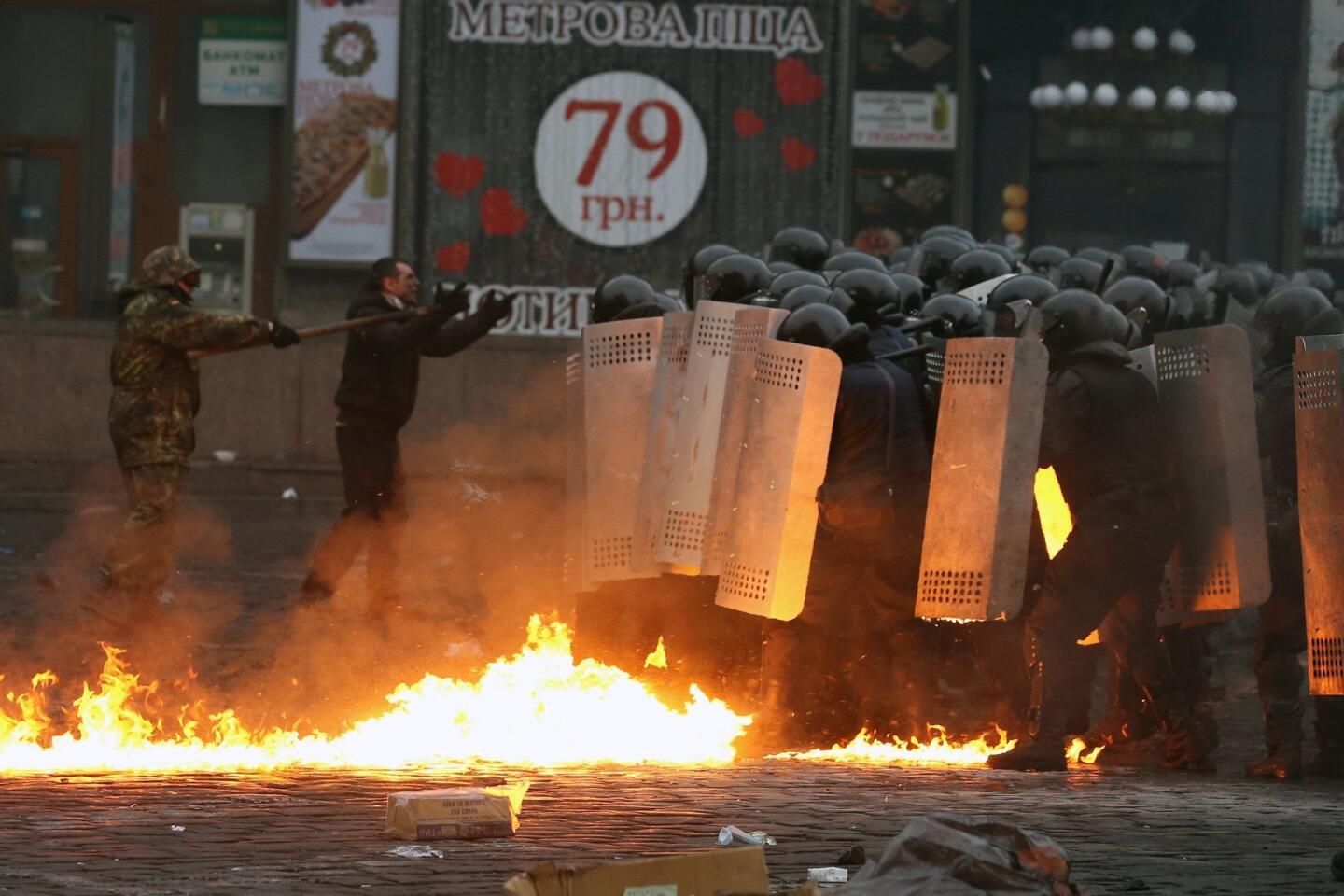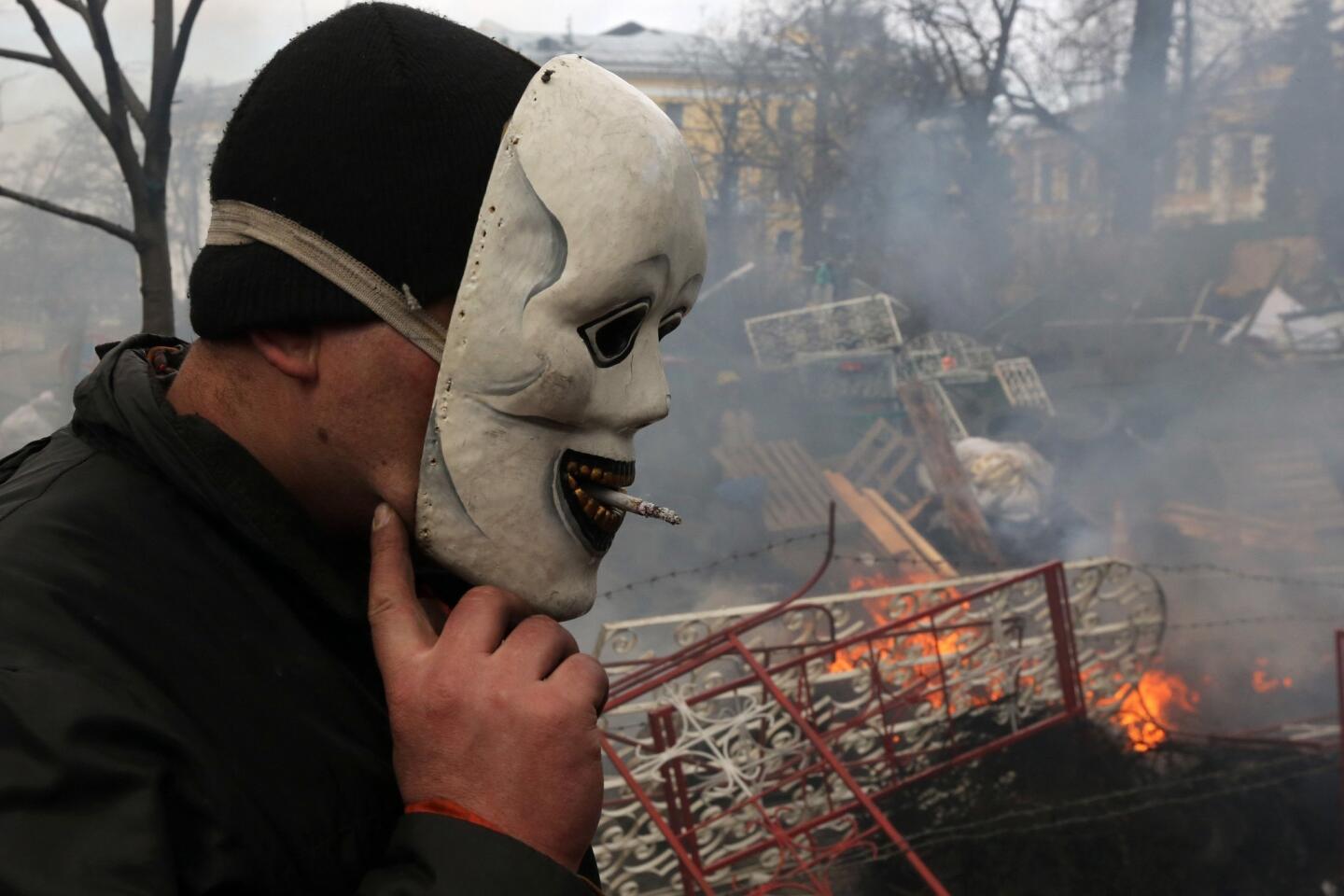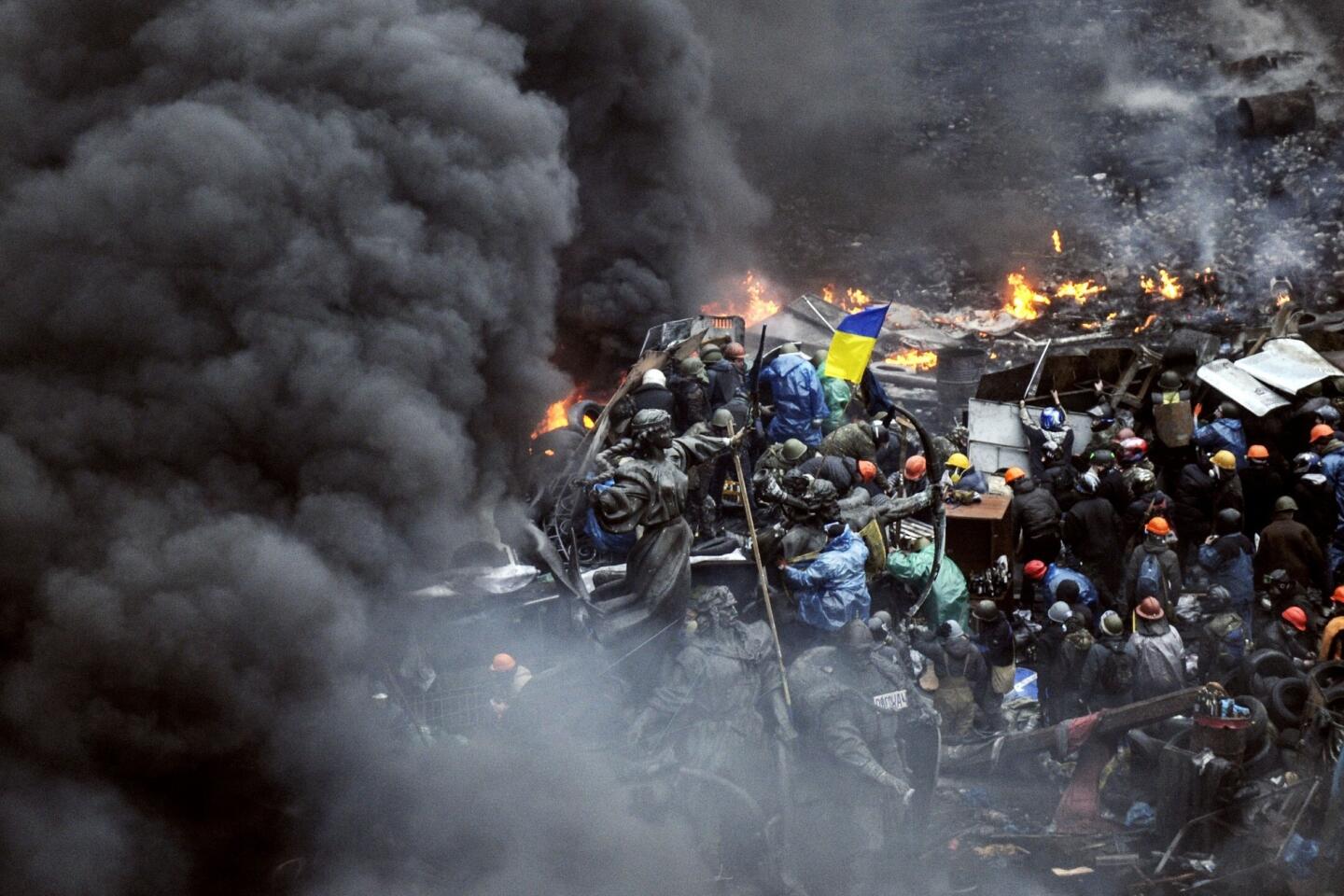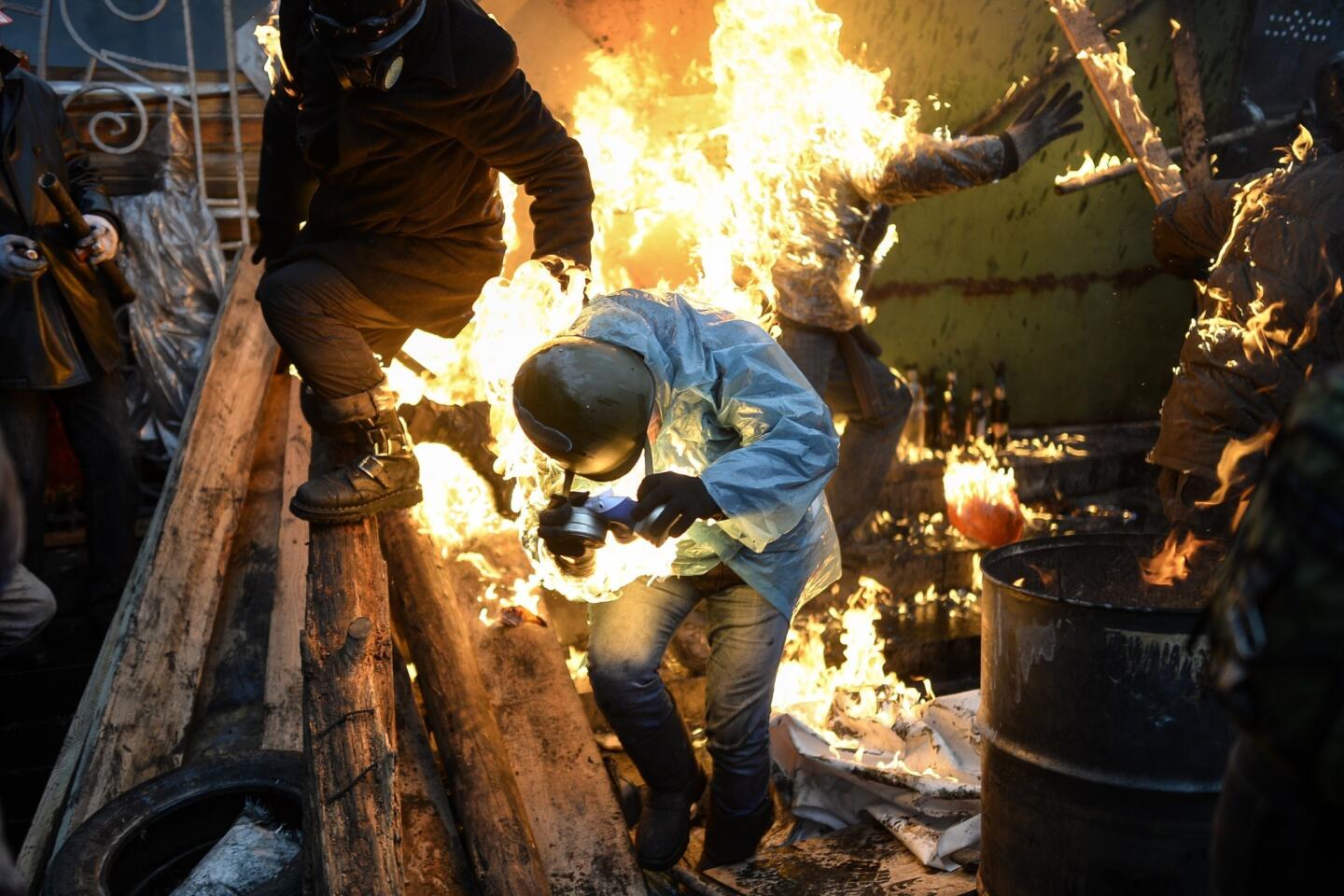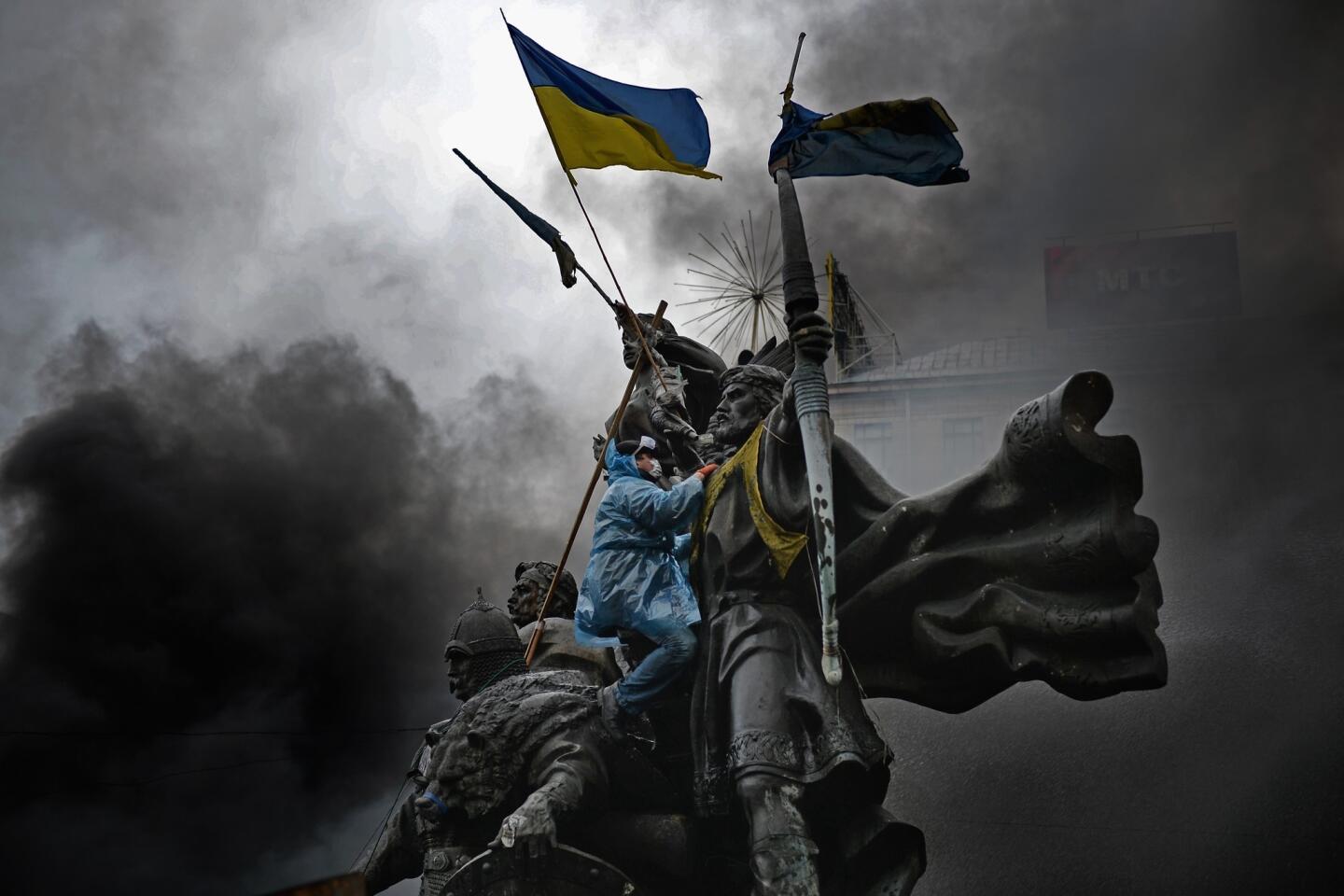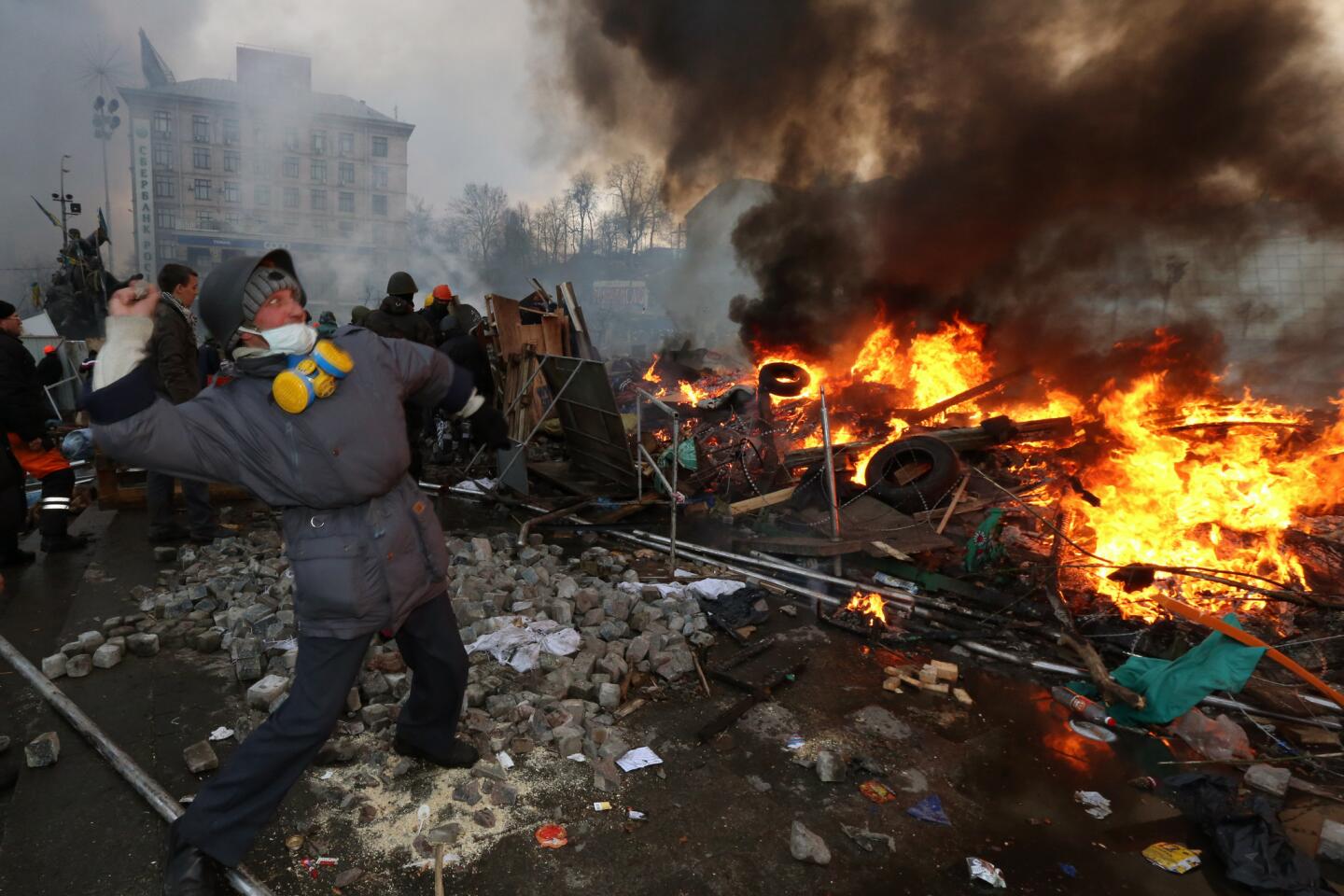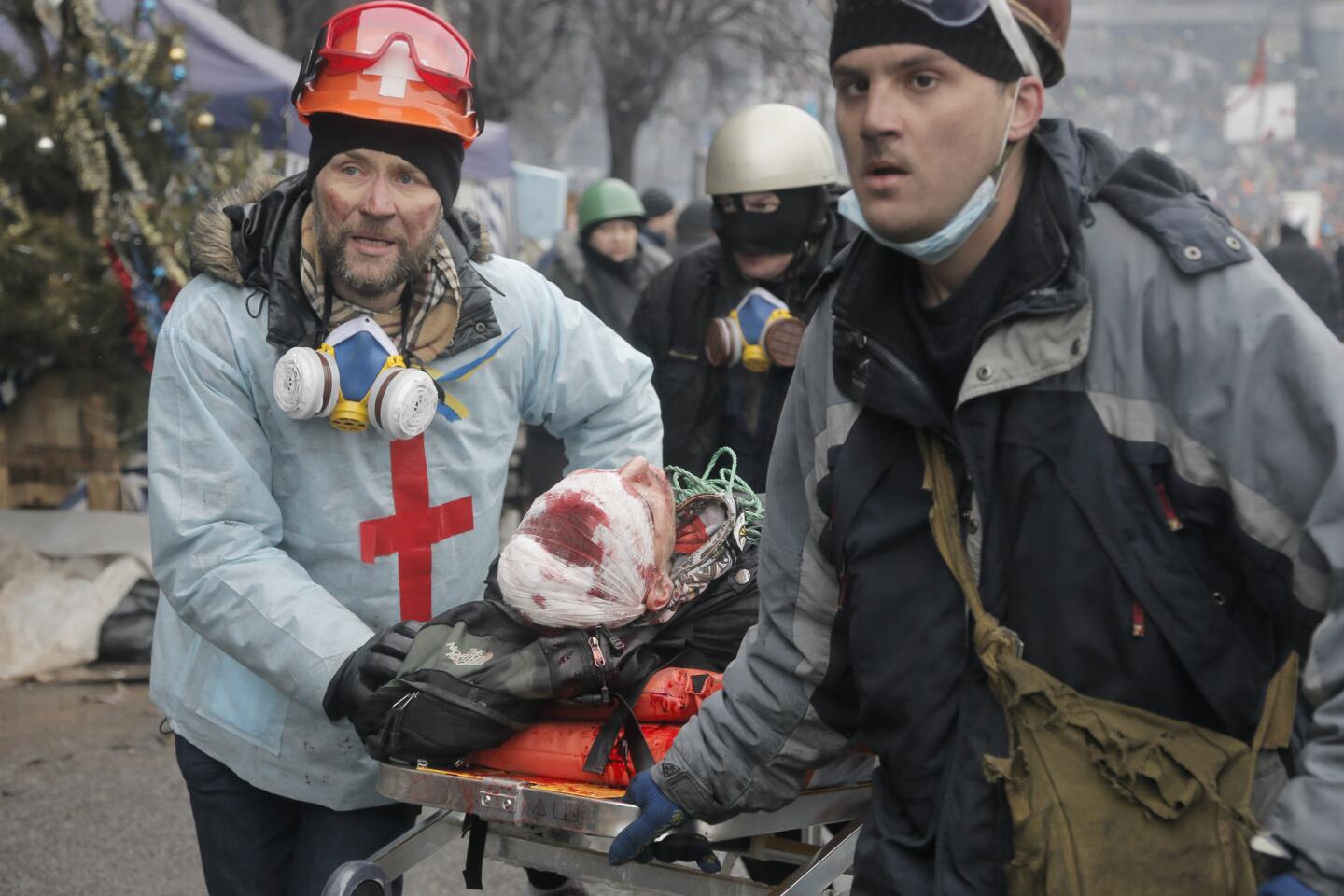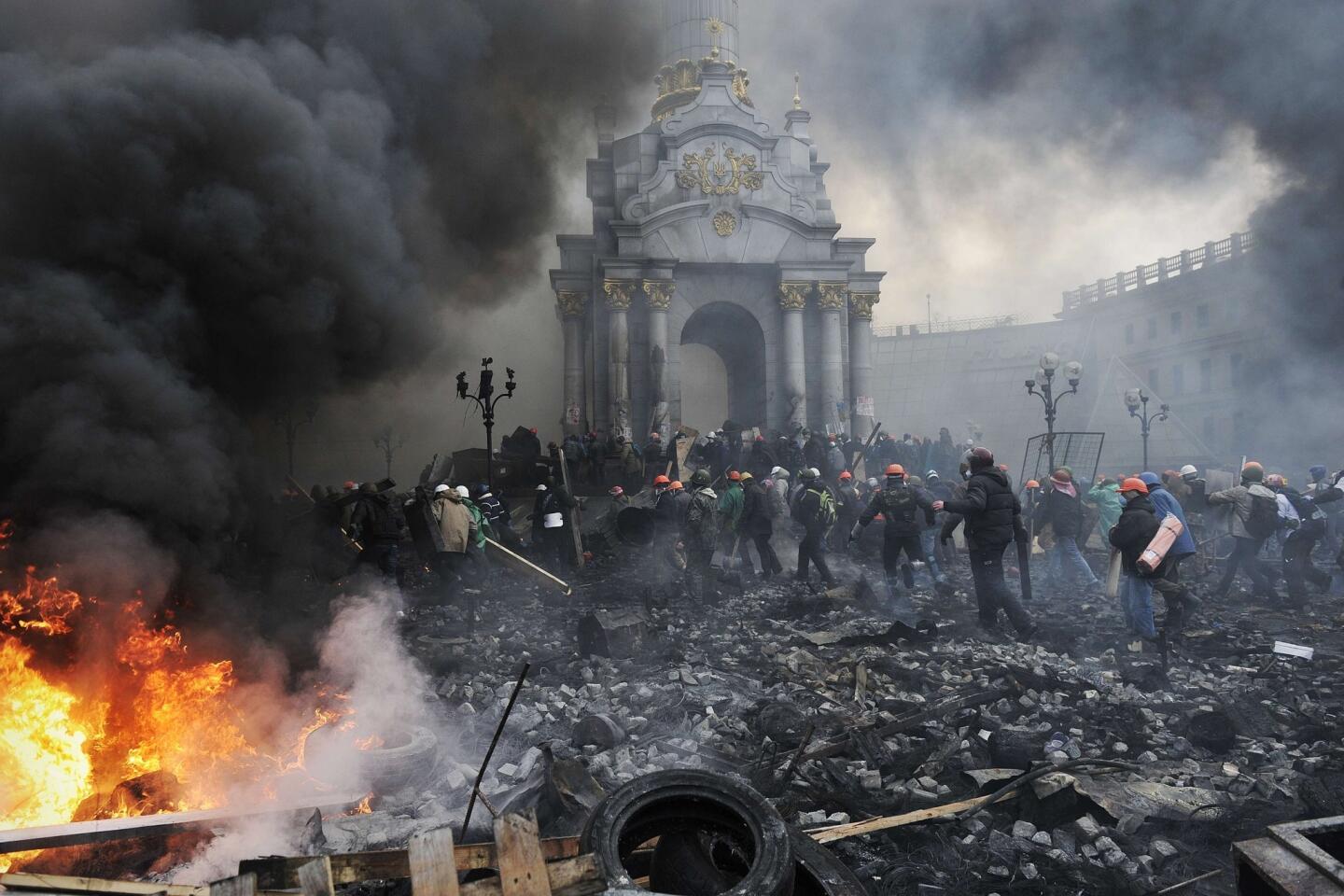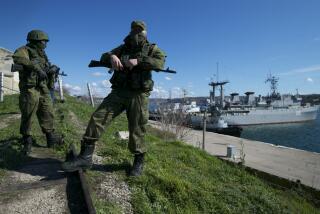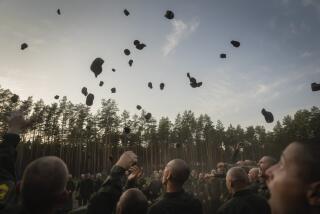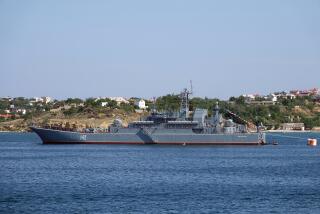Contentious referendum looks to seal Crimea fate
PEREVALNE, Ukraine — Shortly after hundreds of polling stations opened across the breakaway Ukraine’s Autonomous Republic of Crimea on Sunday, it became increasingly clear that after 23 years of being part of the Ukraine Crimean peninsula washed by the Black Sea in its south made albeit an illegitimate but quite effective leap toward rejoining Russia, to which Crimea had belonged for over three centuries before.
The referendum, declared illegal by the Interim Government in Kiev and by all the Western powers, would have hardly happened at all without the impressive assistance of Russian armed forces which have de facto occupied the breakaway peninsula since the end of February, when the heavily armed Russian commandos captured the government and parliament buildings in the regional capital of Simferopol and installed the pro-Kremlin government, immediately asking for military and economic assistance from Russia. Its Russia-leaning parliament, at a closed-door session and protected by Russian guns, called for a fateful referendum and then declared independence of Ukraine.
“The referendum will pass the way the Crimean people choose, and it will be inexorable and categorical,” Sergei Aksenov, the region’s new premier wrote Sunday in his Twitter account before the polls opened. “Crimea will become part of Russia.”
In another tweet, Aksenov appealed to journalists to come and cover the voting.
The appeal however was preceded by an ugly scene in a central Moskva hotel in Simferopol the previous night when about two dozen gunmen in masks and without insignia had broken into the hotel full of foreign journalists and international observers and for over an hour occupied its fourth floor, intimidating journalists by pointing loaded Kalashnikovs and even a grenade launcher at them, searching their bags and confiscating flash cards from video and photo cameras.
“Go back to your Los Angeles before we break your glasses!” one of them told a Times reporter, pointing his gun at his face. The commander seized the journalist’s camera, took out the flash card, threw it on the floor and destroyed it with his huge dagger. Later that night, a man who introduced himself as new Crimean Defense Minister Valery Kuznetsov told journalists that the whole commotion was caused by a false alarm and the gunmen left the hotel.
Early in the afternoon Sunday, Aksenov declared the referendum valid, saying the voter turnout reached about 50% by noon. “Tomorrow we will hold Crimean [parliament] session which will endorse the referendum results,” Aksenov said in televised remarks. “The program of the autonomy’s development is being already elaborated today with our Russian colleagues.”
The voting Sunday morning appeared quite active not only in Simferopol and Sevastopol where Russia has its Black Sea fleet’s base, but in the rural areas as well. But an absolute majority of the voters coming to the polls Sunday appeared to be ethnic Russians, who constitute a majority of 60%, whereas ethnic Ukrainians number about 20% and the indigenous people of the peninsula – Crimean Tatars – make up about 13%, the last census said.
Russian songs were played deafeningly loud through massive loudspeakers placed at the entrance of a polling station in the small town of Perevalne, about 16 miles south of Simferopol, as new voters were hurrying to the station covering themselves with umbrellas from a sudden wet snowstorm.
Of the two questions, whether Crimea should seek to join Russia or whether it should stay in Ukraine as an expanded autonomy, the voters of Perevalne invariably chose the the first option.
“I have been looking forward to this moment for the last 23 years and now my dream is finally coming true,” Yelena Gavysheva, a 59-year-old pensioner, told The Times. “Now we will reunite with our real motherland and our salaries and pensions will grow, among other things.”
“I am sick and tired of the constant government changes in Kiev and I don’t want the political violence to come here,” said Natalia Lapyrina, 30, a primary-school psychologist. “Russia will certainly protect us from fascist radicals coming here from [Ukraine’s] west.”
Crimean Tatars, still remembering the shock of their forceful deportation and exile by Josef Stalin in 1944, mostly stayed at home ignoring the referendum.
“We have all agreed to boycott the referendum as we want to go on living in Ukraine where human rights and freedoms are much more respected than in Russia,” Memet Eminov, a 46-year-old ethnic Crimean Tatar and a bus driver, told The Times in his home in Perevalne. “We realize that most likely Russia will grab Crimea now and we can only pray that there’s no war.”
Not far from his home and about 300 yards from the polling station, Russian armored vehicles and soldiers wearing masks and holding guns were still surrounding a Ukraine army unit which continued to reject Russian demands to surrender weapons and leave the unit’s territory.
The Russian military, it appeared, had other plans than to pack and go home after the referendum, a Russian soldier who gave his name only as Sergei implied.
“This is not the end,” he said in a conversation with a Times reporter. “What about [Ukraine eastern regional centers] Kharkiv, Donetsk, and what about Kiev? We can’t leave them to fascists.”
Sergei explained the white band on his and his comrades’ arms by telling of a warning they had received about a provocation in the works by Kiev-sent “fascists” dressed in the same uniforms who may attack their positions.
In the meantime, on the Black Sea Coast near the resort city of Feodosia, Russian soldiers besieging a Ukraine marine base were observed setting up about 40 anti-tank mines around the perimeter of the unit, Alexaei Mazepa, Ukraine Defense Ministry spokesman said.
“As of Monday when they announce the results of the referendum, Crimea’s new authorities and the Russian military will consider our army and navy units they are blocking now, an aligned armed contingent and may step up their pressure all the way up to direct armed attacks,” Mazepa said in an interview with The Times.
Ukraine acting President Olexandr Turchinov called the Crimean referendum “a provocation by the Kremlin” which violates Ukraine’s constitution.
“It false from beginning to end and its results will not reflect the real moods in the autonomy,” Turchinov said in a statement posted on the president’s official website Sunday. “We must understand that its results have already been painted in the Kremlin, which at least needs some grounds to official deploy troops in our lands and begin a war which will destroy human fates and the economic prospects of Crimea.”
Kiev has already give up Crimea and was now bracing for a new phase of Russian military aggression now against Ukraine’s mainland, political scientist Igor Popov said.
“Kiev vainly expected more serious assistance from the United States and NATO, which instead of at least sending their military adviser and some Patriot complexes to Ukraine have limited themselves to some vague threats of pinpoint economic sanctions against individual Russian officials, as if these empty threats can stop Putin from his plans to capture Kiev, unseat the [interim] government and reinstate [fugitive ex-President Viktor] Yanukovich back in control of Ukraine,” Popov, president of Politika Analytical Center, a Kiev-based think tank, said. “Now, as we are left alone against our powerful and crafty adversary, Ukrainian people are already buying ammo and arms to get ready for an all-out guerrilla war should the Russian army advance any further.”
sergei.loiko@latimes.com
More to Read
Sign up for Essential California
The most important California stories and recommendations in your inbox every morning.
You may occasionally receive promotional content from the Los Angeles Times.
